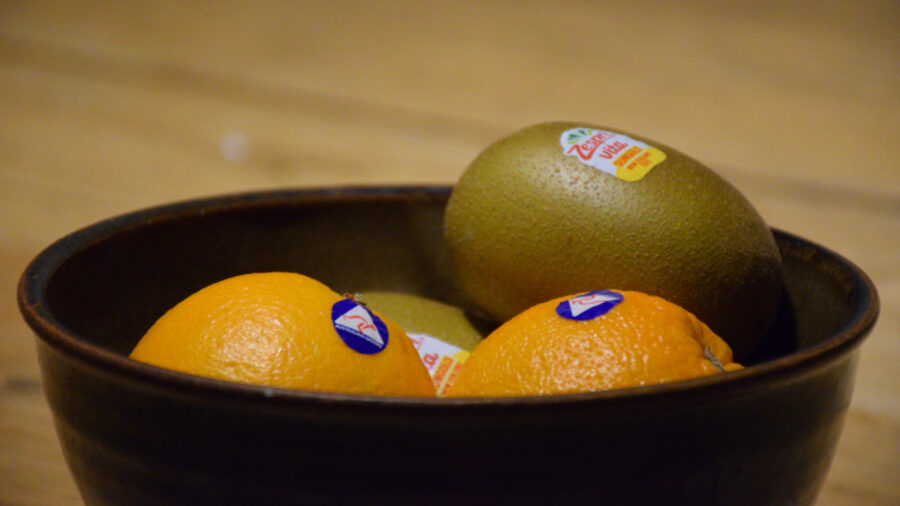
The International Fresh Produce Association Australia and NZ has called for a national approach to banning plastic non-compostable Price Look-Up code (PLU) produce stickers.
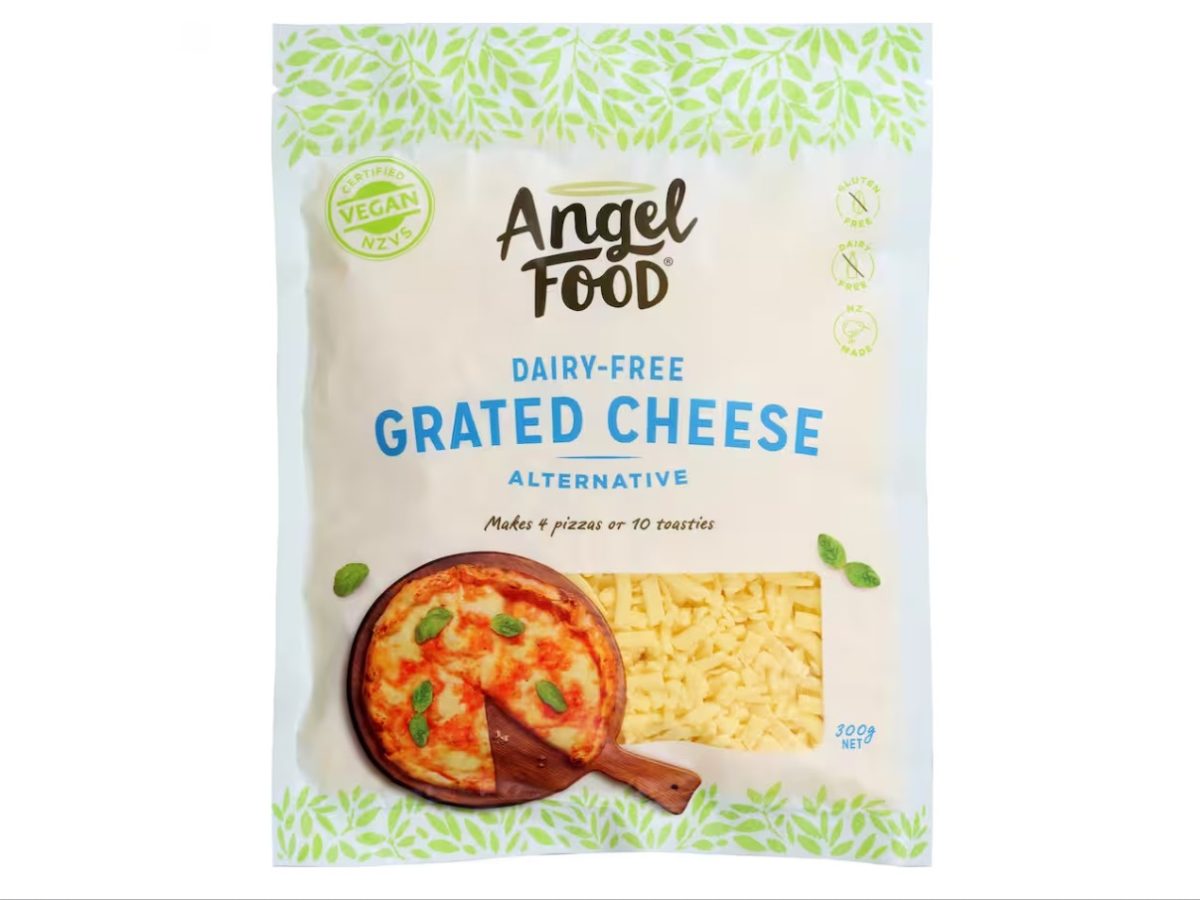
The NZ Vegetarian Society is drawing attention to the Vegetarian Approved and Vegan Certified trademarks, as plant-based products with vague product labelling proliferate.
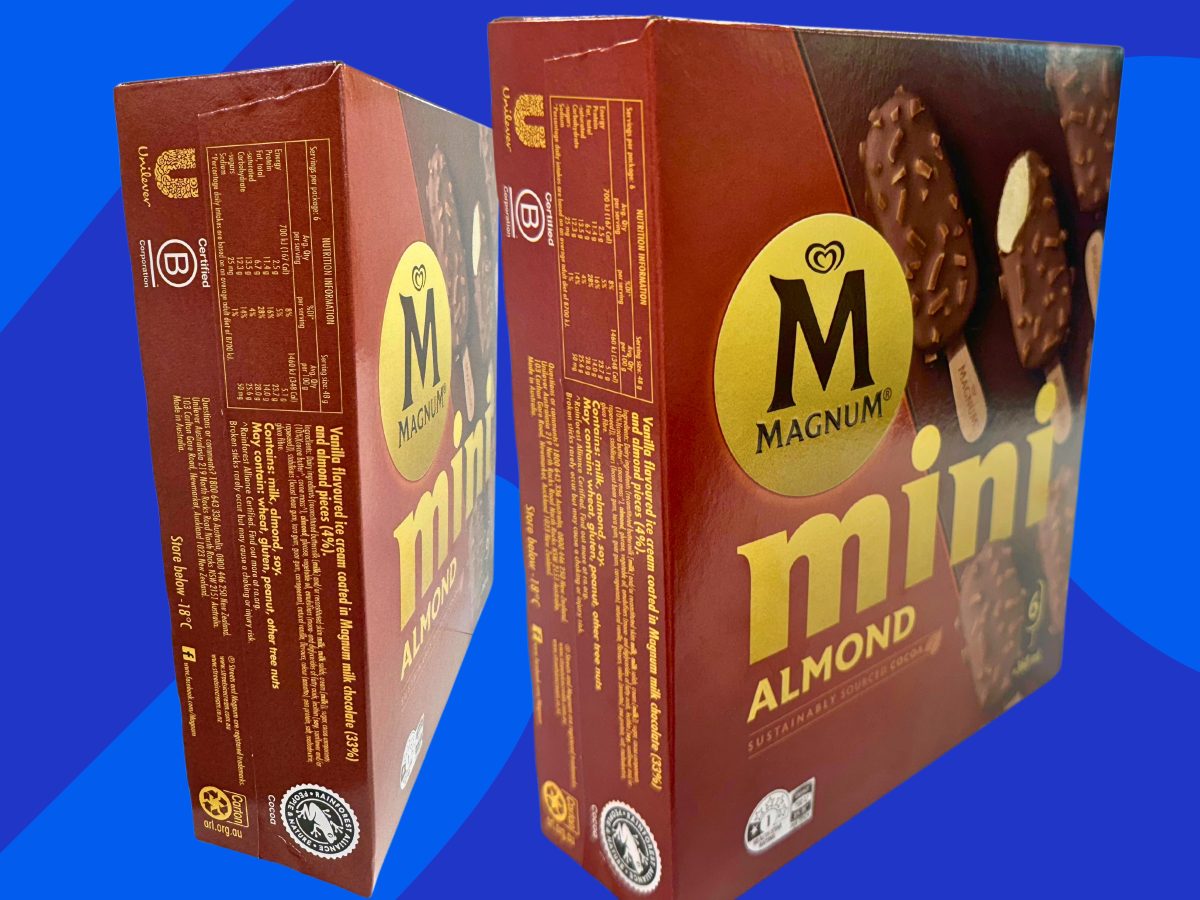
Unilever has redesigned some of its food packaging to include its recently attained B Corp status.
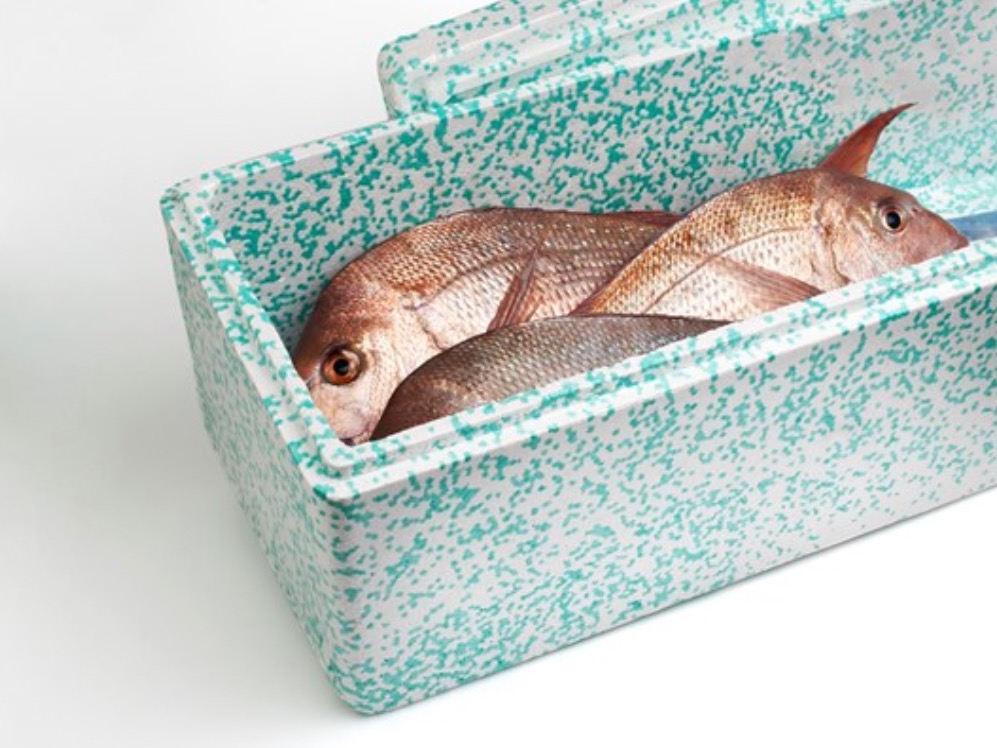
A new plant-based packaging firm with F&B applications has evolved out of a government-funded Crown Research Institute collaboration.

An industry-led group including Woolworths New Zealand, Silver Fern Farms has won government backing for a study into establishing a local advanced recycling industry.
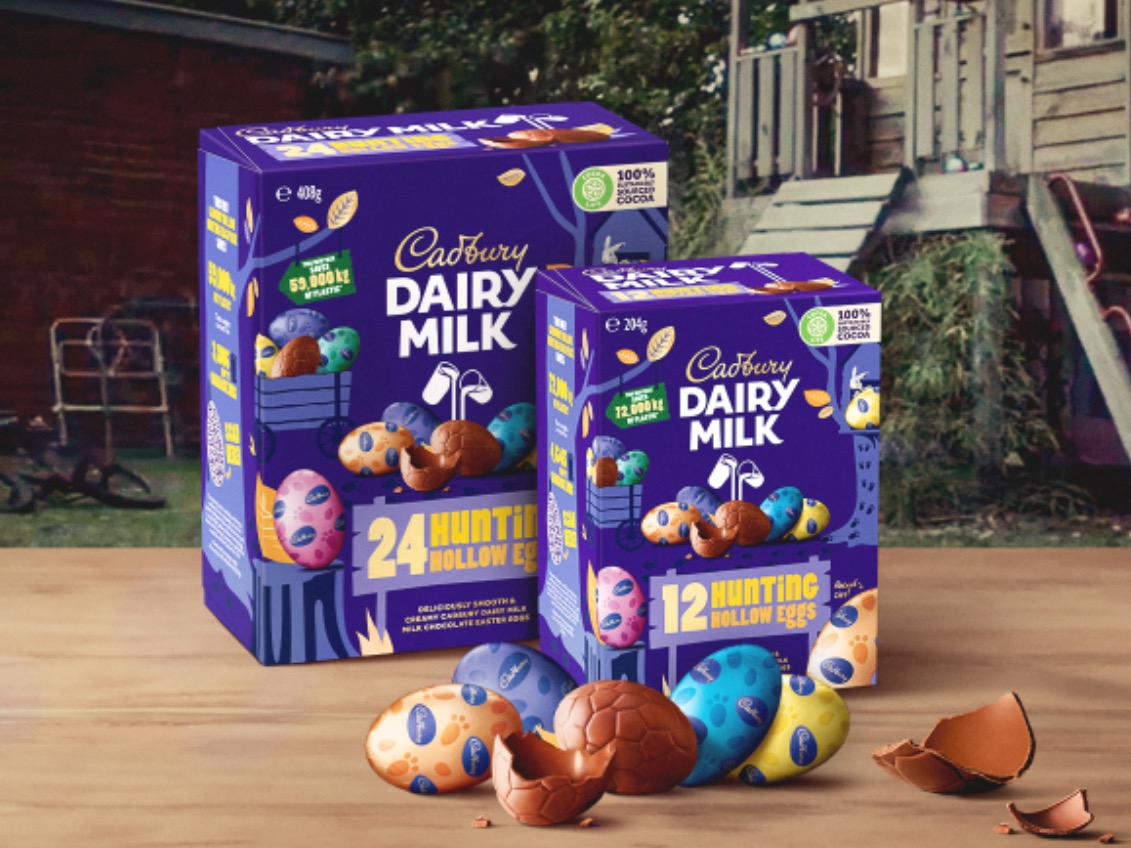
Cadbury New Zealand is rolling out a new look for some of its key Easter products that have been two years in the making, stripping out plastic and excess cardboard packaging.
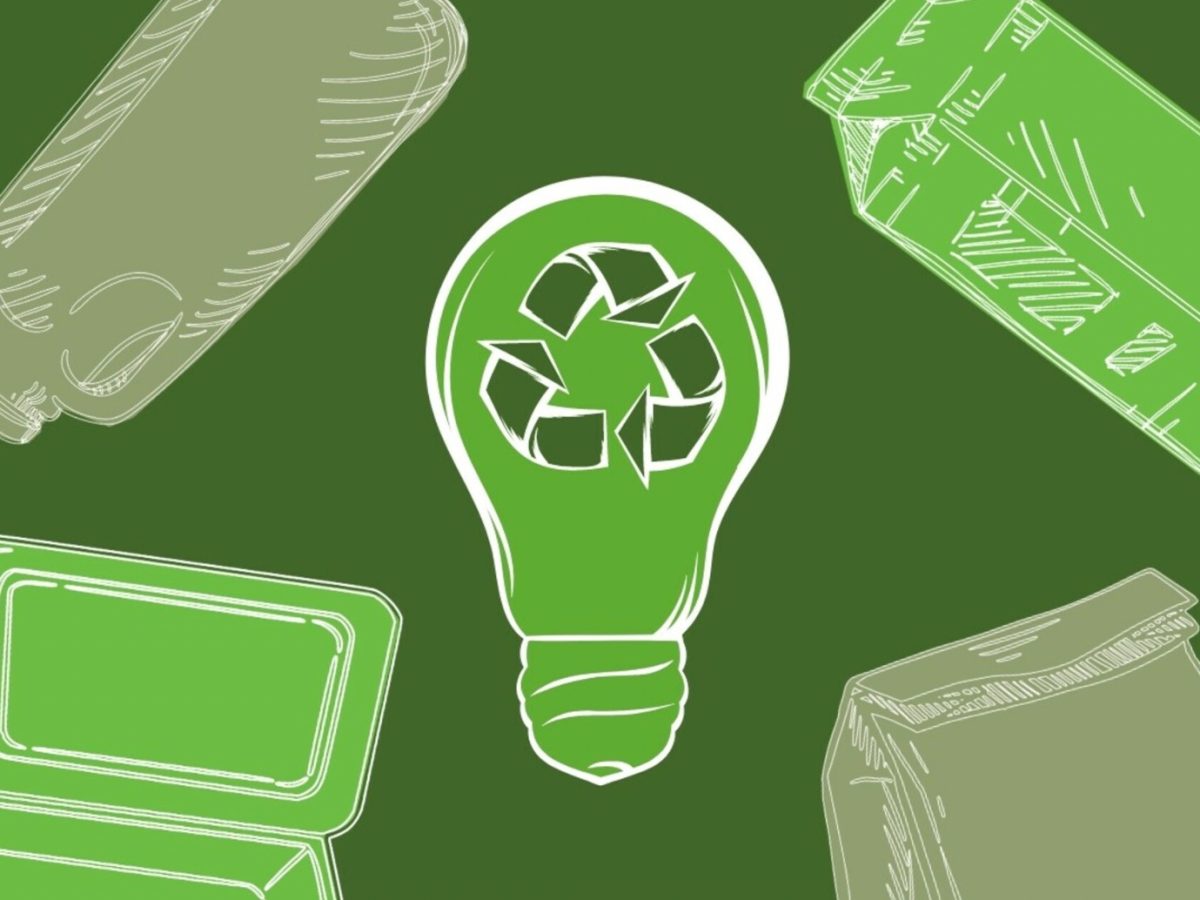
Consumer New Zealand is calling for examples of products suspected of greenwashing as part of a campaign to determine the scope of the problem in New Zealand.
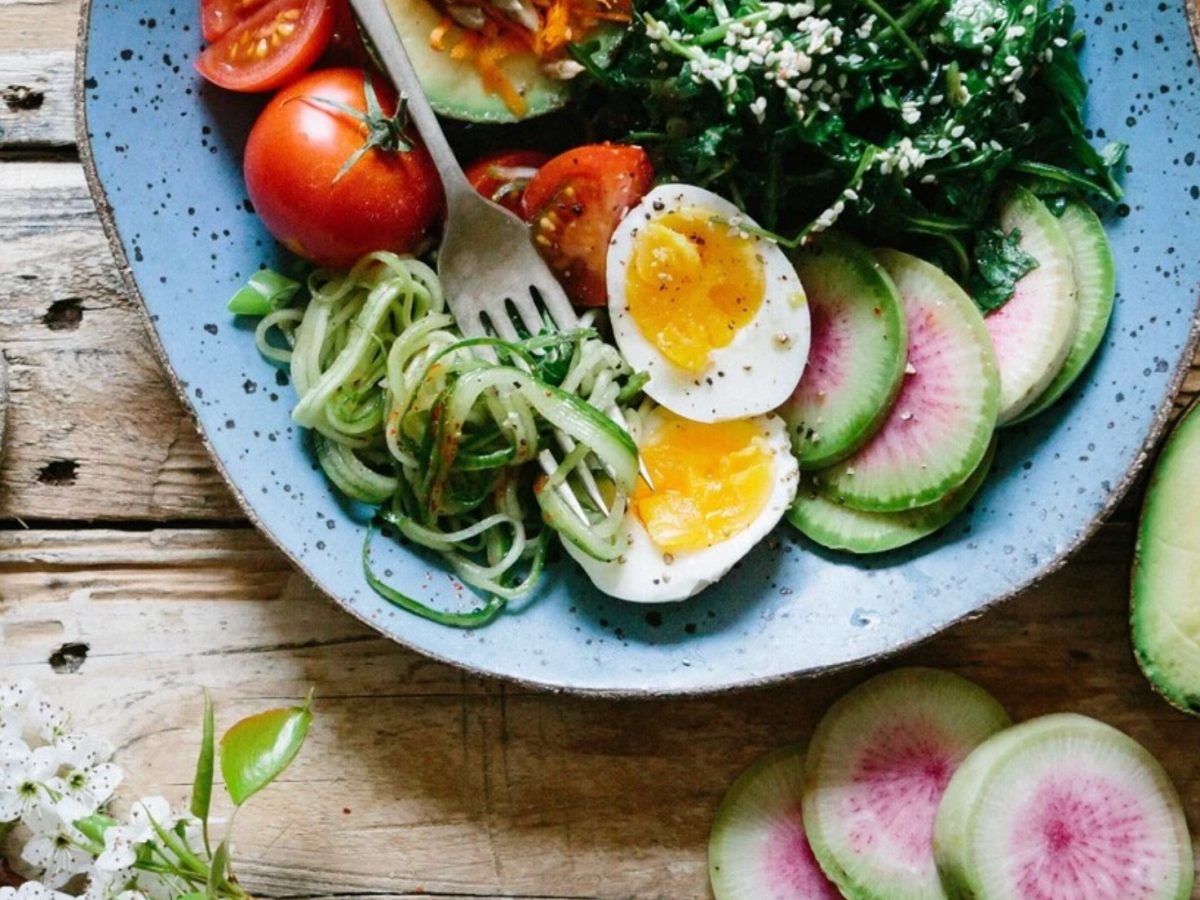
The global food system no longer meets the world’s health or sustainability needs but there are ways to help consumers make better choices, according to the World Economic Forum and Accenture.
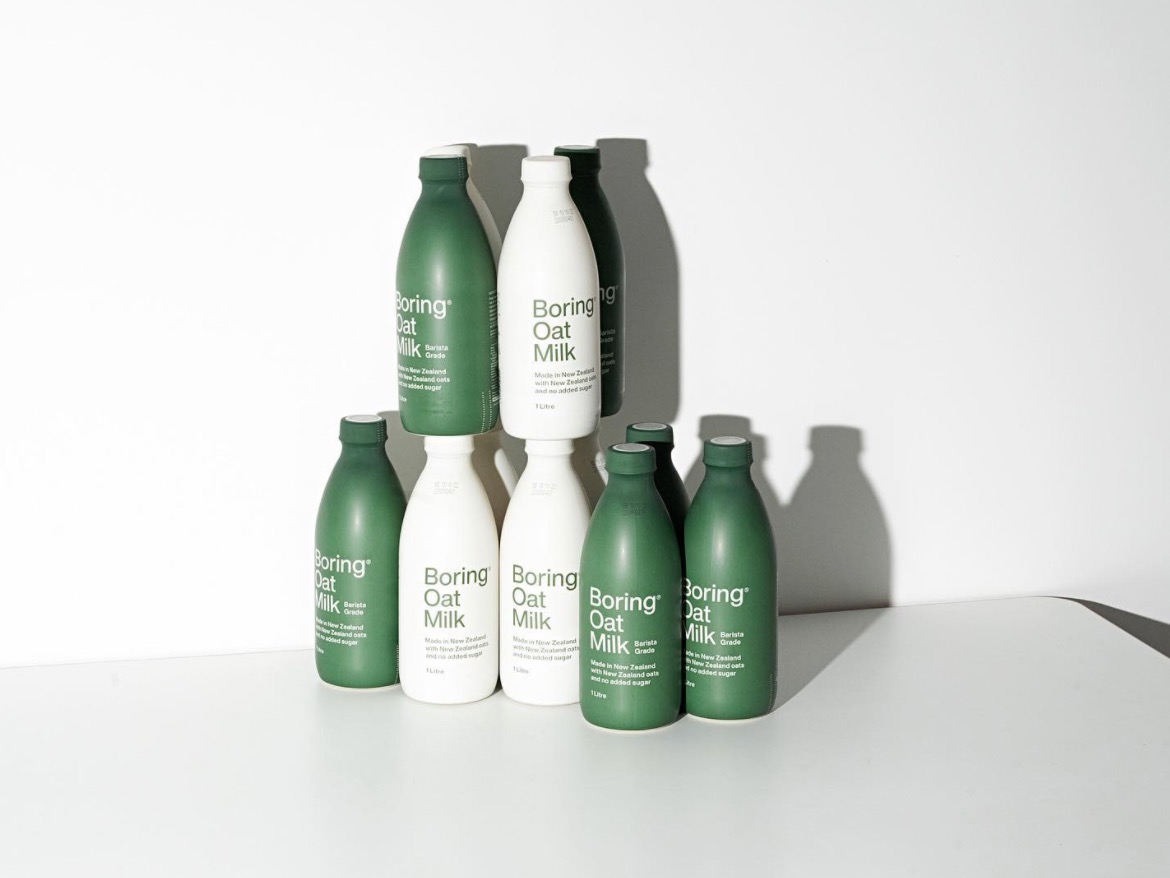
New Zealand oat milk brand Boring is now the only large-scale oat milk brand with recyclable packaging following this month’s change to the nationwide recycling system.
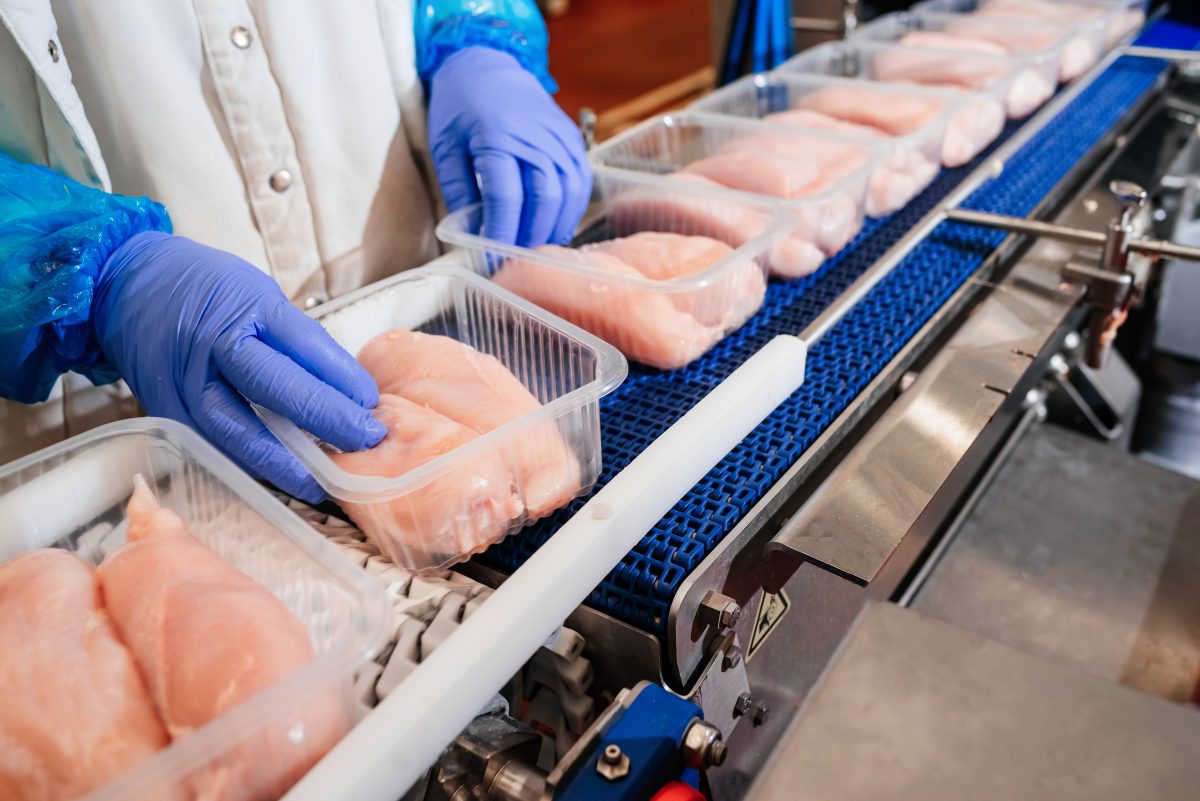
Technology company Mindhive is preparing for a capital raise as it looks to grow the application of its machine-vision-enabled AI into the meat industry.
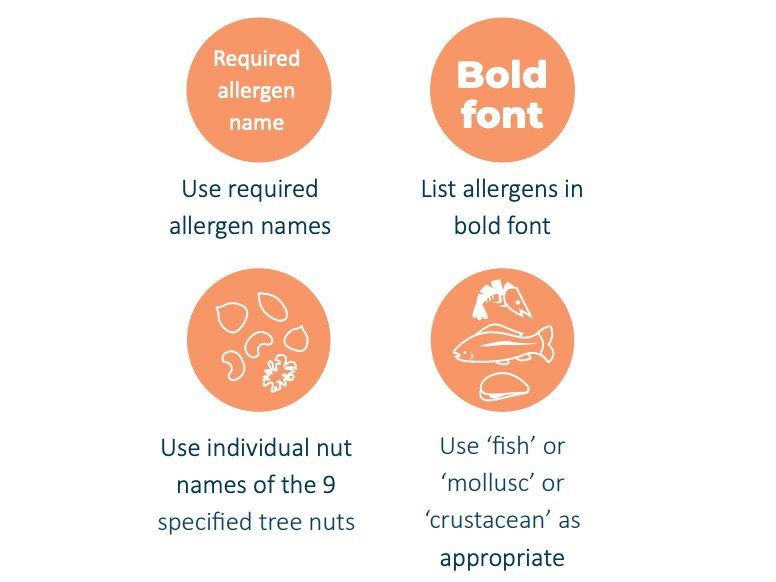
New requirements about allergen information on food labels have come into effect.
Sprite and Sprite Zero bottles will have an embossed logo on the front, and laser-engraved product and nutritional information on the back.
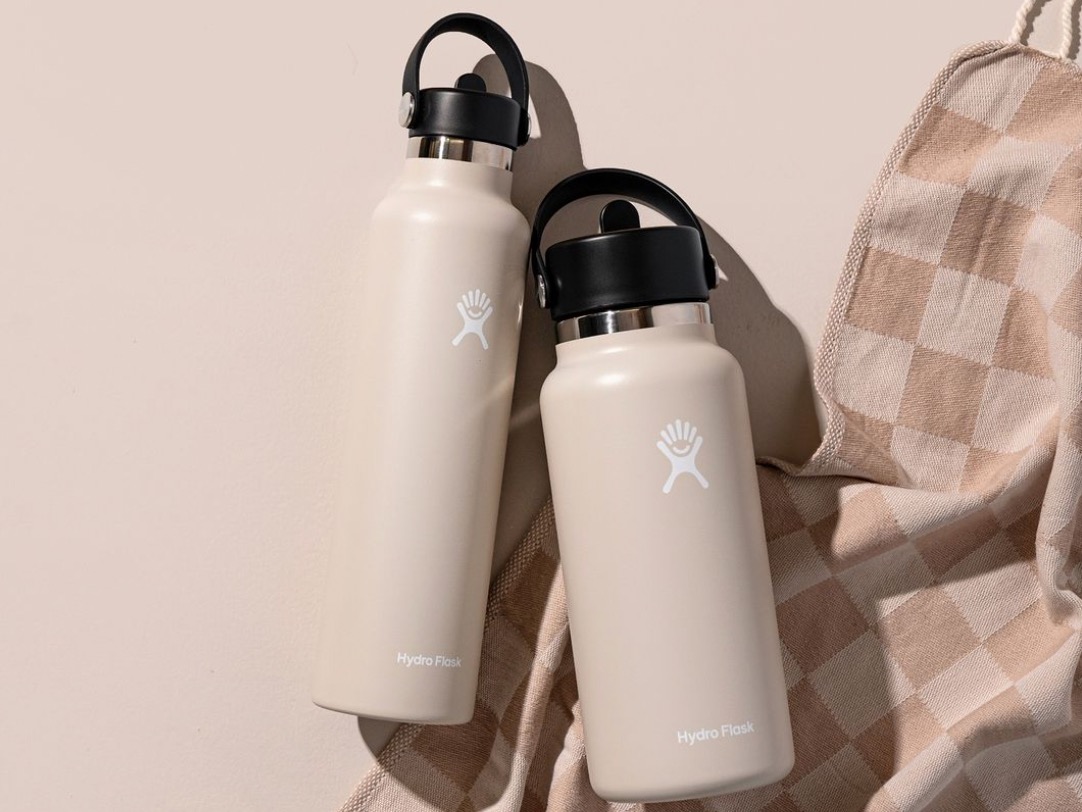
The New Zealand Open presented by Sky Sport is partnering with reusable drink bottle company, Hydro Flask in an effort to reduce waste at the 103rd Edition of the tournament.
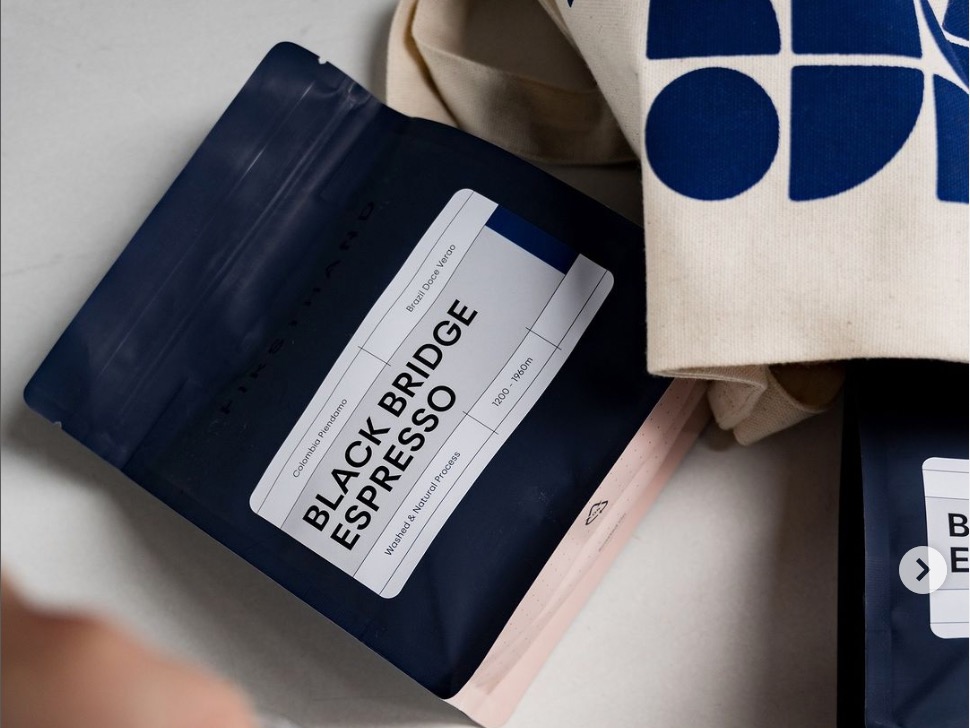
Two New Zealand companies are finalists in the 2023 Packaging Design Awards championing coffee bag design excellence.
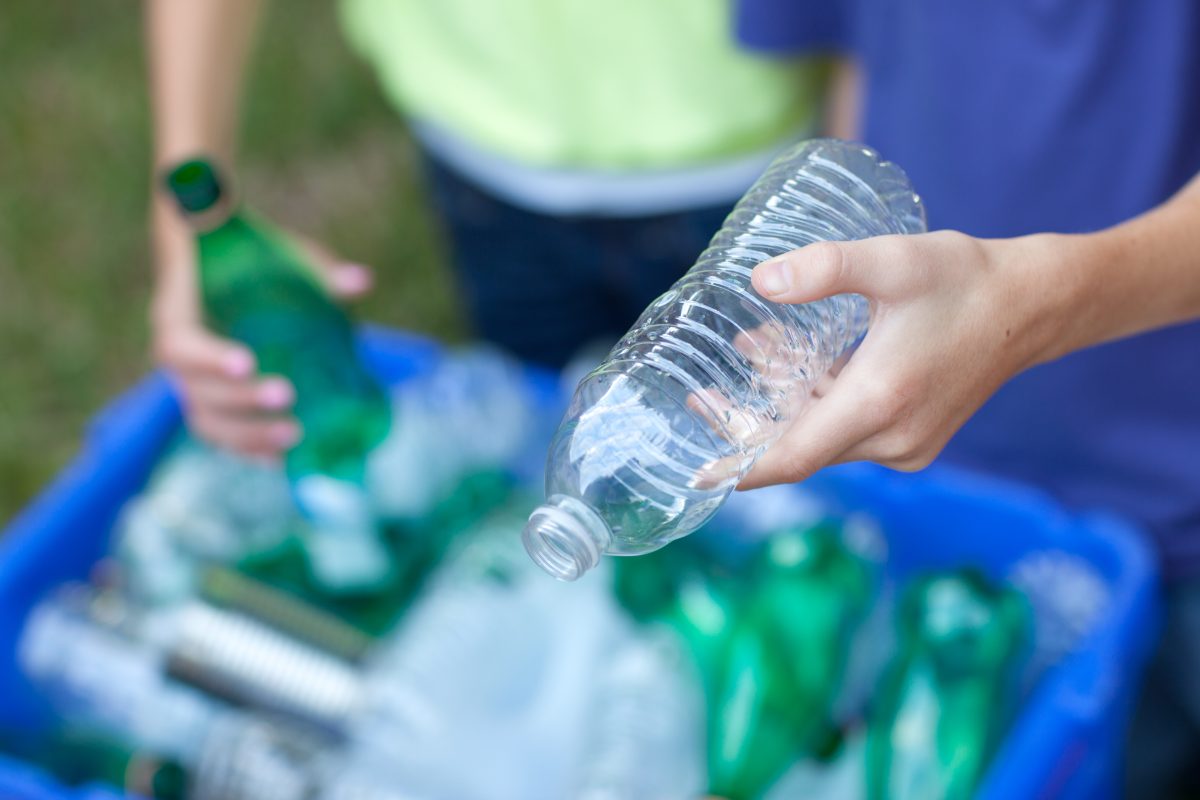
New kerbside collection rules introducing standardised recycling across Aotearoa come into place on 1 February.
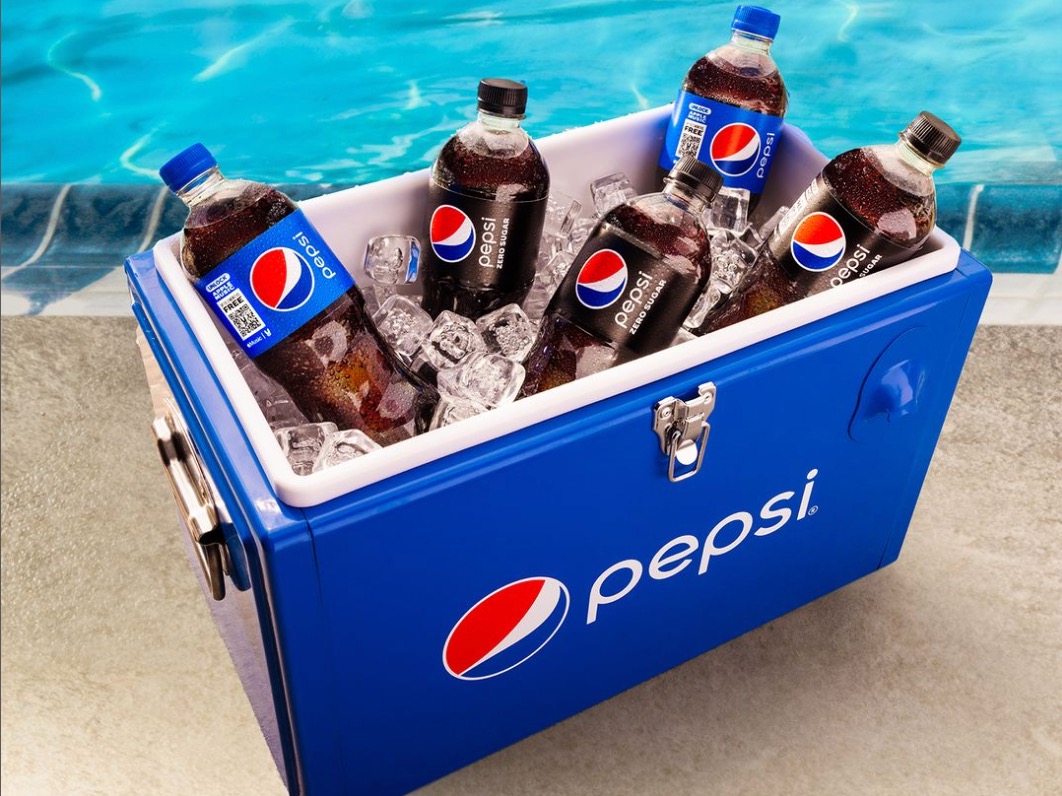
The lawsuit is believed to be among the first by a US state to target a major plastics producer.
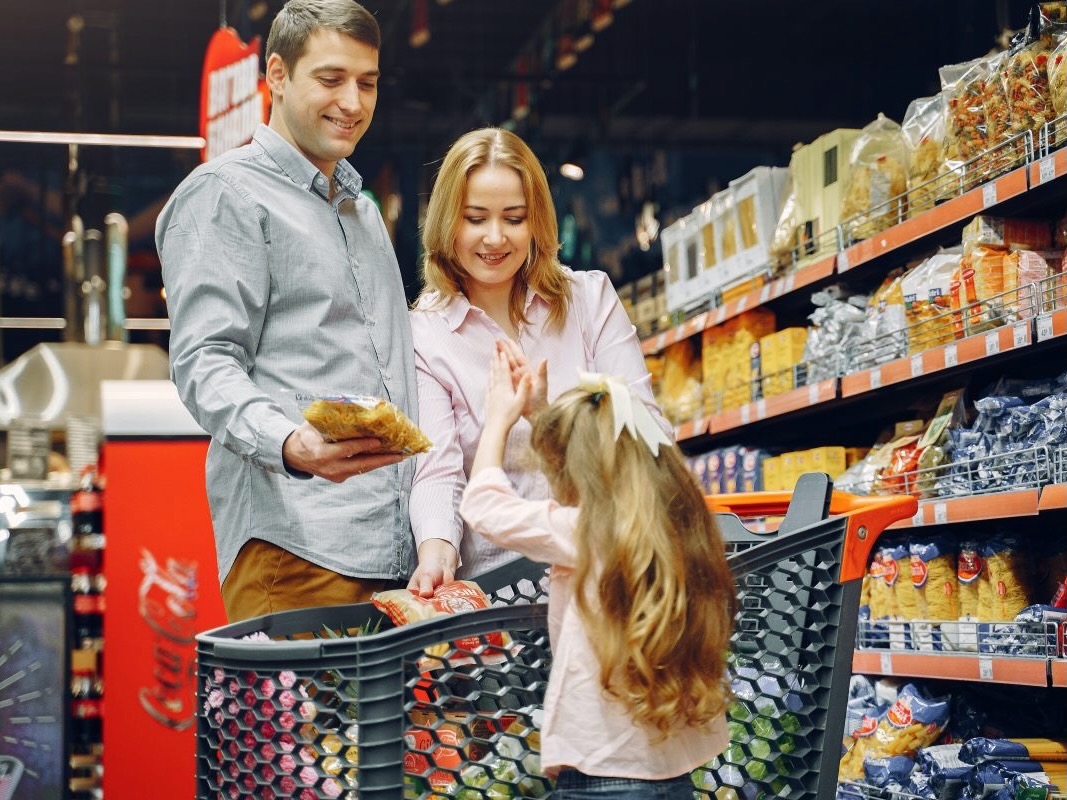
The way food packaging is designed can have a significant influence on what parents buy and children consume, write Australian health researchers.
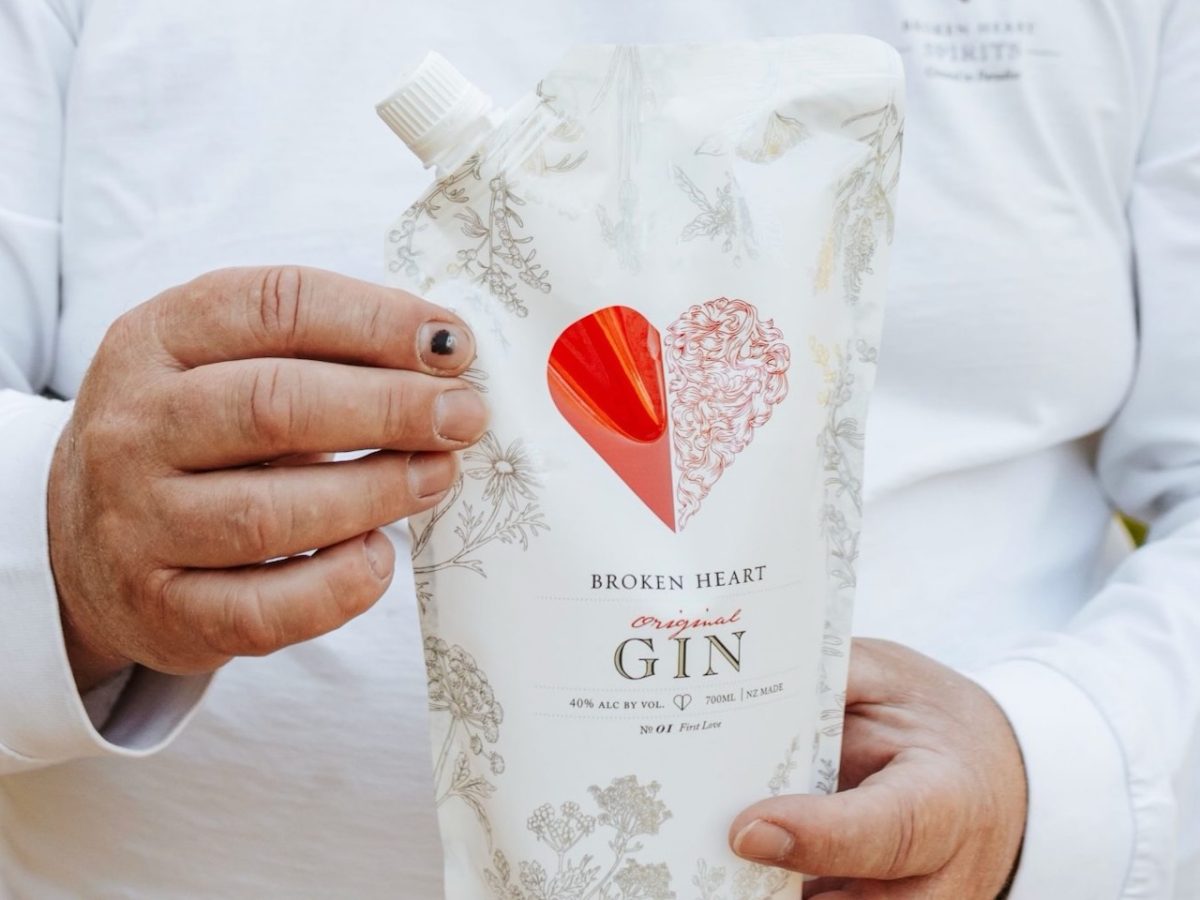
Queenstown’s Broken Heart Spirits distillery has launched what is says is the country’s first fully recyclable eco-refill pouches.
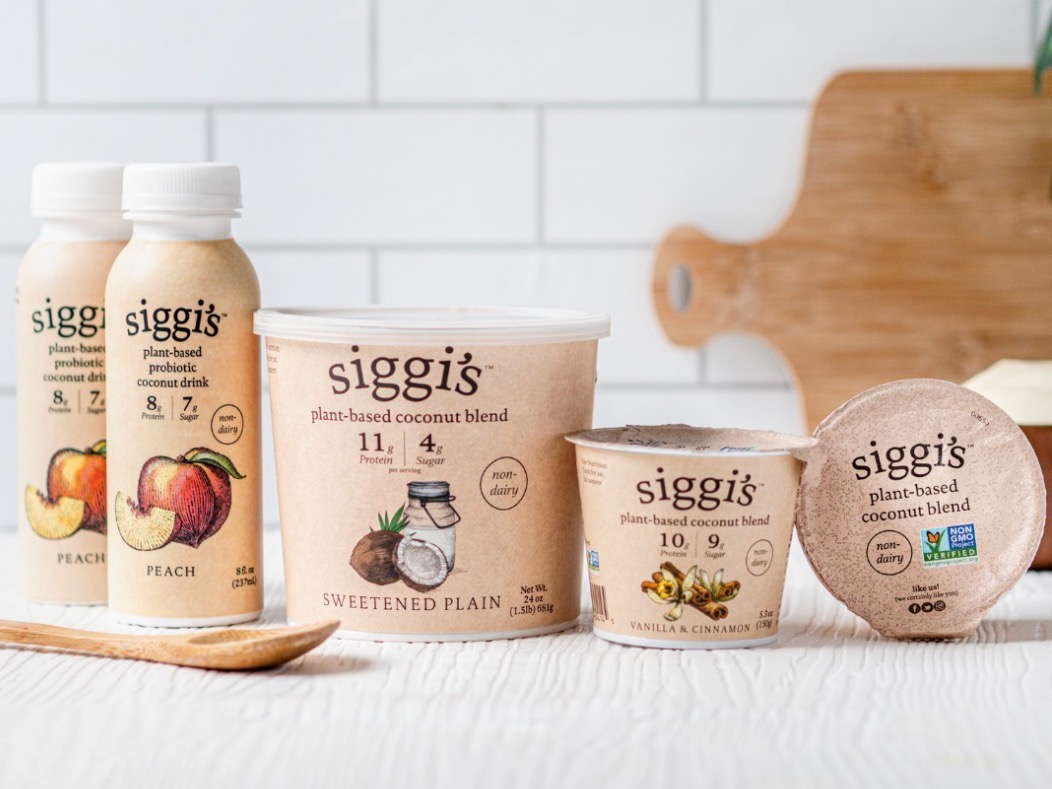
Do shoppers favour uncluttered package design and, if so, why? Texas Christian University’s assistant professor of marketing, Lan Anh Nu Ton, takes a closer look.
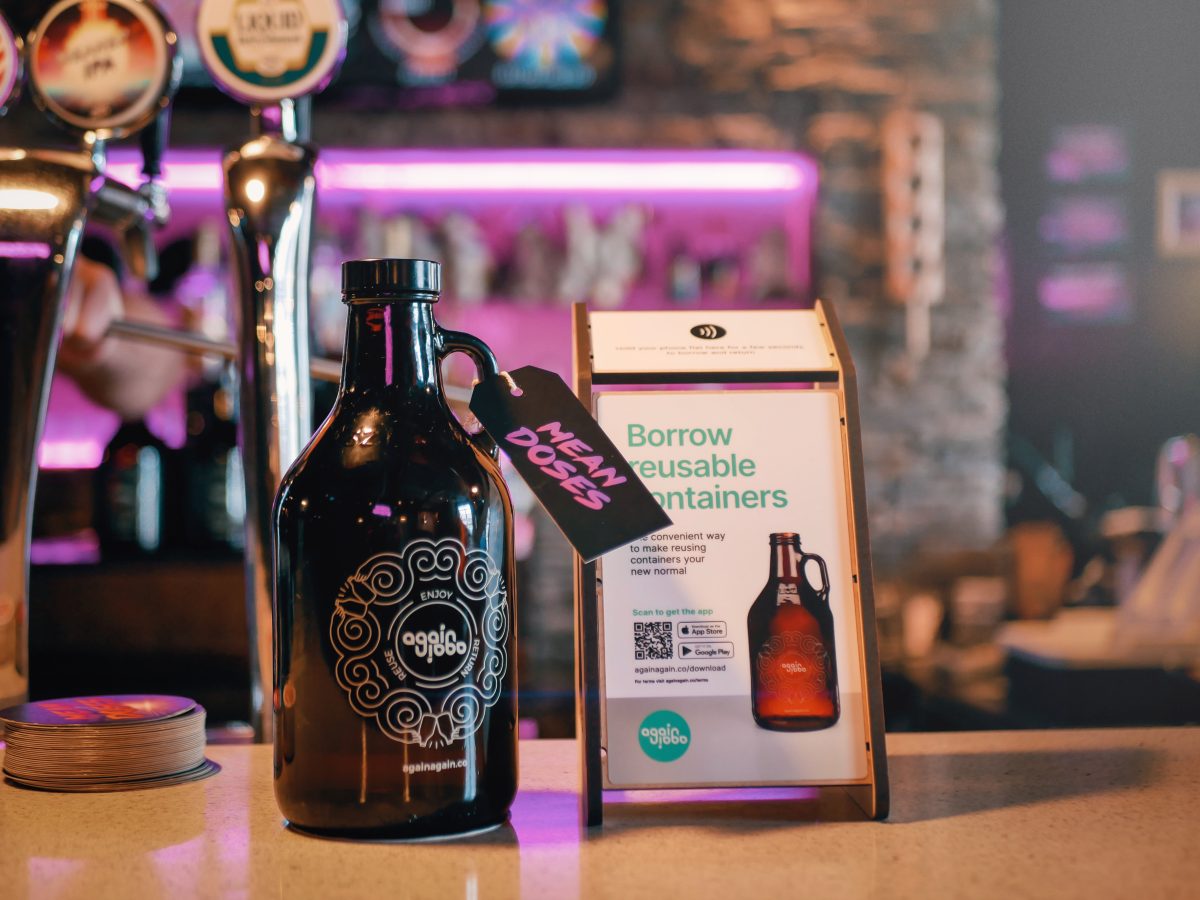
Again Again is continuing its circular economy drive joining with 36 New Zealand retailers and breweries including DB and Lion for its latest packaging push.
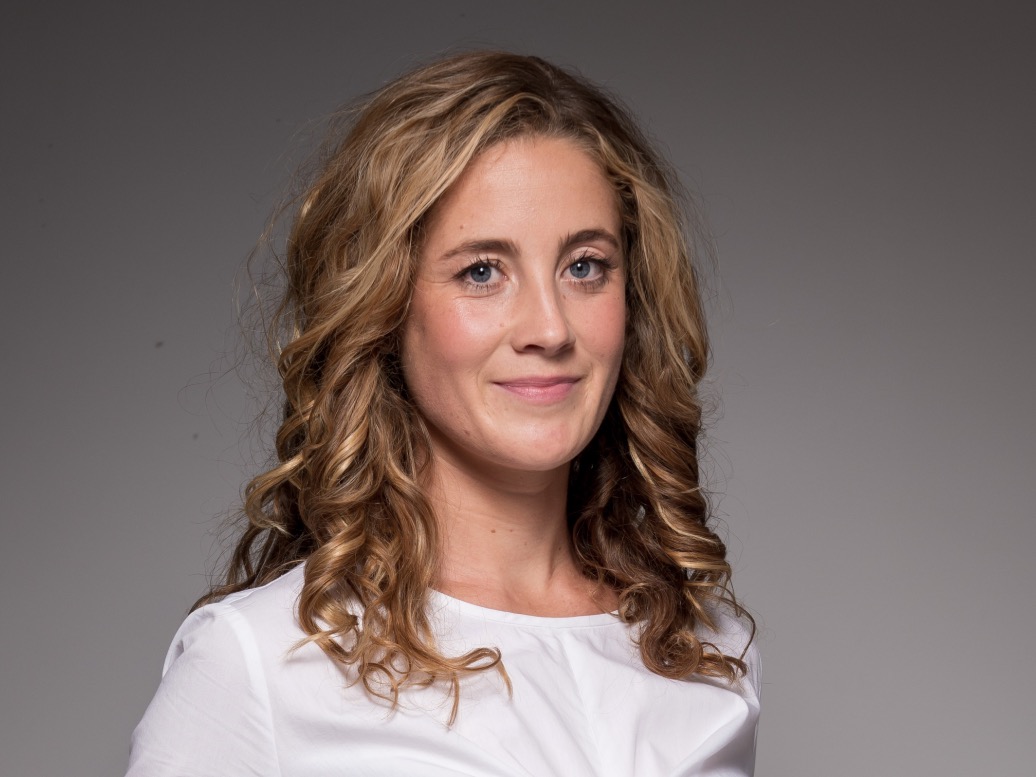
A refill and reuse model is one of the best ways food and beverage businesses can start tackling sustainability, says NZTE head of sustainability Florence Van Dyke.
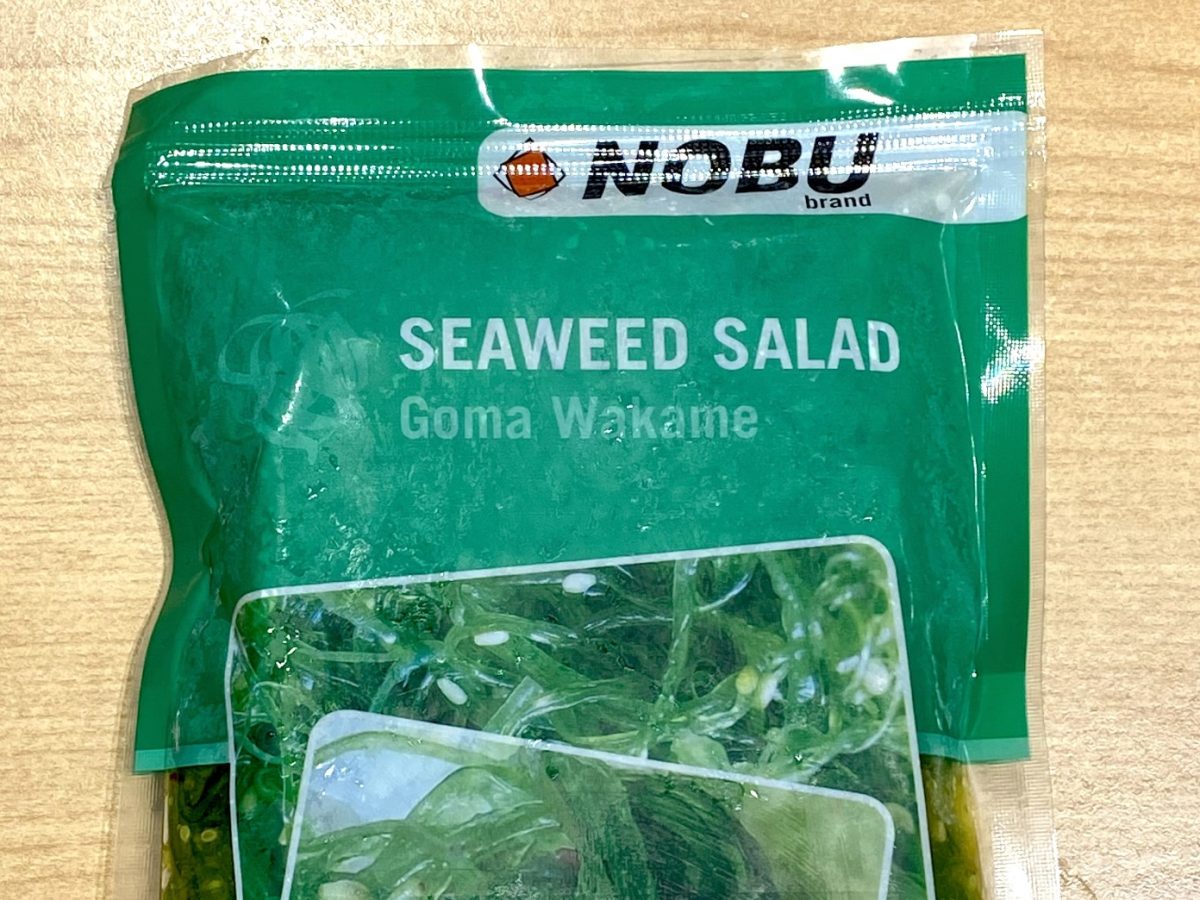
Auckland food importers have been fined $28,000 over failure to translate food allergen declarations into English on thousands of products.
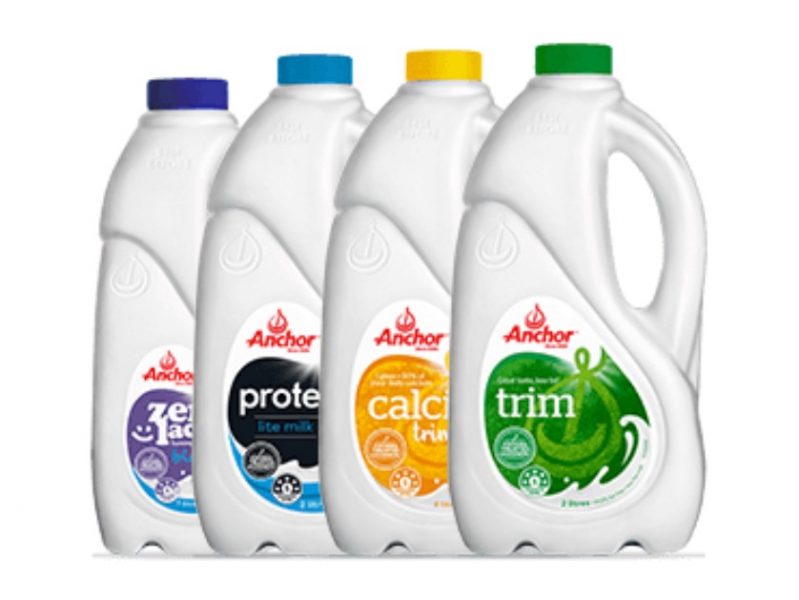
Cleaning product brand Will&Able, Z Energy, and Anchor Milk are expanding a trial of dedicated, closed-loop recycling bins at selected Z service stations from mid-September.
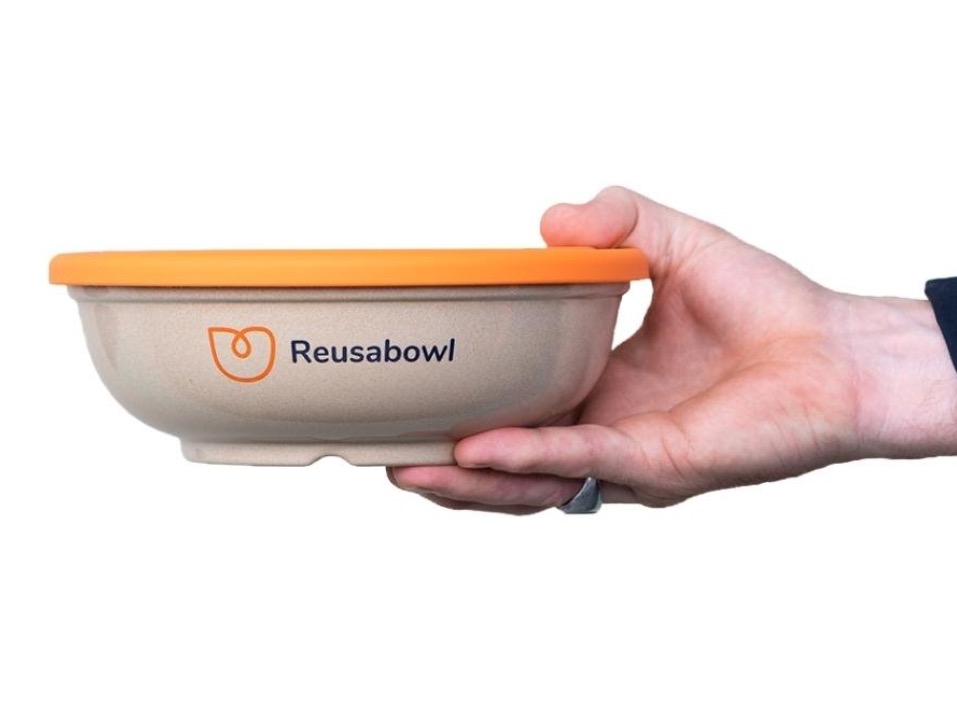
“Ultimately the Reusabowl model would not scale to make the impact we all wanted as founders,” the team behind the reusable packaging organisation concluded.
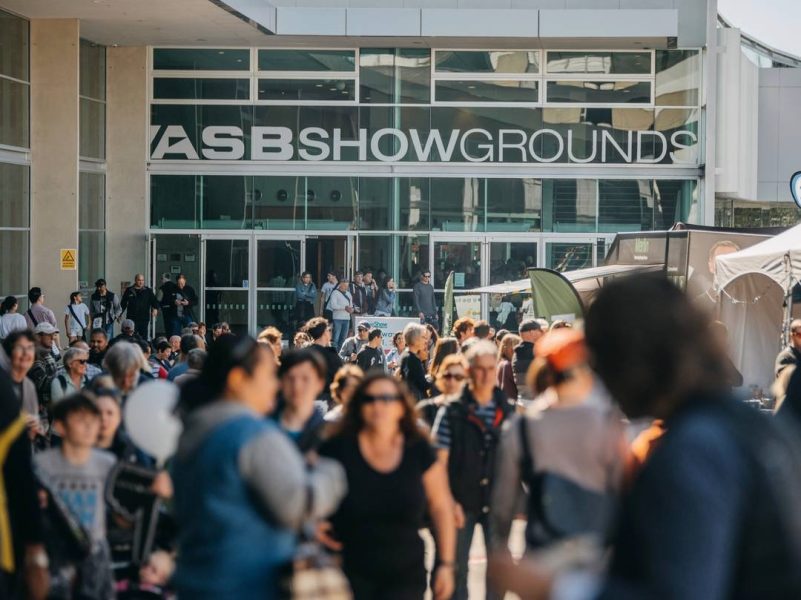
New Zealand’s trade event for the food and beverage manufacturing and packaging technology industries, is coming back to Auckland in September.
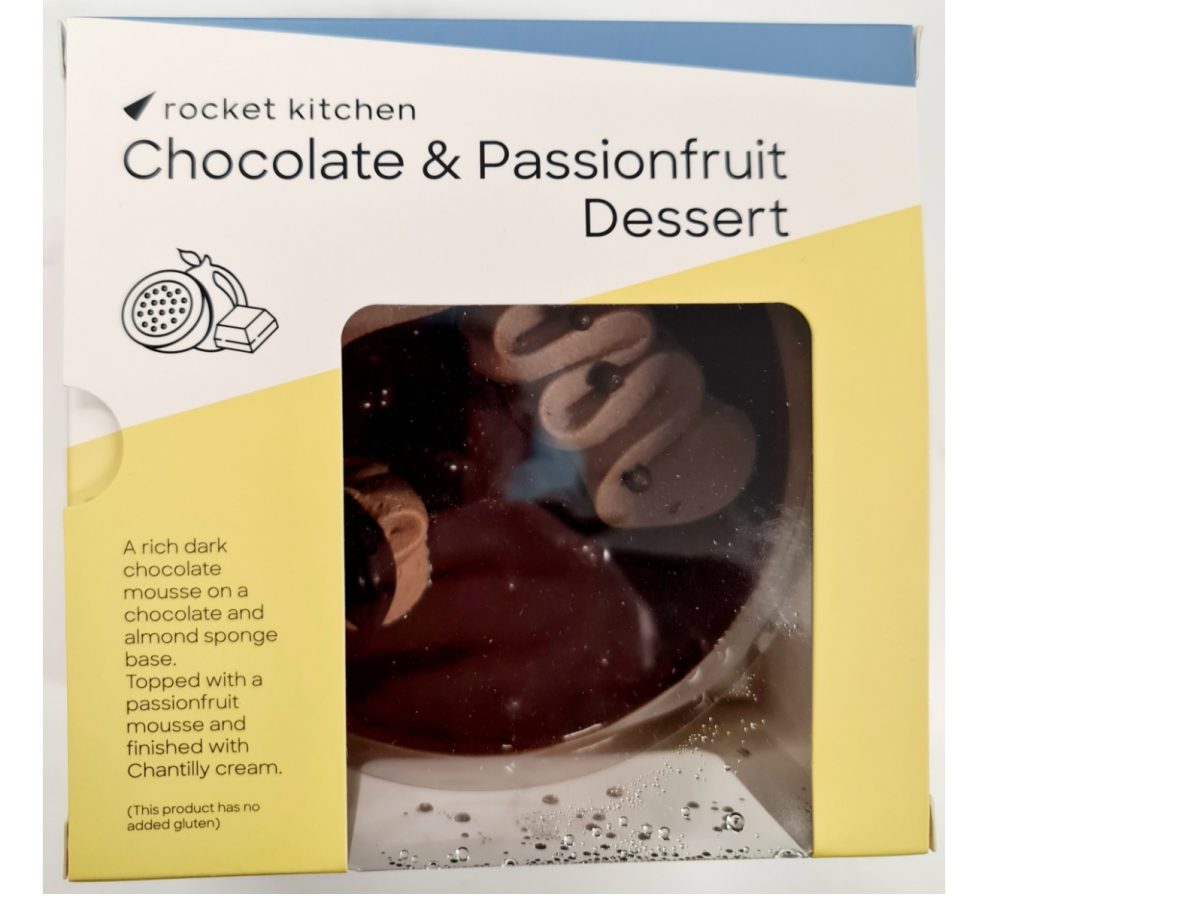
Rocket Foods is recalling a specific batch of its Rocket Kitchen brand Chocolate and Passionfruit Dessert due to the presence of an undeclared allergen tree nuts, namely hazelnuts.
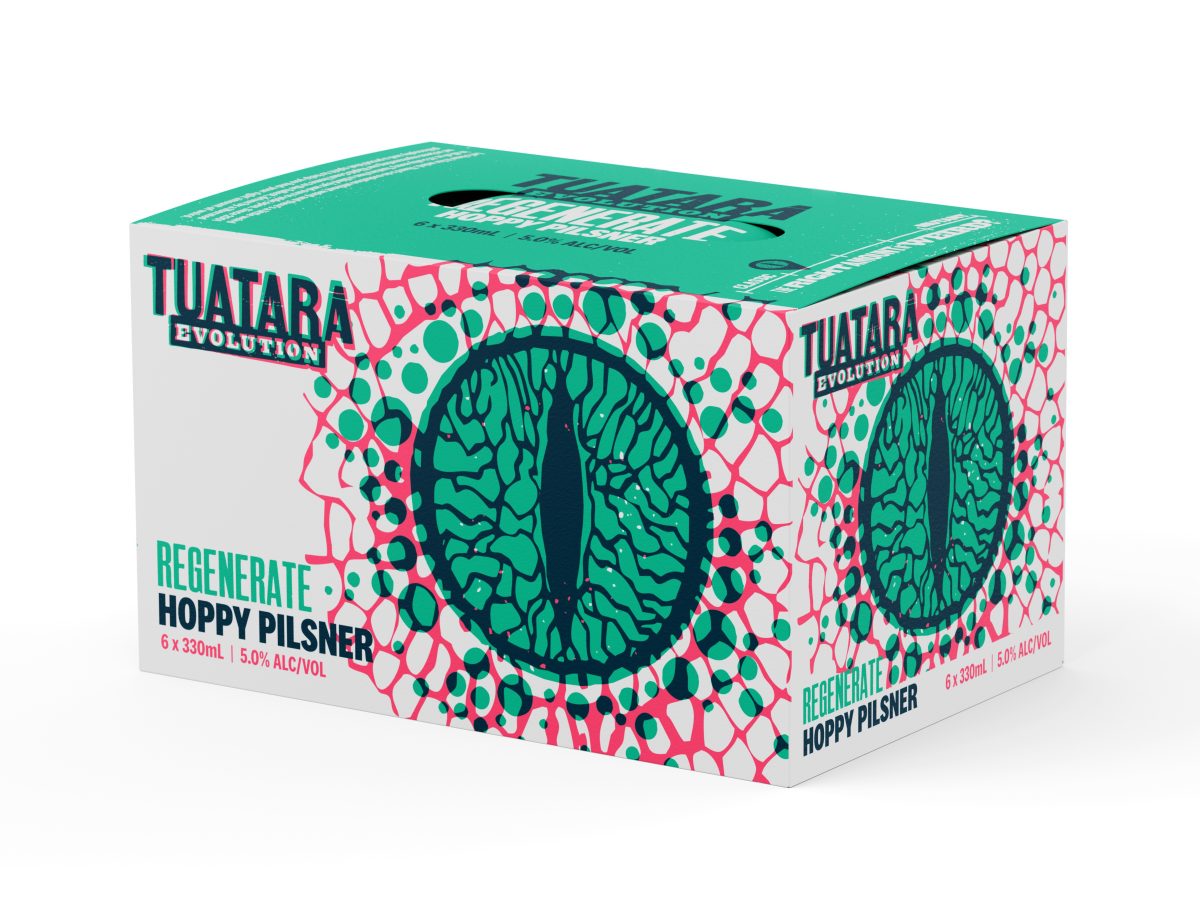
Craft beer brand Tuatara is the latest brewer to ditch glass bottles and make the switch entirely to cans.
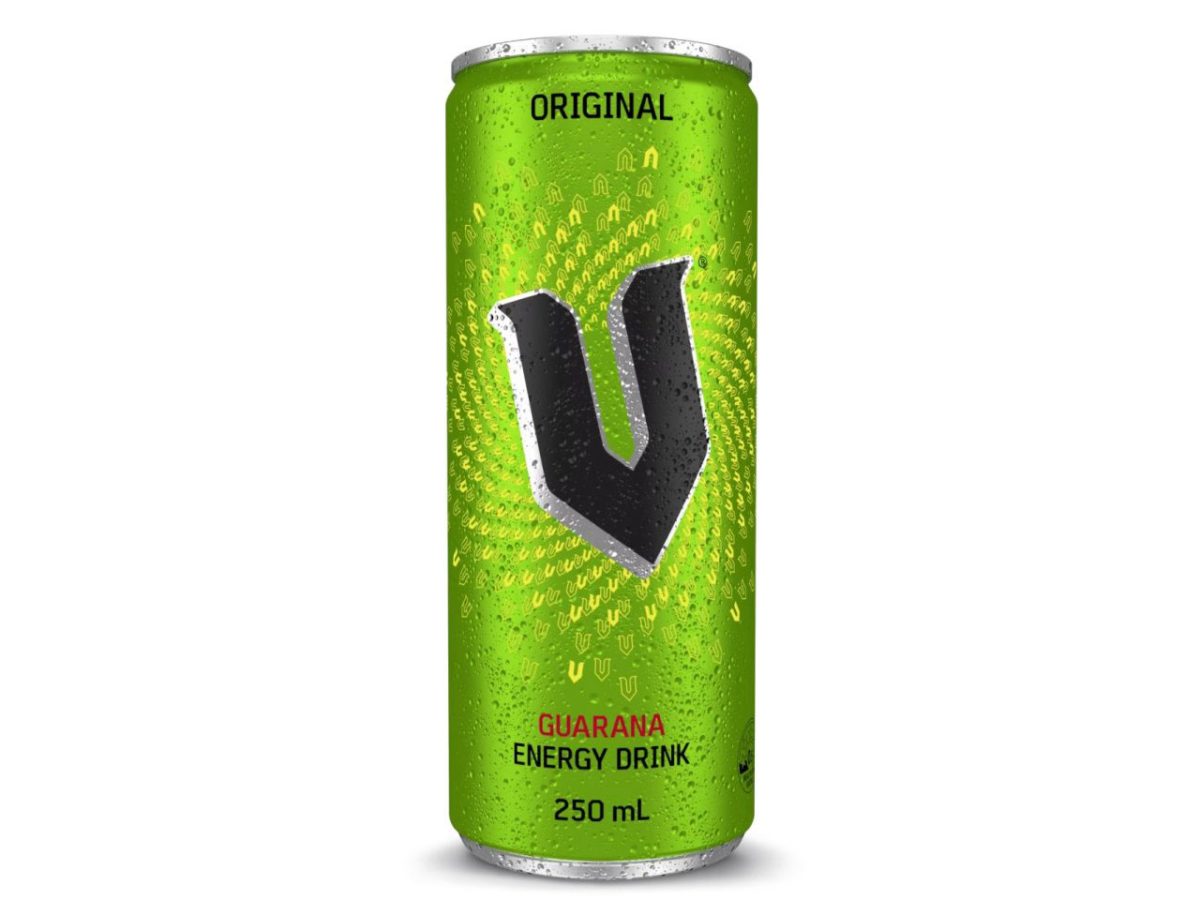
Frucor Suntory is tinkering with the formulation of V Green and overhauling its packaging following extensive market research.
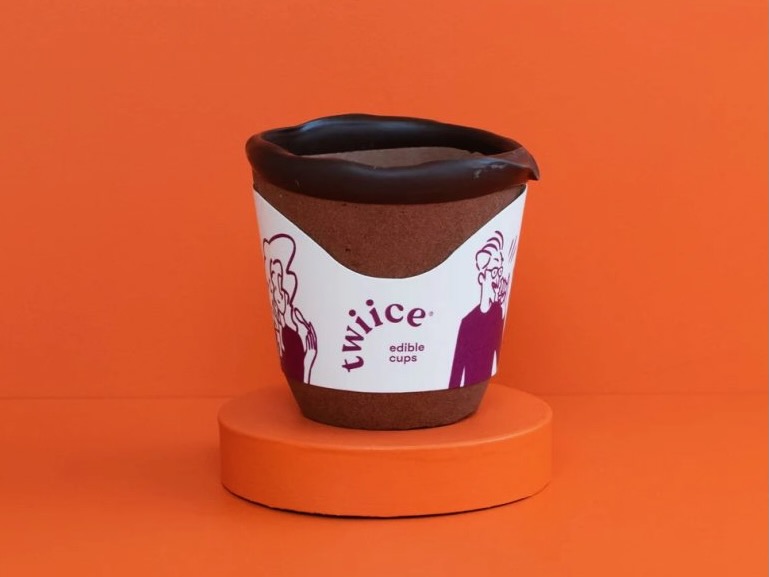
Edible tableware manufacturer Twiice is making moves in Australia.
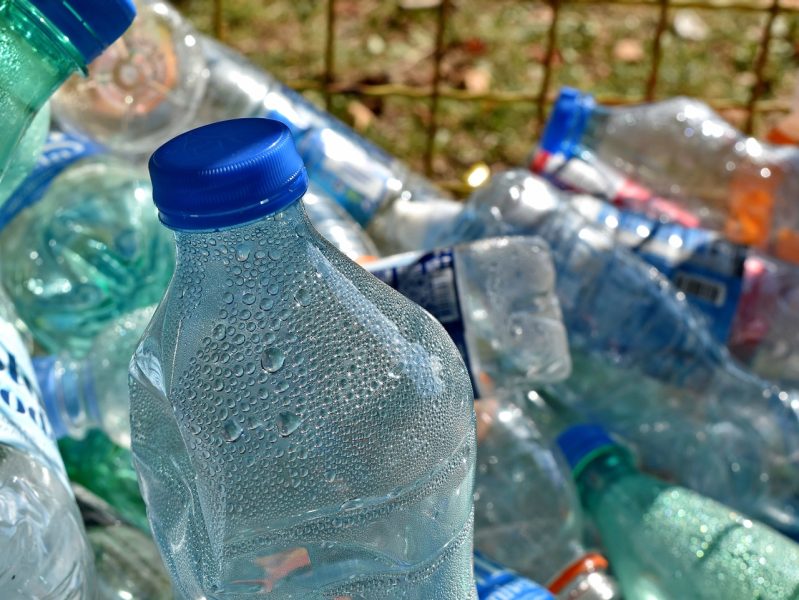
The Ministry for the Environment and the New Zealand Food and Grocery Council are hosting a webinar on the Waste Action and Investment Plan.

Food manufacturers are constantly weighing up the juxtaposition of food waste versus plastic packaging down to individual product level, according to Goodman Fielder’s Hamish Conway.
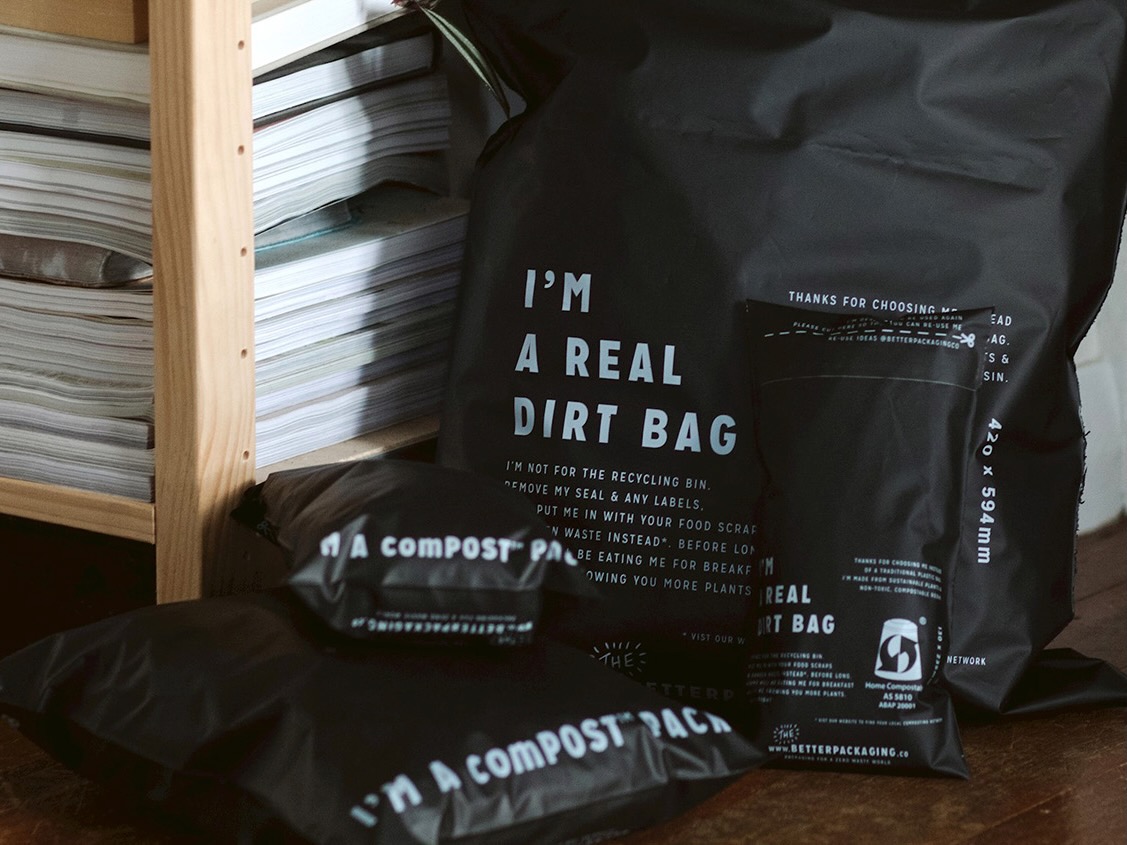
The Better Packaging Co has raised $5m in a Series A investment round to support expansion, particularly in the United States.
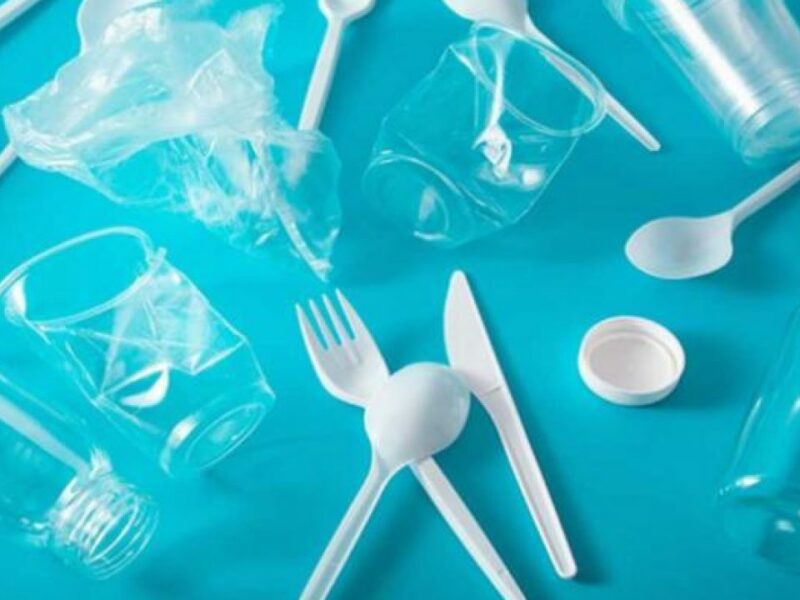
From Saturday 1 July 2023, the sale and manufacture of many single-use plastic products are being banned, restricted or phased out.
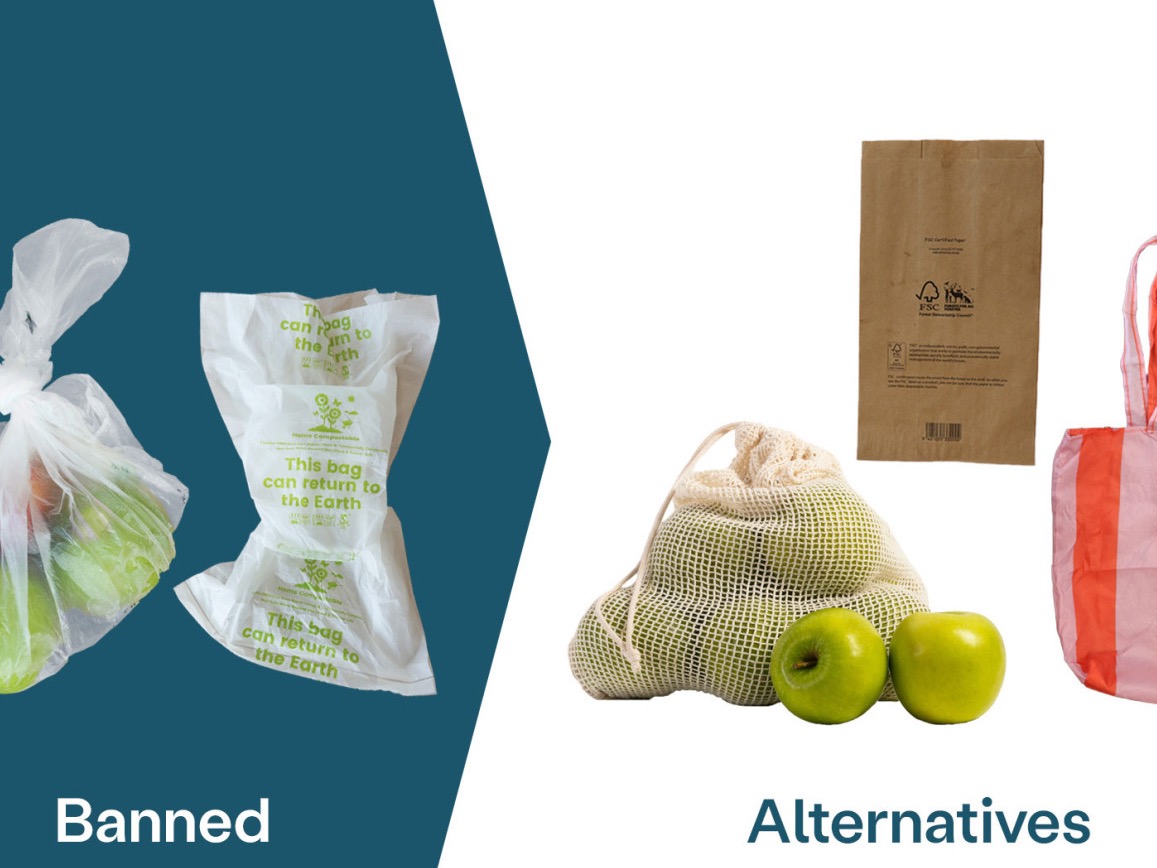
Foodstuffs is preparing for the removal of single-use plastic bags from all supermarkets and grocery stores from 1 July, as part of a government phase-out of certain single-use plastics.
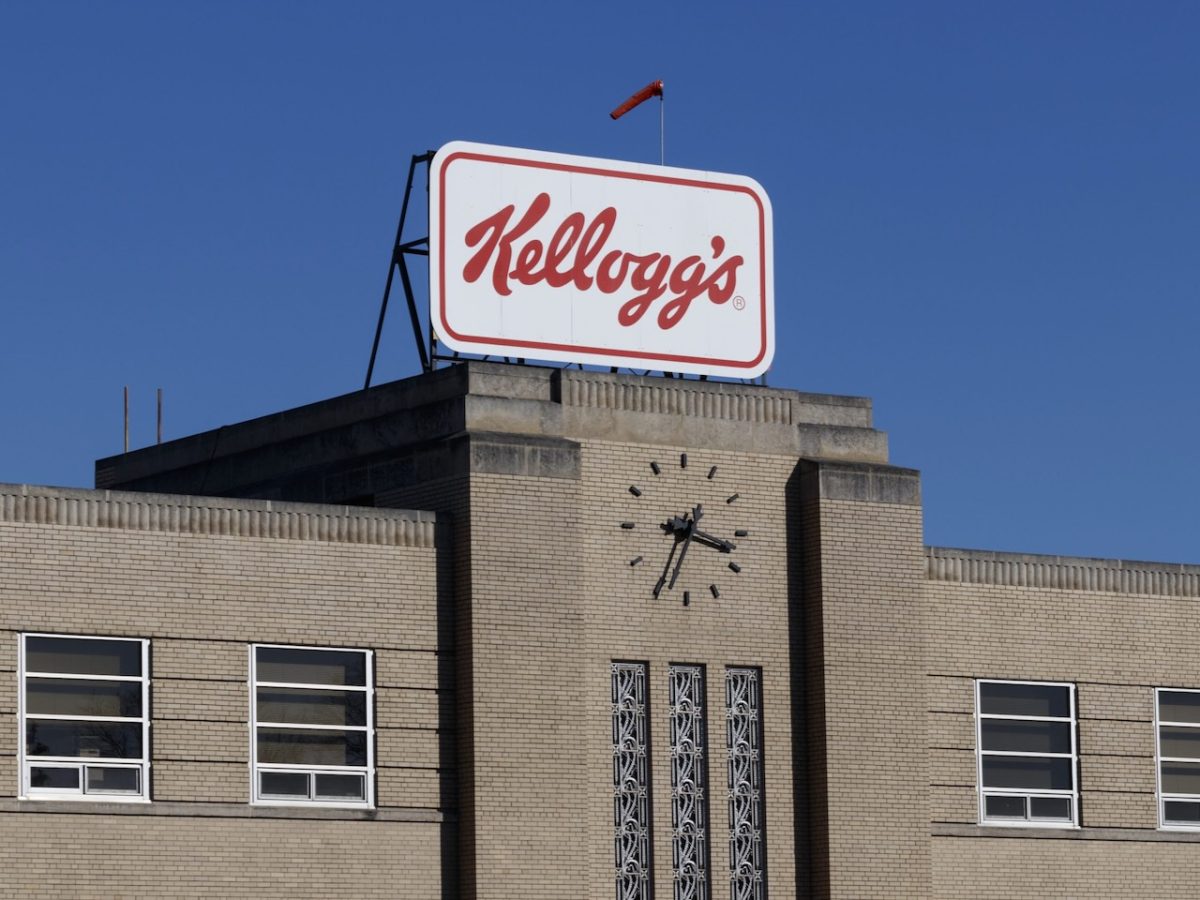
Kellogg Australia and New Zealand says it is on track to exceed its 2025 goal of a 5% reduction in the amount of virgin plastic it uses by the end of 2023.
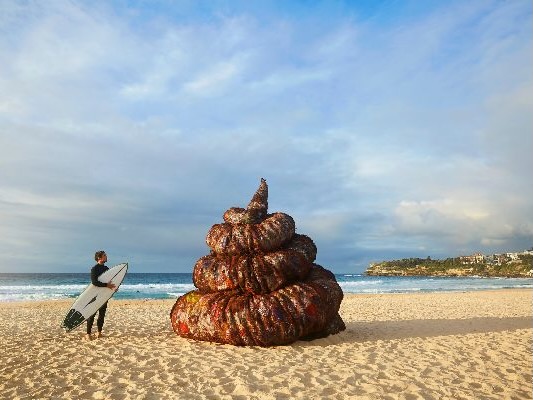
New Zealand’s Better Packaging Co installed a four-metre-high plastic poo sculpture on Bondi Beach to coincide with World Environment Day on Monday.
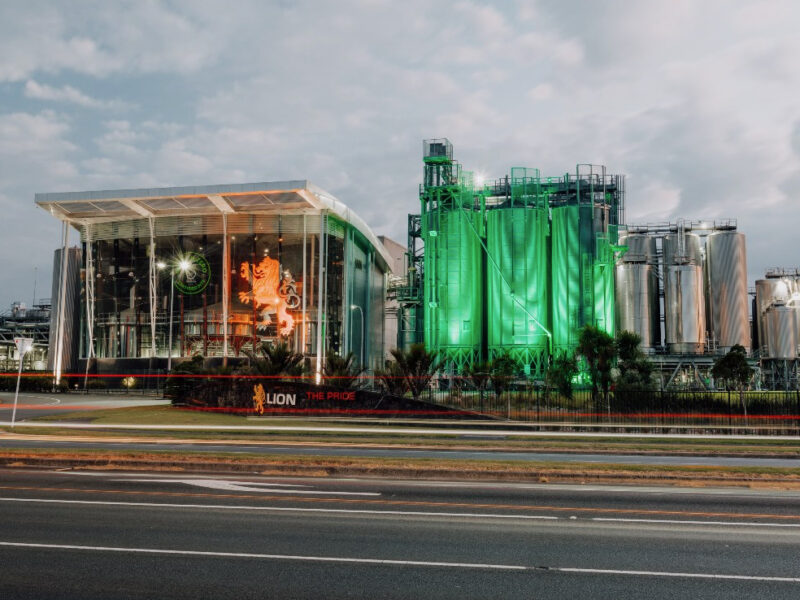
Lion New Zealand partnered with Sustainable Coastlines and hospitality venues to remove 1,700 litres of rubbish from the country’s beaches and streets,
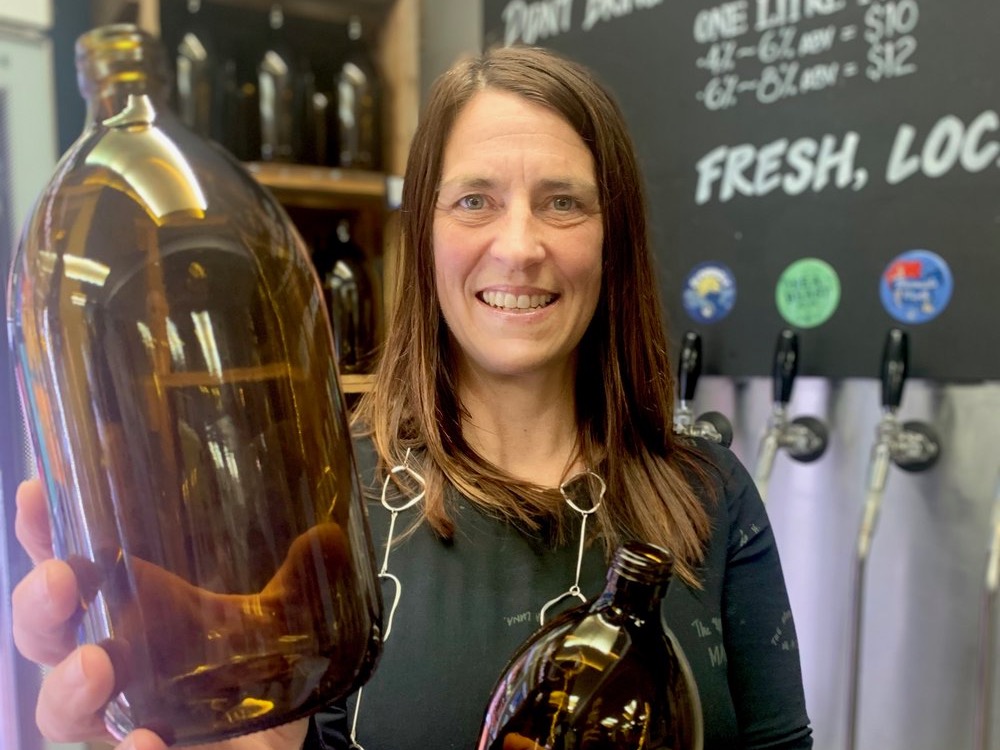
Nada Piatek’s reusable takeaway cup venture branches out from coffee to team up with Garage Project in a trial targeting the craft beer industry.
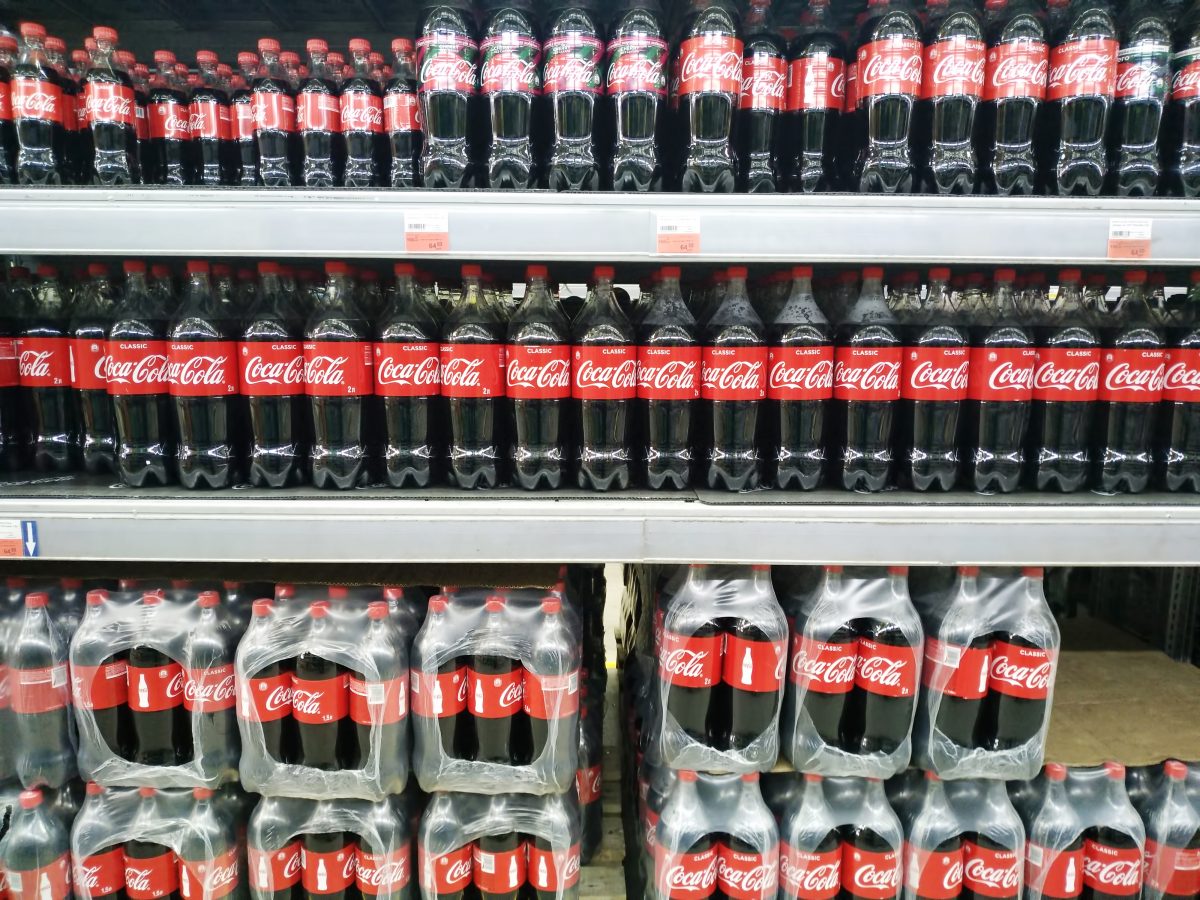
Greenpeace Aotearoa is accusing Coca-Cola of “blatant greenwashing” after what it says is the world’s biggest plastic polluter announced it will replace its green Sprite bottles with clear plastic.
Coca-Cola in New Zealand is joining its global counterparts by transitioning its Sprite beverage brand to clear plastic bottles from its trademark green.
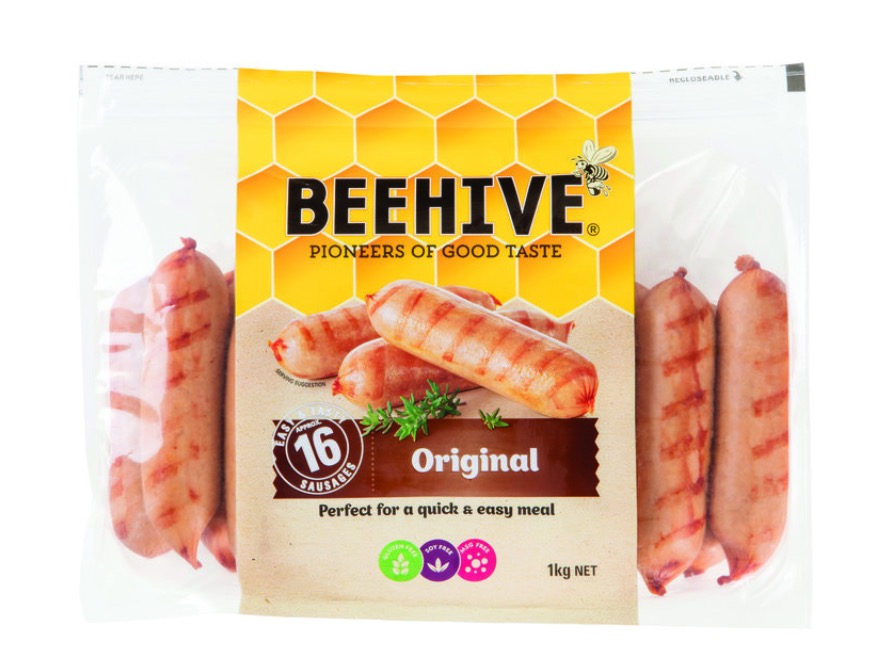
Premiere Beehive New Zealand has undertaken a consumer level recall of its Beehive brand, Original Precooked Sausages, due to the presence of an undeclared allergen, namely milk.

Kerbside recycling changes are set to take place before the Plastic Packaging Product Stewardship Scheme work concludes, raising concerns at the NZFCG.

The government’s deferral of the CRS will ultimately cost households and communities more – not less – writes Again Again’s Nada Piatek.
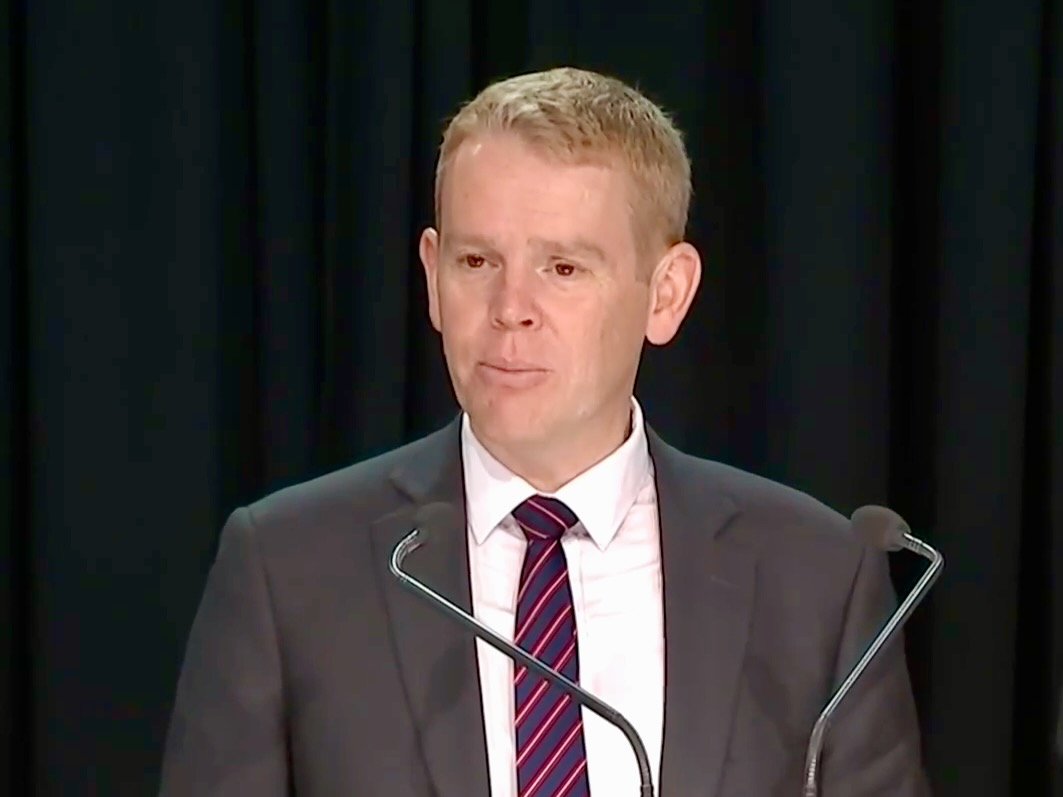
The government has deferred any further work on the controversial container return scheme (CRS) as part of its latest policy “re-prioritisation”.
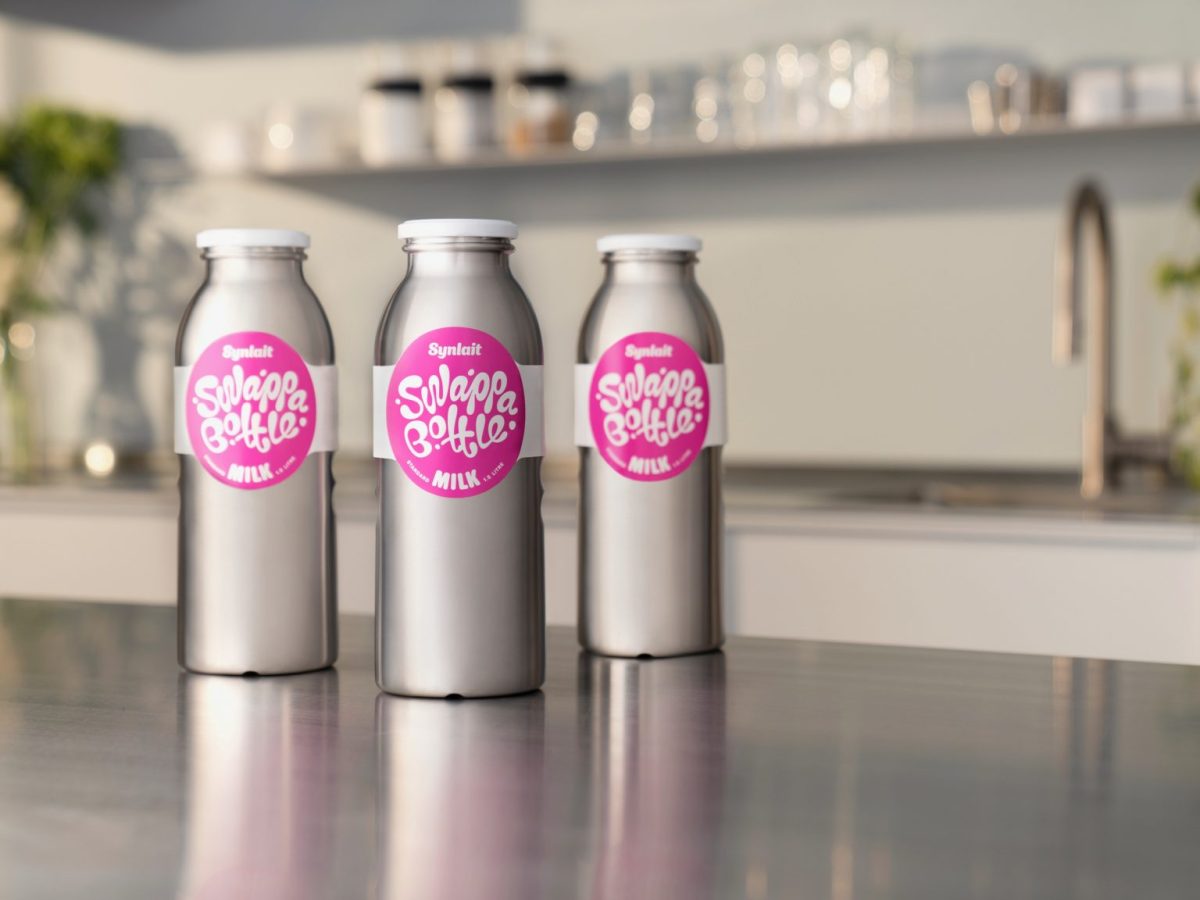
“A significant investment was needed to take Swappa Bottle from a pilot product to a nationwide proposition, and the economics to do this did not stack up,” Synlait says.
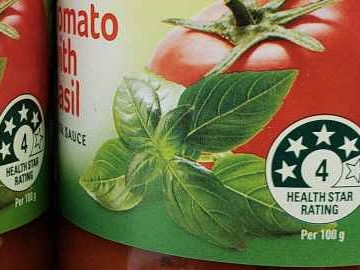
Current food nutrition labels are not living up to their potential, write Deakin University academics, who take a look at Australia’s (and, by extension, New Zealand’s) food labelling system and how it could be more effective.
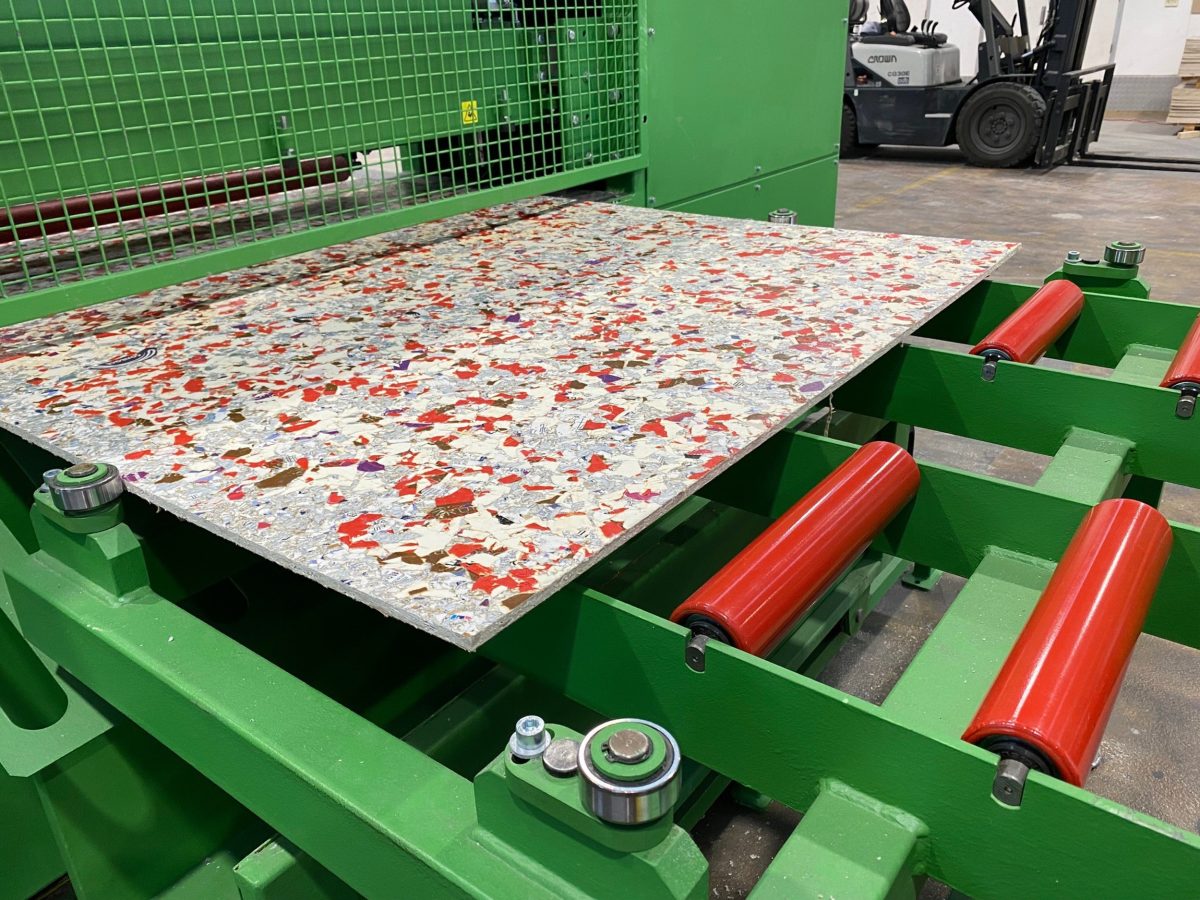
New Zealand packaging waste innovator SaveBOARD has opened its first beverage carton recycling facility in Australia.
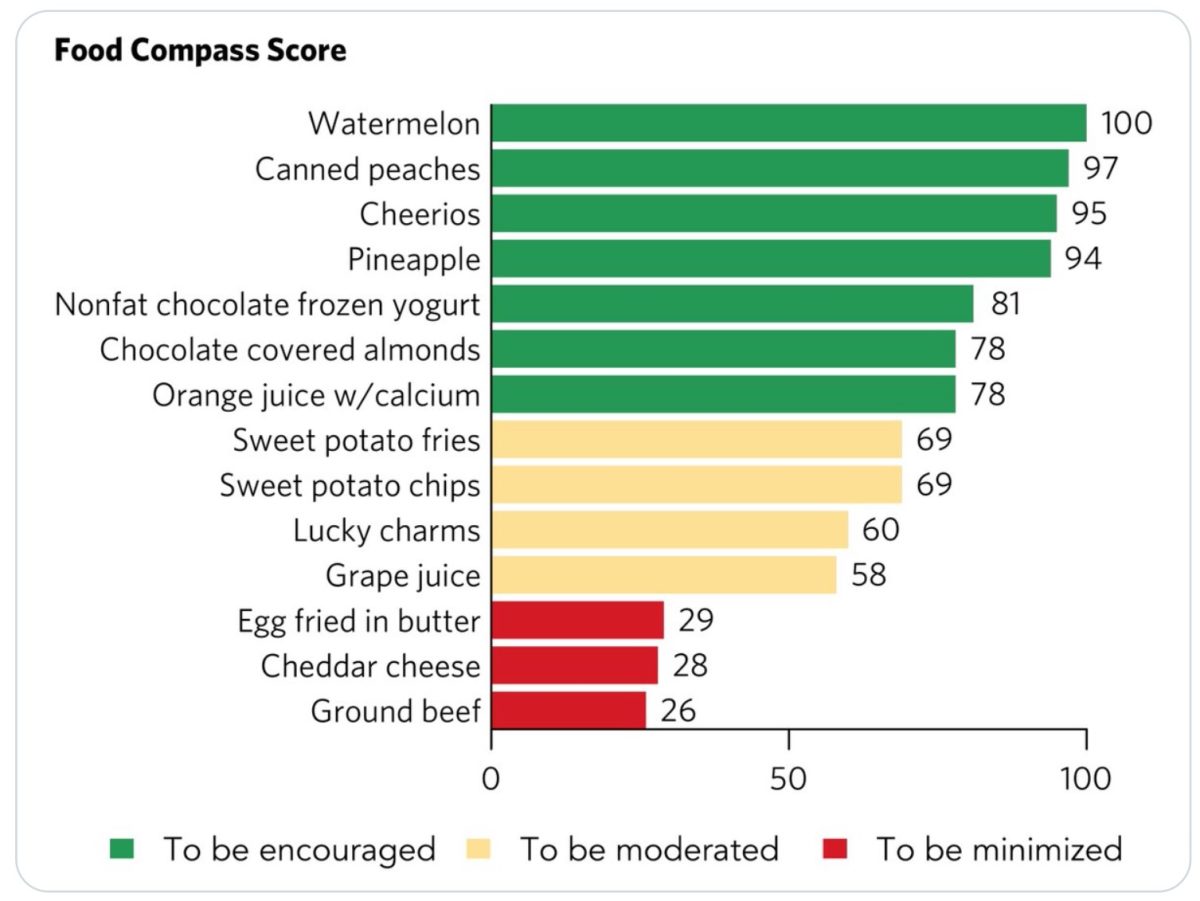
The Food Compass could help consumers make informed choices about the food they are purchasing.
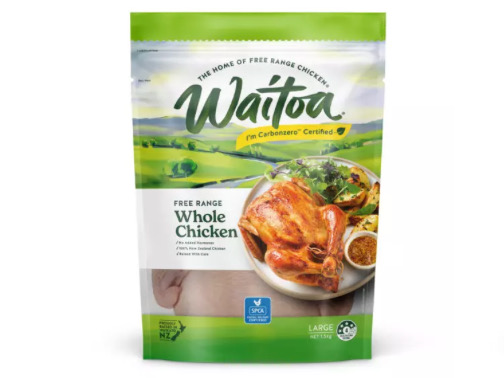
Ingham’s New Zealand’s Waitoa free-range chicken and Sealed Air CRYOVAC product has won a WorldStar Packaging Award.
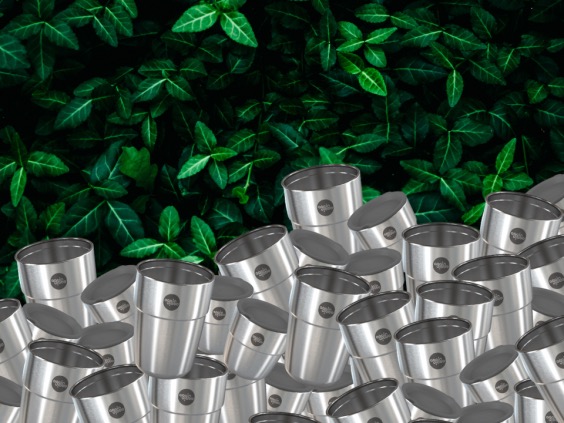
The venture has built a returnable packaging system that works but the bigger problem is changing consumer behaviour, writes founder Nada Piatek.
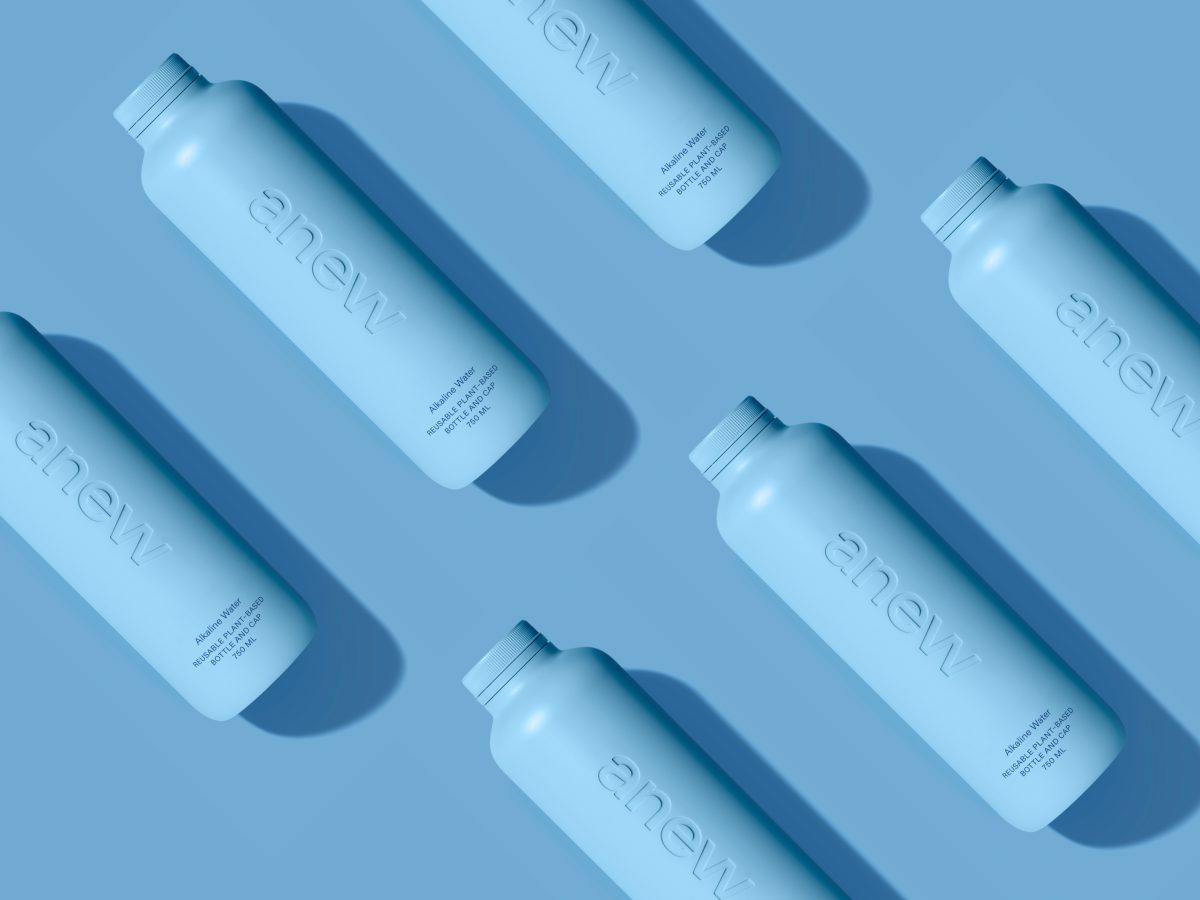
The serial entrepreneur and environmental activist has a new water product, except it’s not the water he’s really selling – it’s the packaging system, and F&B manufacturers are top of his B2B customer list.
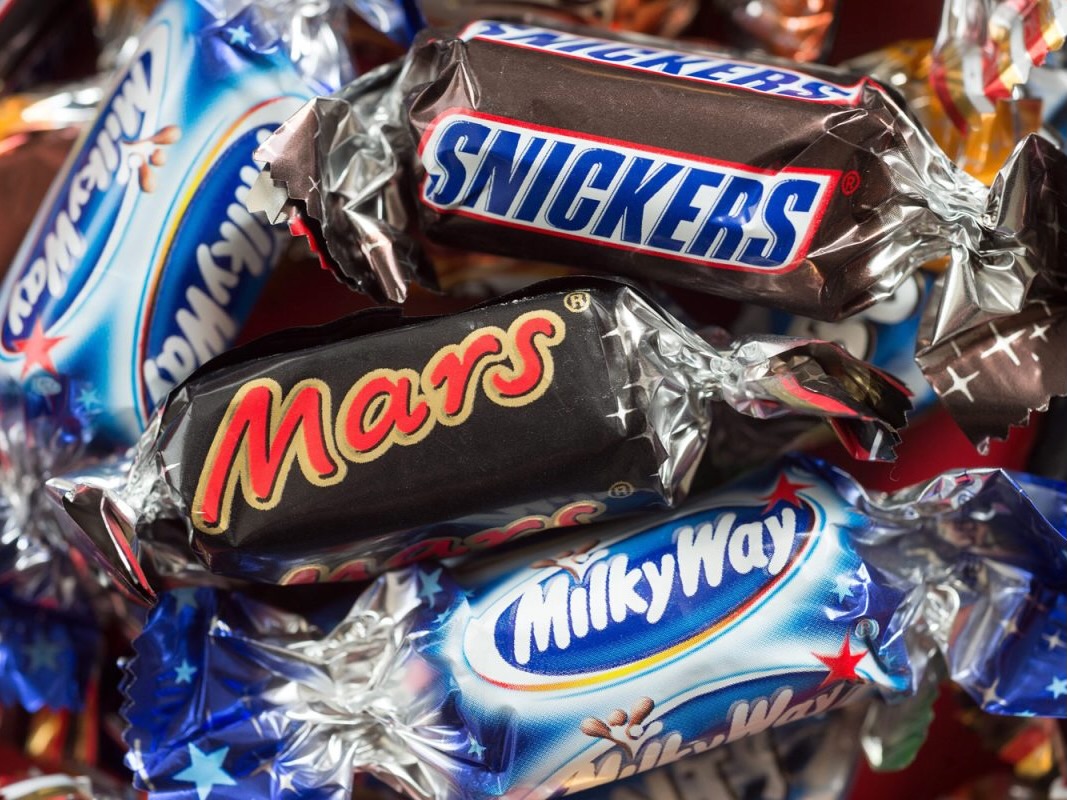
The confectionery giant is shifting to paper-based packaging in NZ and Australia for its flagship Mars, Snickers and Milky Way chocolate products.
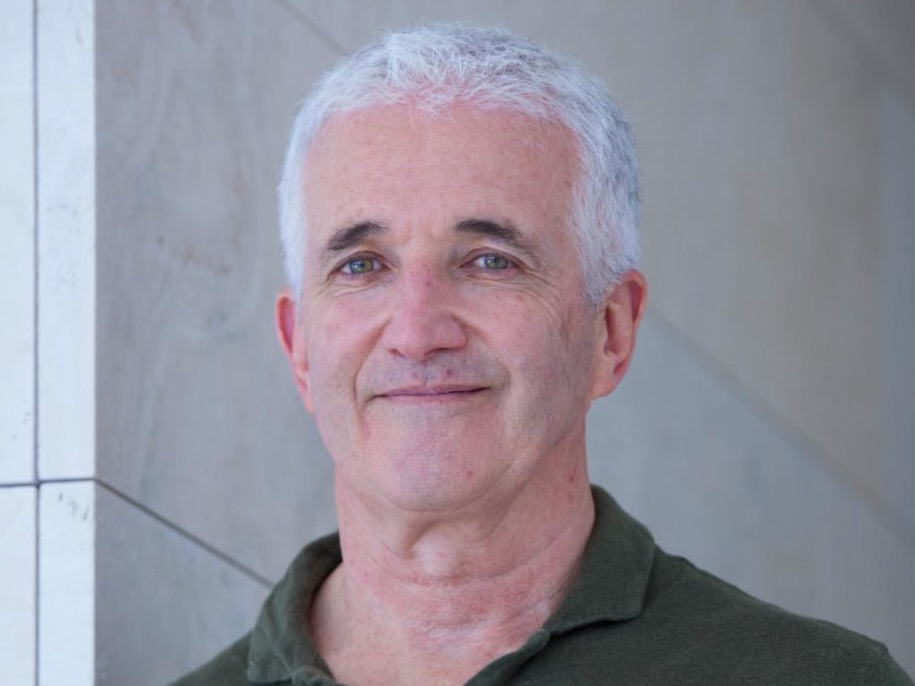
The former Air NZ CEO says there’s a significant opportunity to produce more sustainable, innovative beverage containers for drinks producers and brands.

The Warehouse has launched a new recycle hub at its Royal Oak store in Auckland.
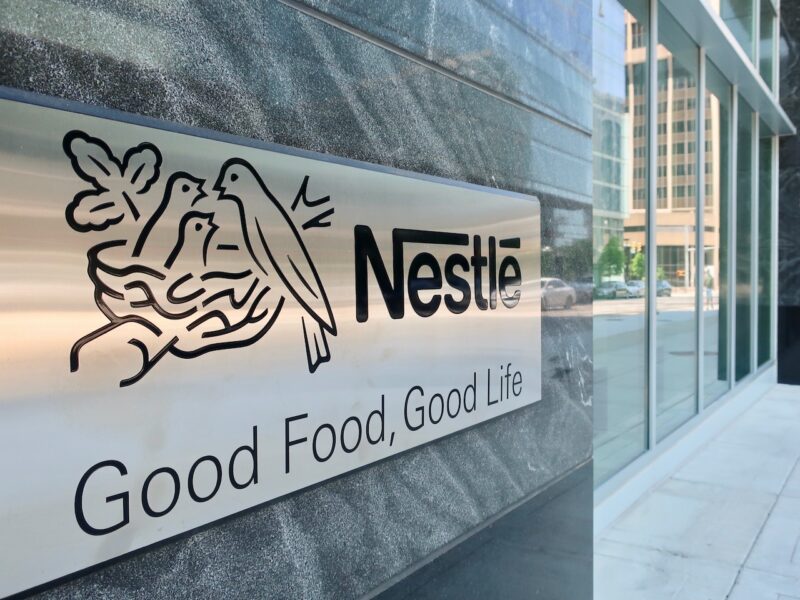
The food giant pledges to share more details of the nutritional value of its products, with the HSR system at the centre of its plans.
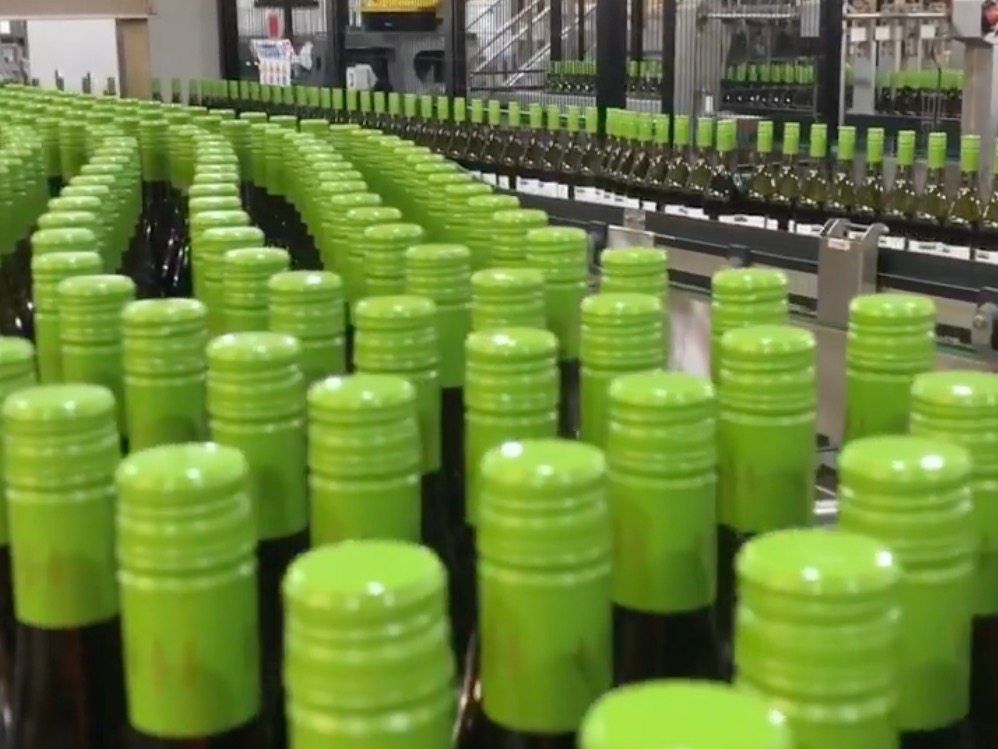
Contract wine bottler and warehouser WineWorks is investing $52m in a four-year expansion plan to combat glass shortages and supply chain woes hitting winemakers.
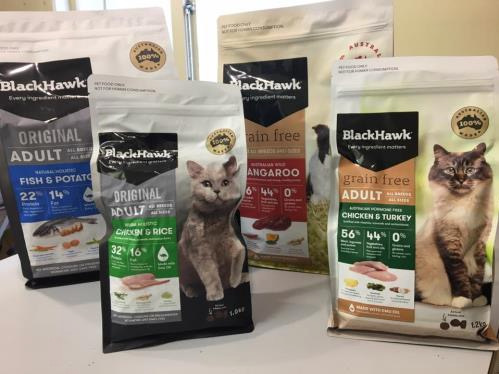
Dual-listed animal and healthcare company Ebos has set a deadline to start its sustainable packaging journey by 2025 at the latest.
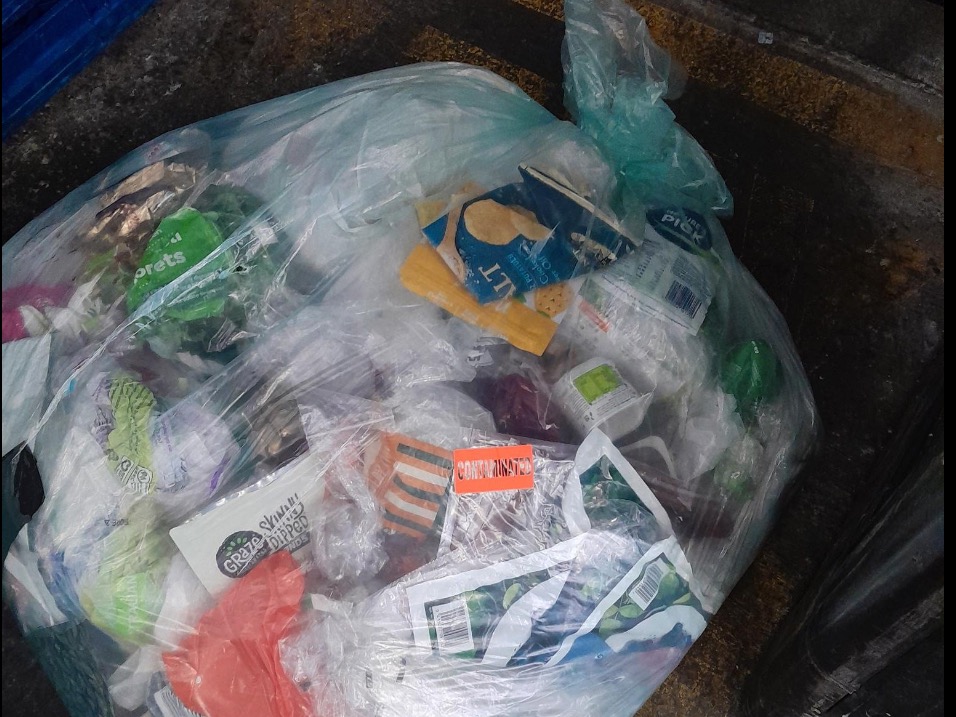
The Ministry for the Environment has opened applications for round two of the Plastics Innovation Fund – Te Tahua Pūtea mō te Kirihou Auaha.
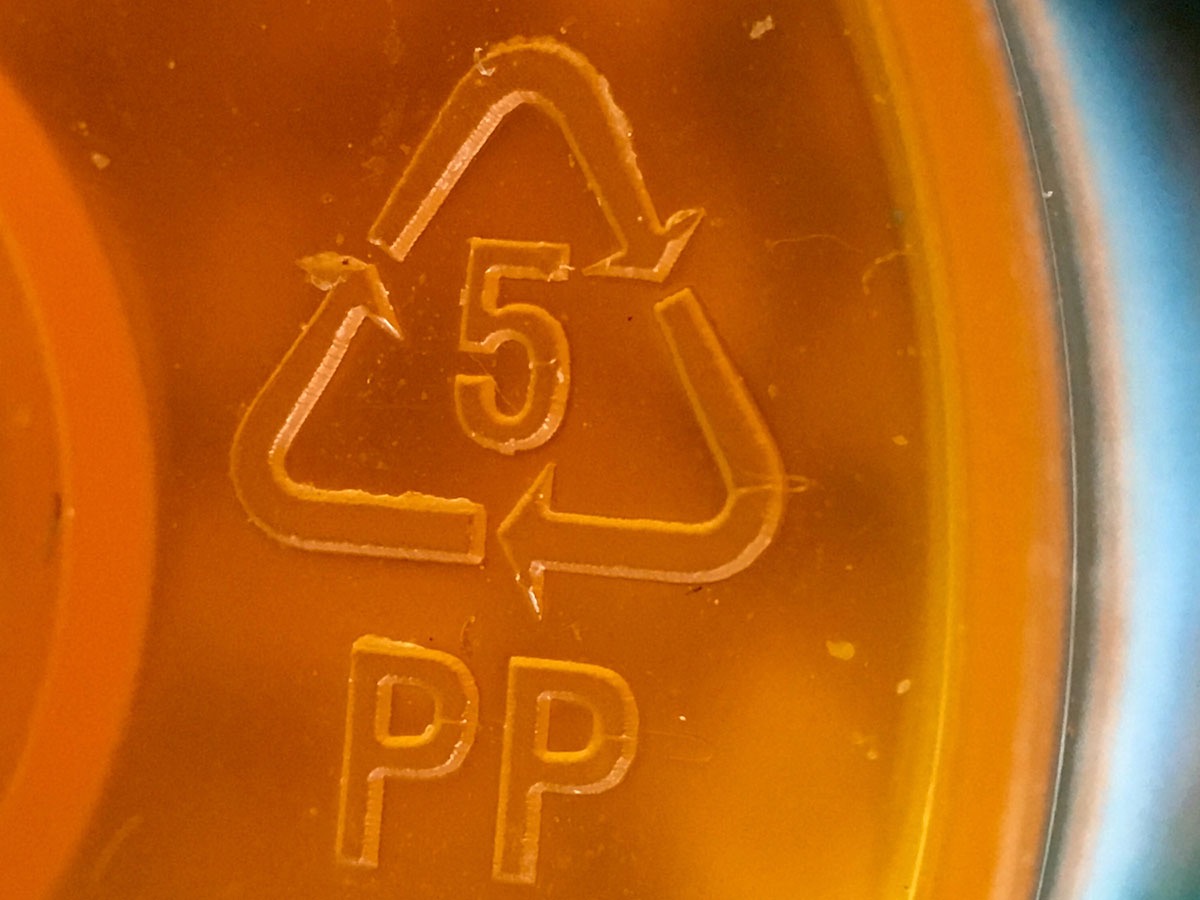
An additional 14 councils have started collecting and recycling more types of plastics in the last 12 months, according to Plastics New Zealand.
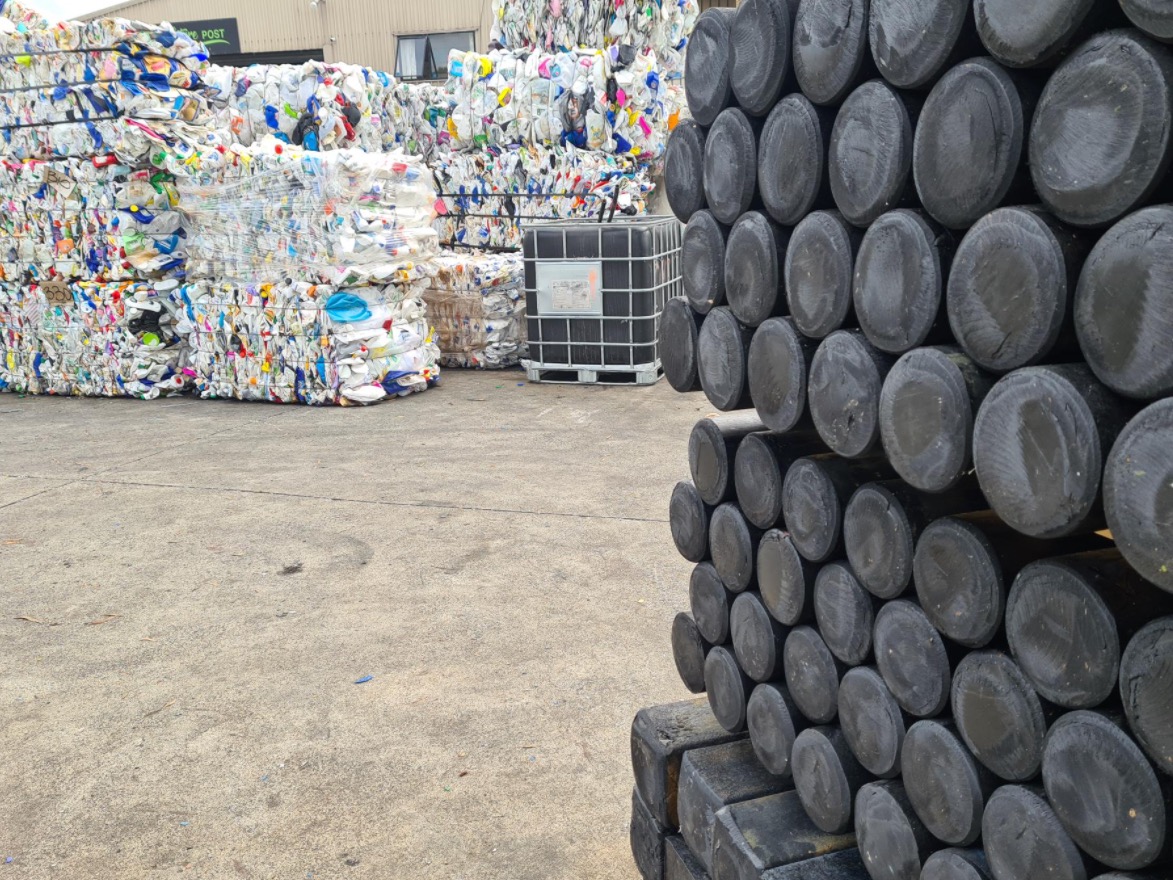
Foodstuffs and The Warehouse are participating in a new soft plastic recycling scheme in Tairāwhiti, according to The Packaging Forum.
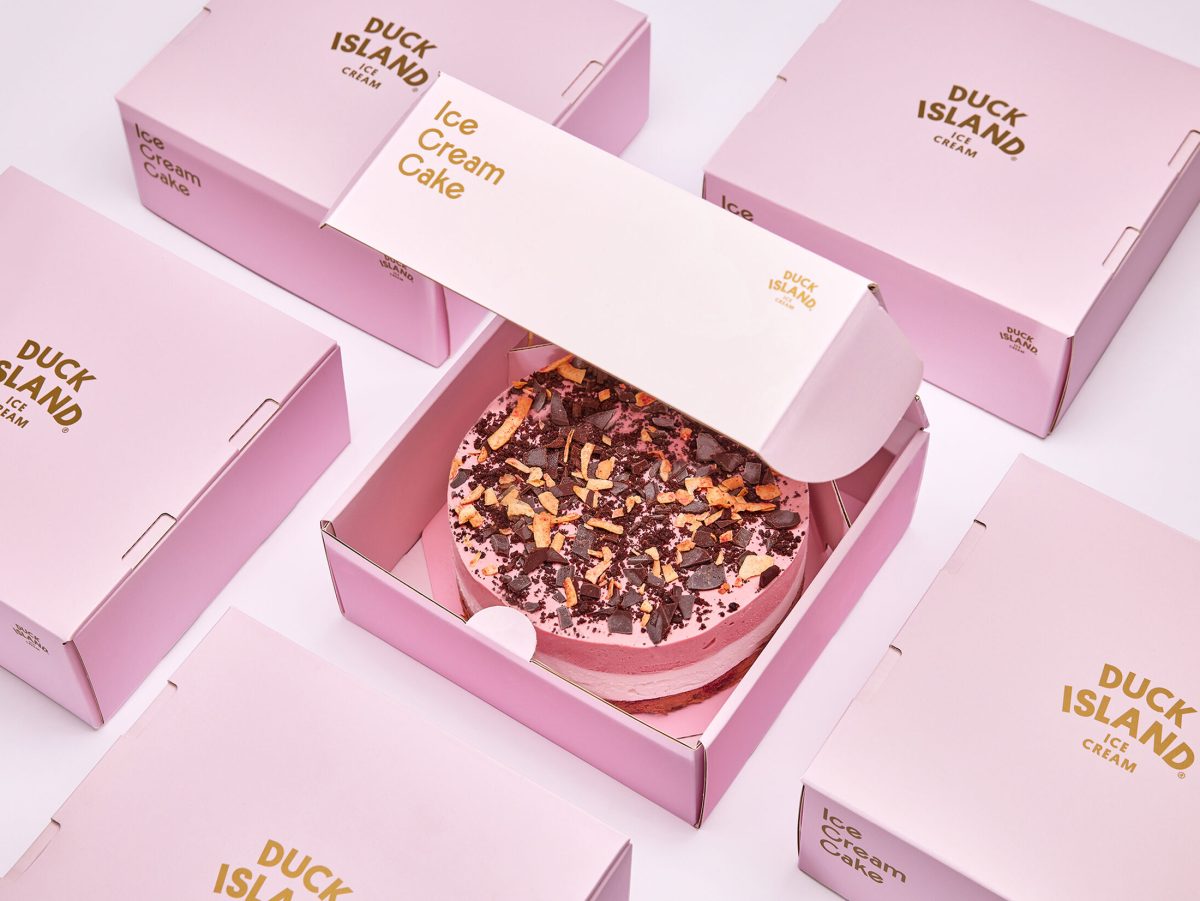
Boring Oat Milk, Duck Island Ice Cream and Six Barrel Soda were among the food & beverage firms which were recognised at the annual Best Design Awards.
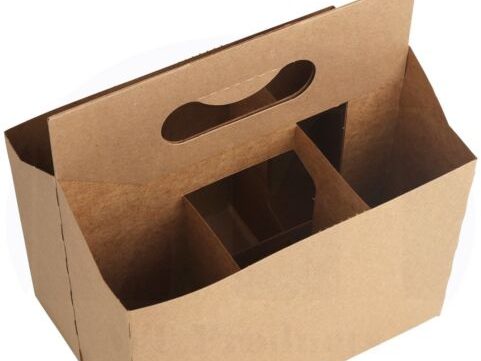
Food Standards Australia New Zealand is calling for comment on an application to permit pregnancy warning marks on corrugated cardboard packaging to be in a single colour on a contrasting background.
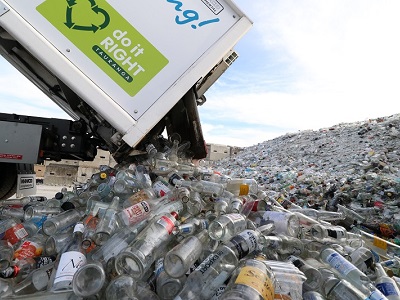
A new report suggests an alternative that is cheaper and more convenient for consumers and better for businesses and the environment, says the Glass Packaging Forum.
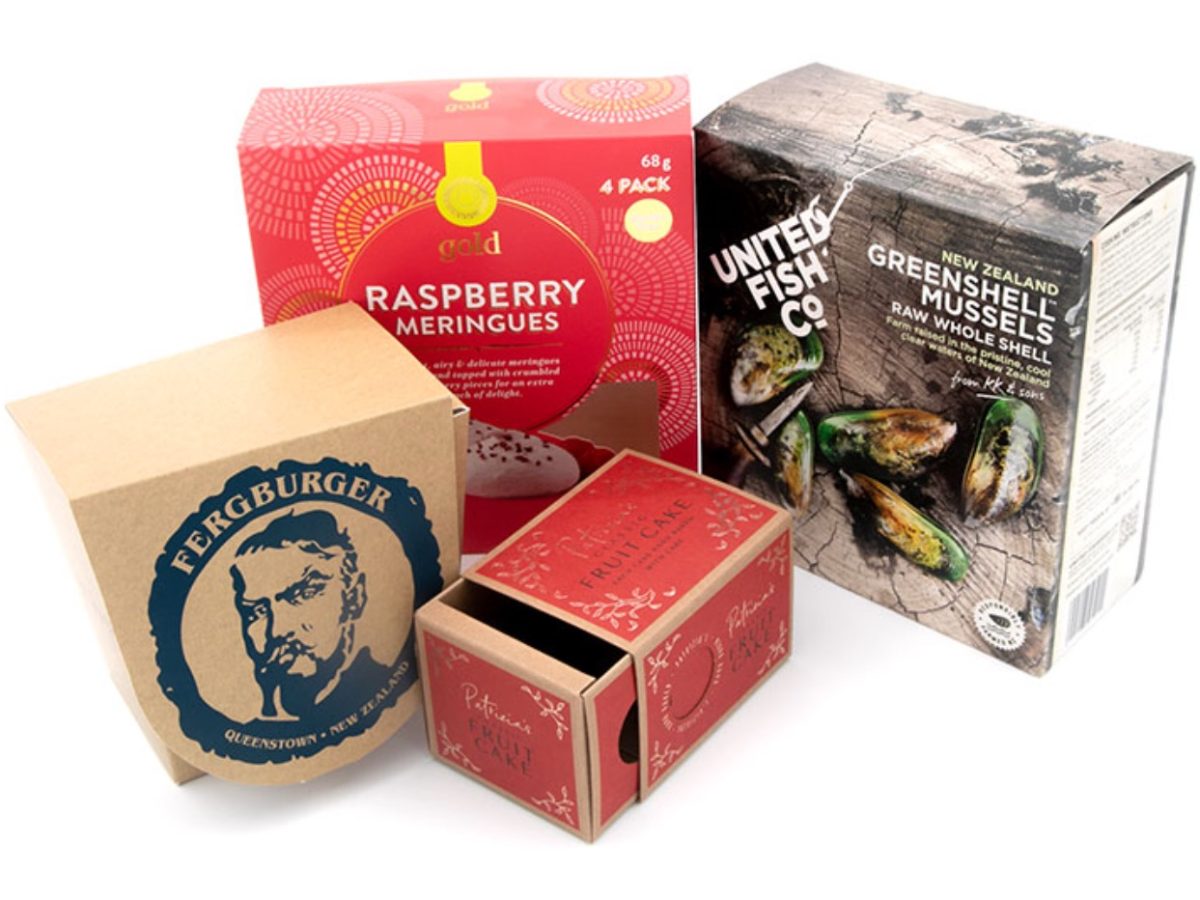
Christchurch packaging company Pakworld says its gaining traction in sale of its folded cartons as brands look to move away from plastic packaging.
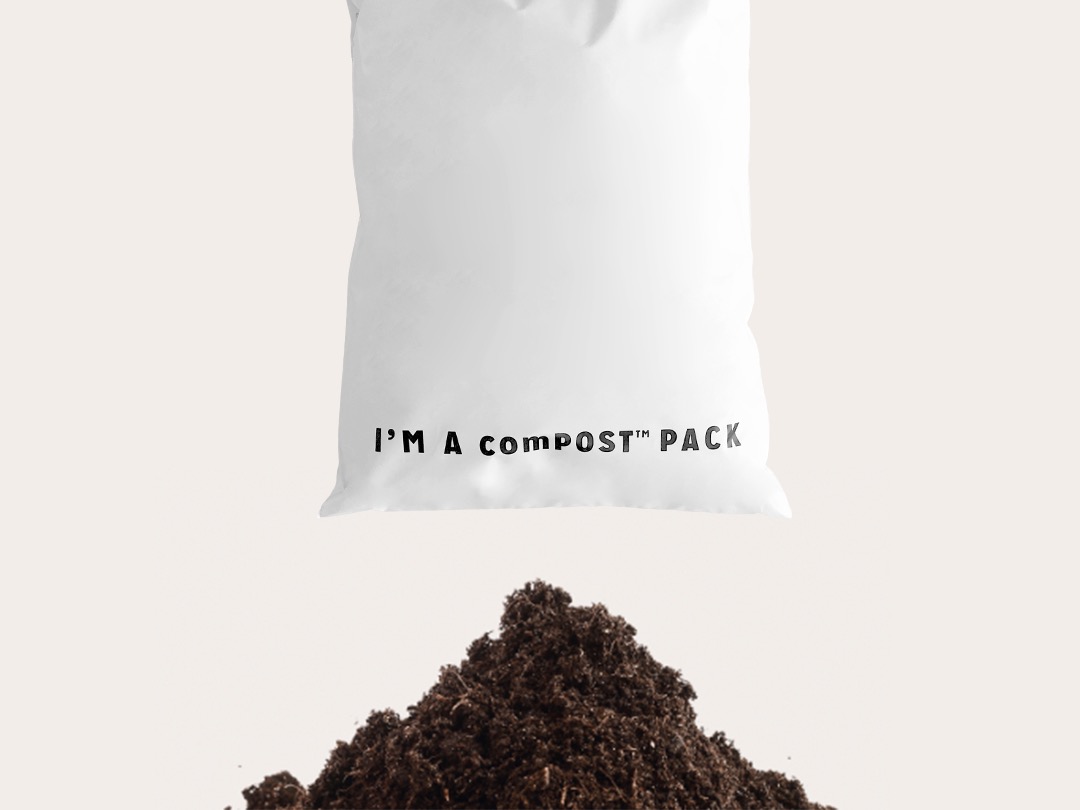
A fast-growing sustainable packaging company used by food and beverage manufacturers and one its directors, Rebecca Percasky, have been rapped over the knuckles by the Commerce Commission.
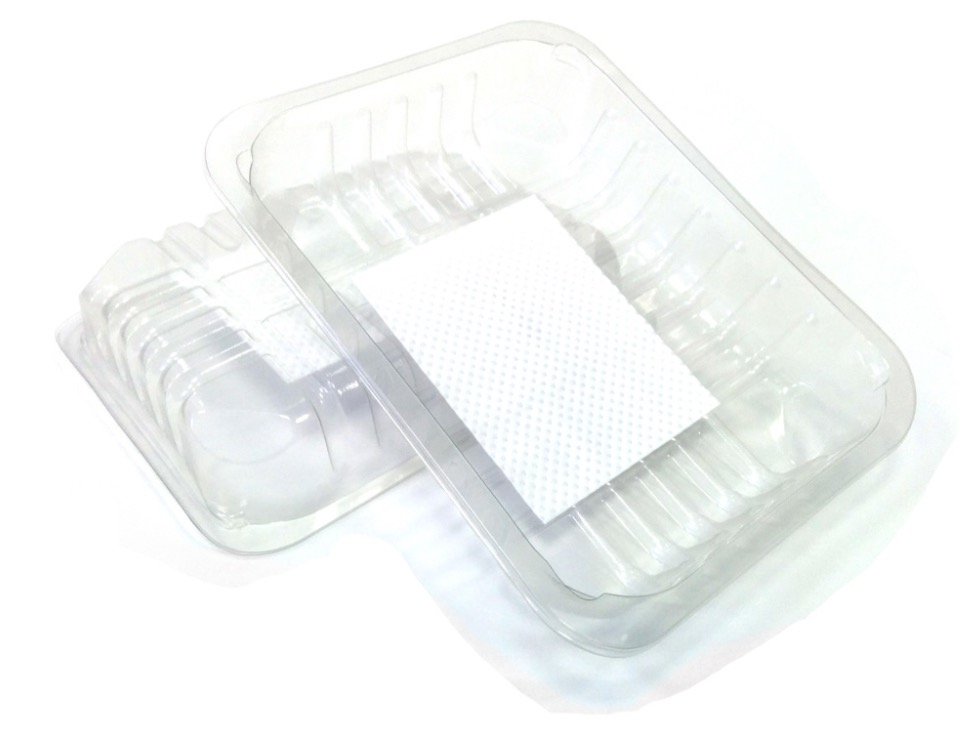
Single-use plastic cotton buds, drink stirrers and most plastic meat trays are among the products that have been banned from sale or manufacture from 1 October.

At this stage, all plastic packaging used for consumer goods sold via retail or wholesale will be included the initiative, as will liquid paperboard and compostable plastic.
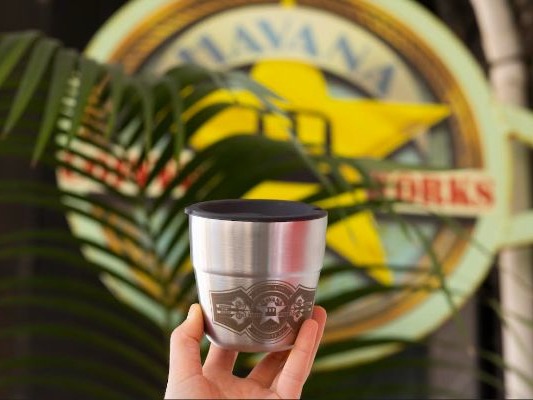
“Our goal is to create a zero-waste circular system that is convenient and simple for Kiwis to get behind,” Havana’s Sam Keall says.

Food waste is a complex issue, but one simple change is following the UK and removing “best before” dates.
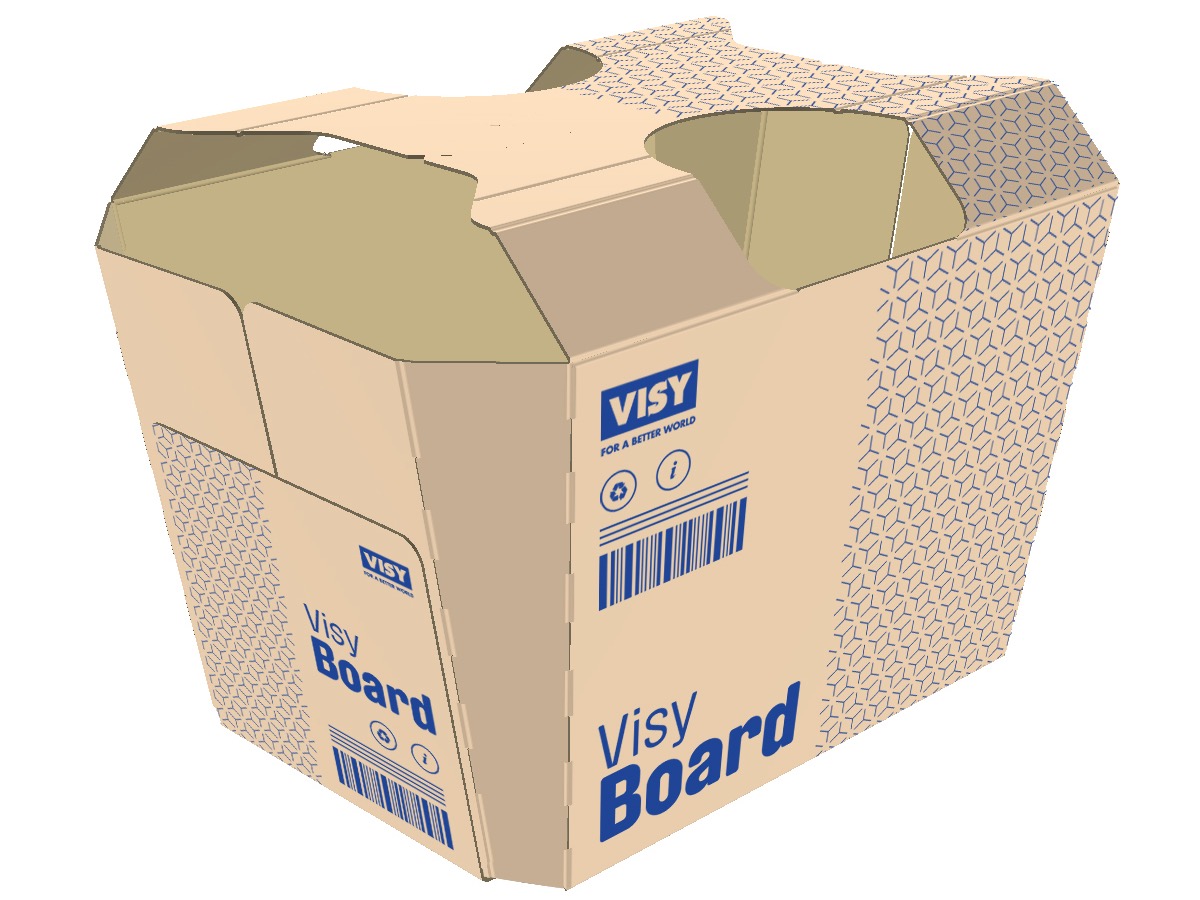
Around 200 workers from Visy Board and Charta Packaging are striking today at Wiri, Auckland, and have been joined by employees from Opal Kiwi Packaging, who went on strike on Friday.
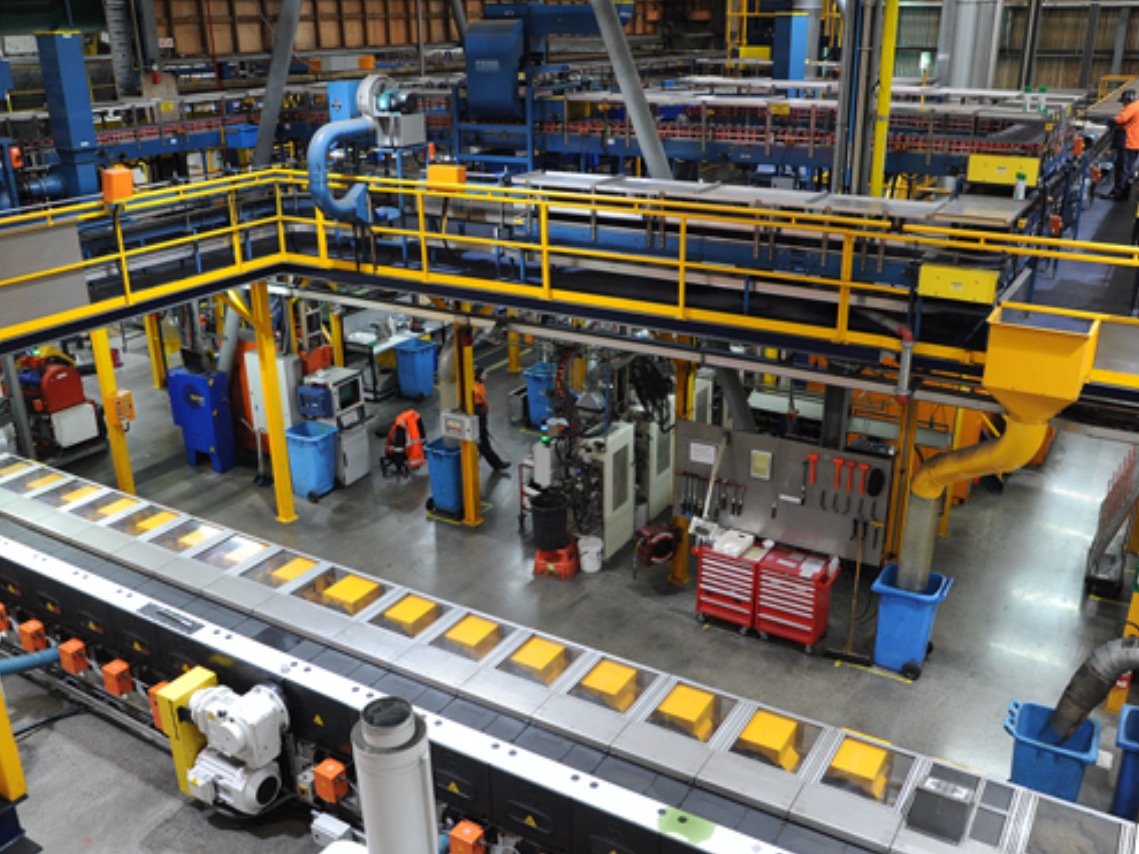
Up to 90 Opal Kiwi Packaging worker in Auckland are striking and picketing today, 2 September, to move wage negotiations along in their latest round of bargaining for a new collective agreement.
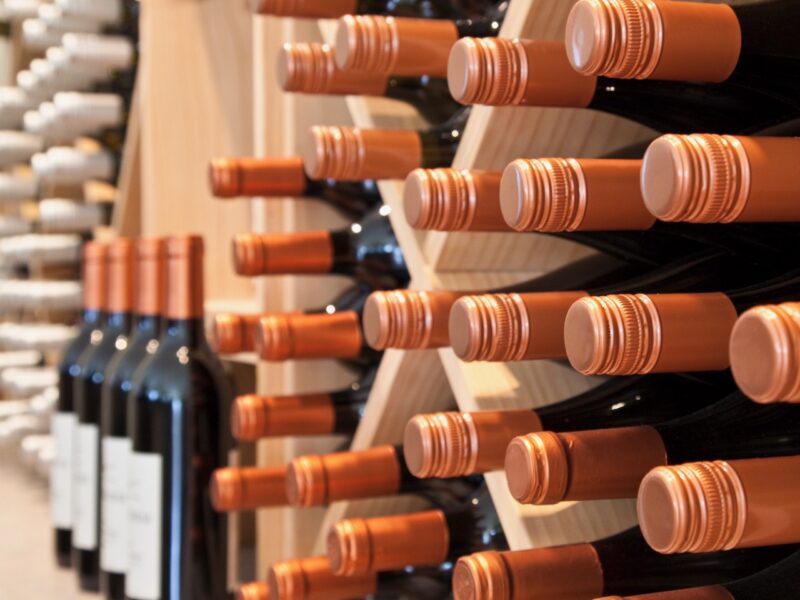
New World has partnered with Plastics New Zealand on a new initiative to help educate children on the importance of recycling and reducing waste to landfill.
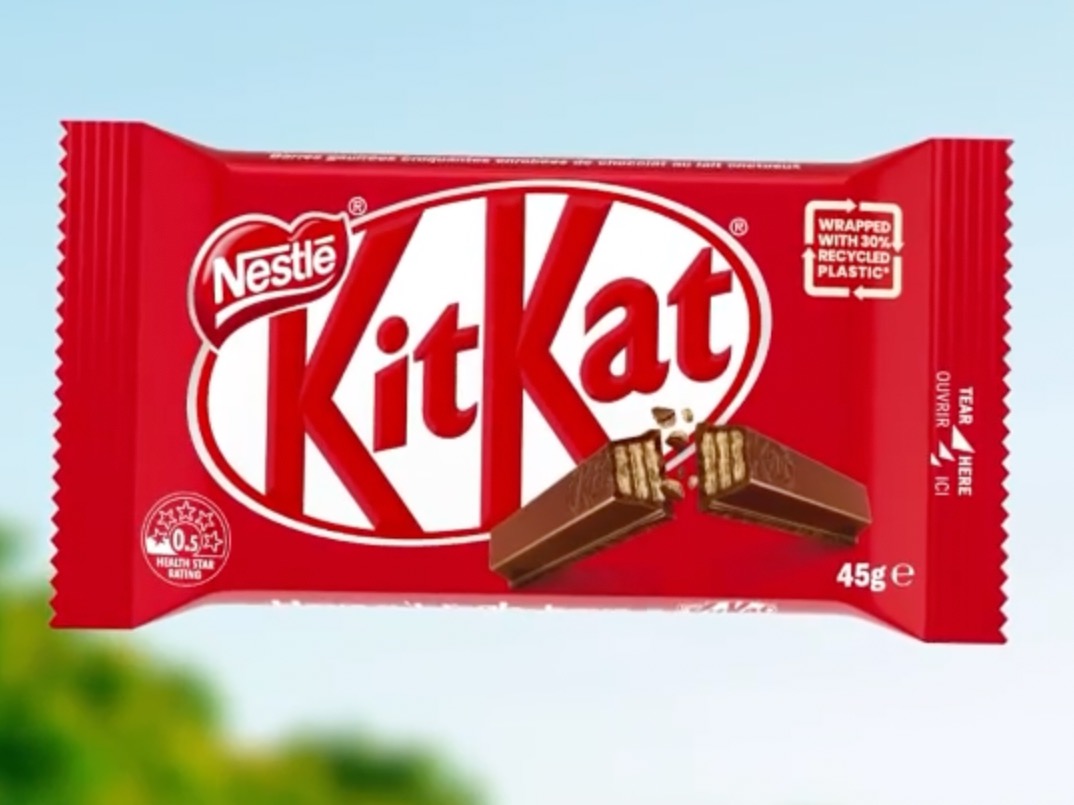
The KitKat chocolate bar is getting a new wrapper using 30% less virgin plastic – pipping rival Mondelēz to the post with what it claims is a New Zealand first.
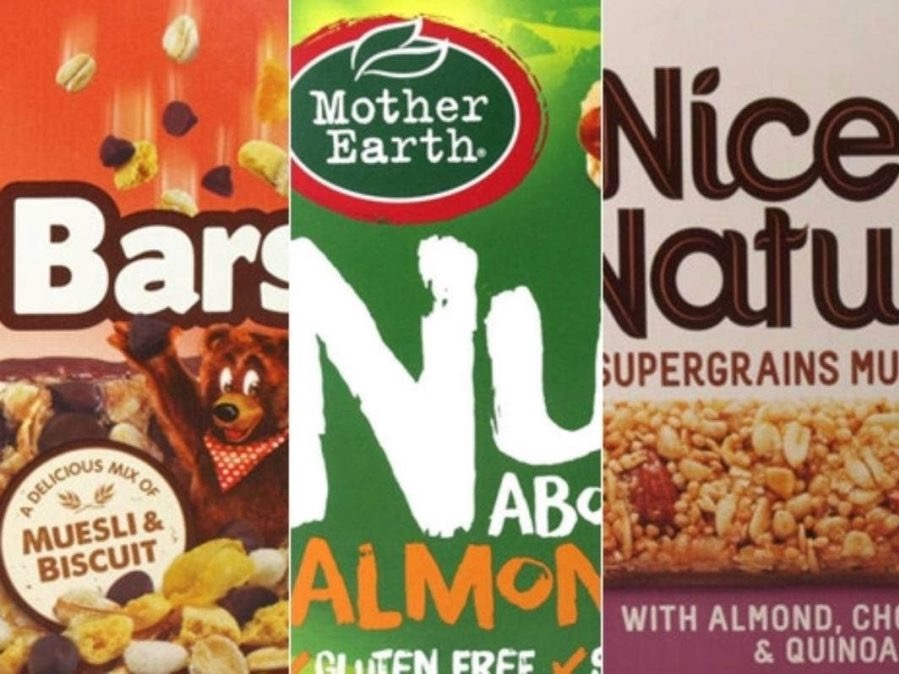
A Dunedin startup and researchers from Oxford University are separately devising eco-labelling algorithms – with the NZ venture starting with the muesli bar category.
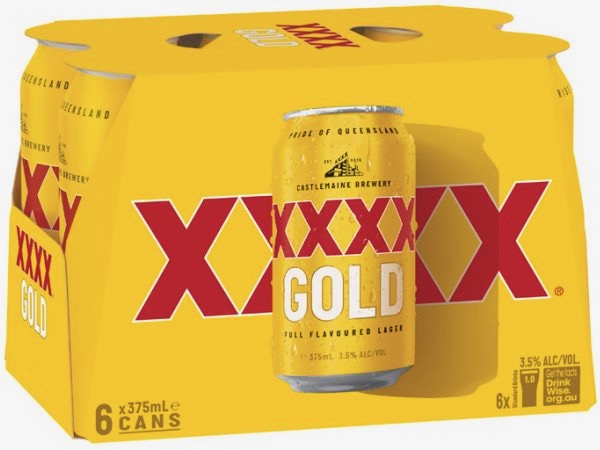
Lion New Zealand is shrink-wrap free, but the Australian business has had to push out its phase-out by two years due to supply chain disruption.
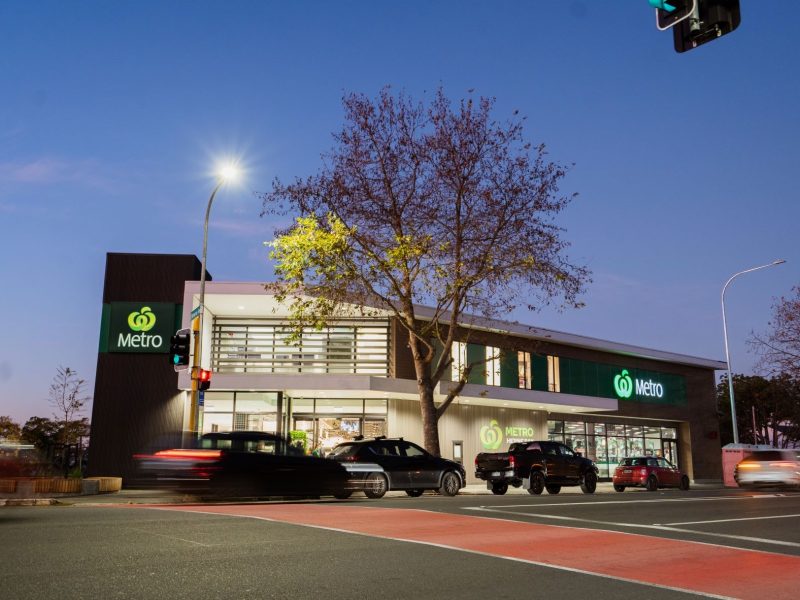
Countdown’s pilot project to remove single-use plastic produce bags starts in 19 stores today, adding to the Metro Herne Bay store, which opened without the bags in late June.

The government has become a supporting member of ANZPAC Plastics Pact, a voluntary platform addressing plastic packaging.
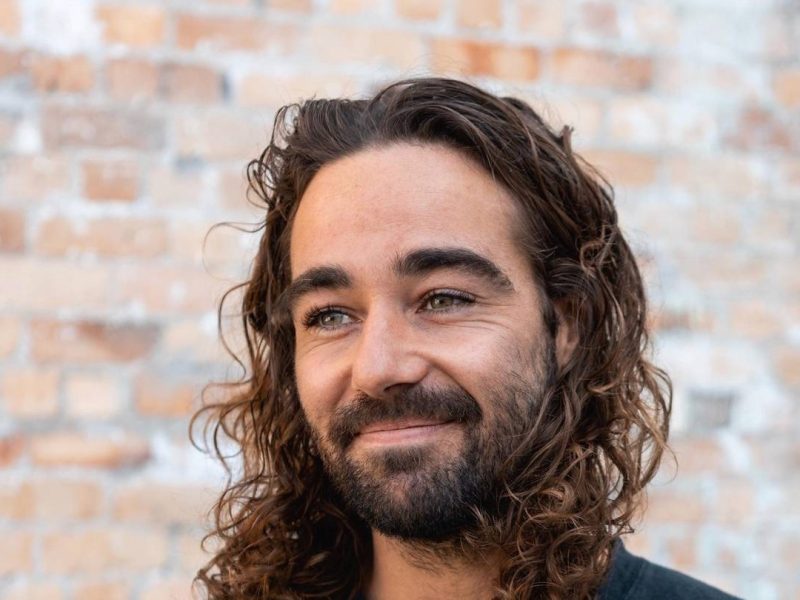
The RSPF investment will support development of a factory for sustainable plastics venture, Plentyful.

The Packaging Forum is calling for applications to its latest funding round.
A new partnership between the New Zealand Food & Grocery Council and the Australian Packaging Covenant Organisation is set to increase the recycling of packaging in Aotearoa.
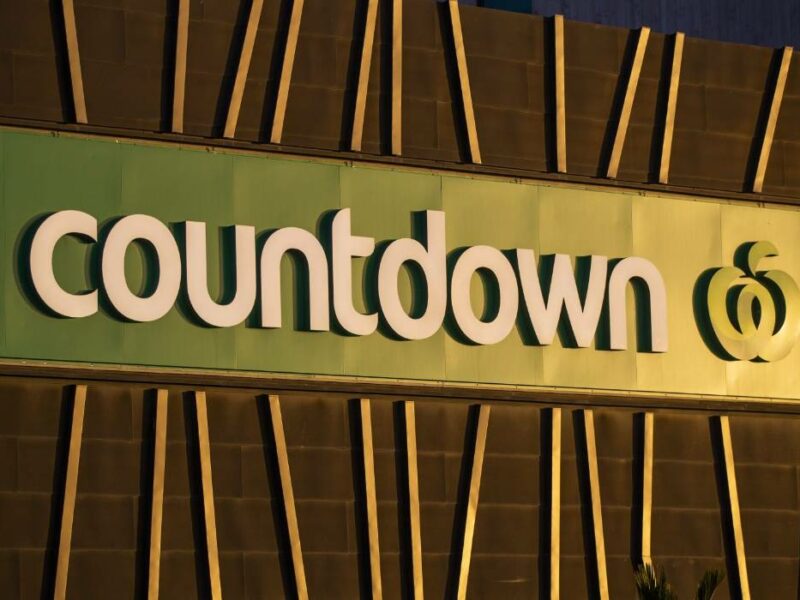
Countdown is starting a pilot that will remove single-use plastic produce bags from 19 stores from 25 July, taking the total to 20 stores after Metro Herne Bay opened without them last month.
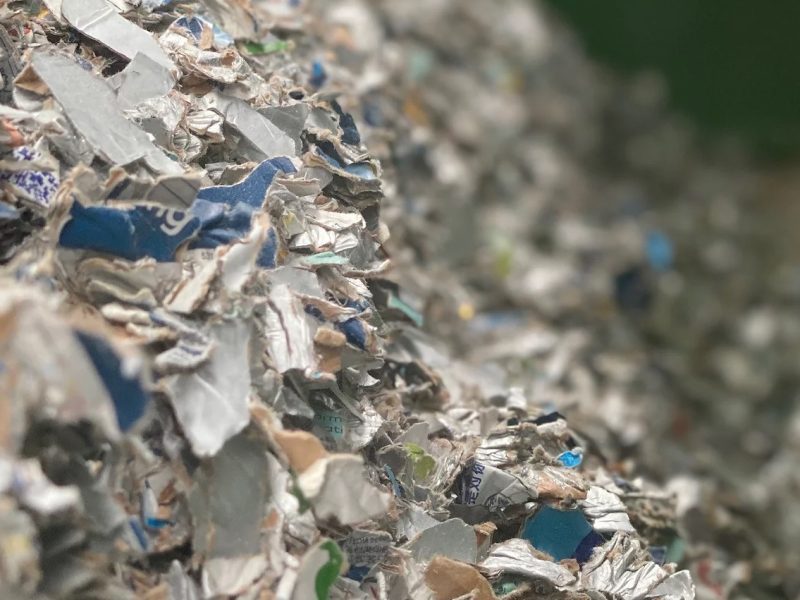
SaveBOARD’s Te Rapa factory has been officially opened by Hamilton Mayor Paula Southgate and Hamilton West MP Dr Gaurav Sharm
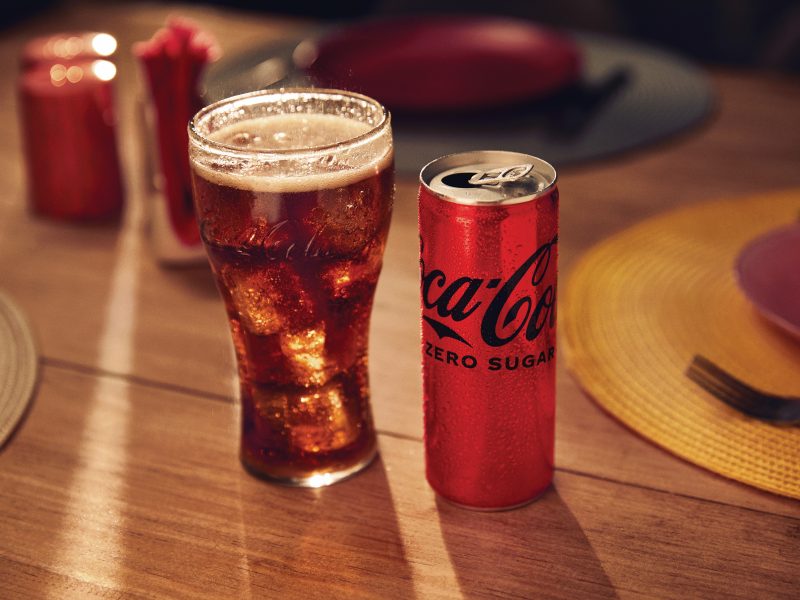
The two F&B giants are changing products and packaging in NZ to deliver on health and sustainability targets.
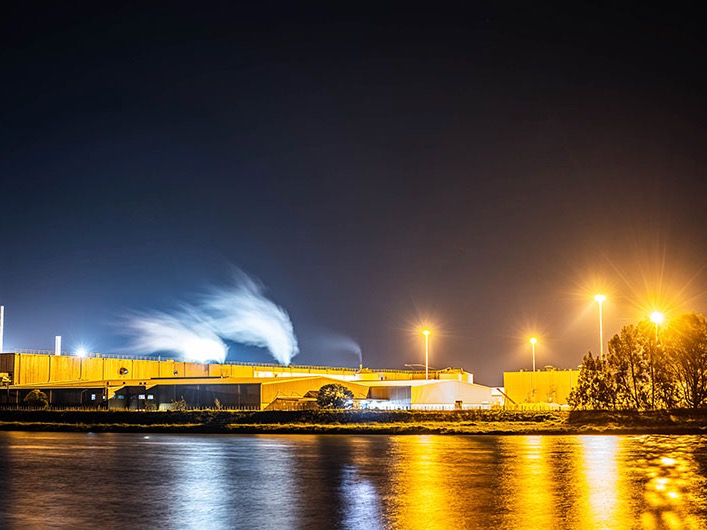
Former FMCG business leader Ron Hooper has been appointed the new chief executive of Whakatane Mill.
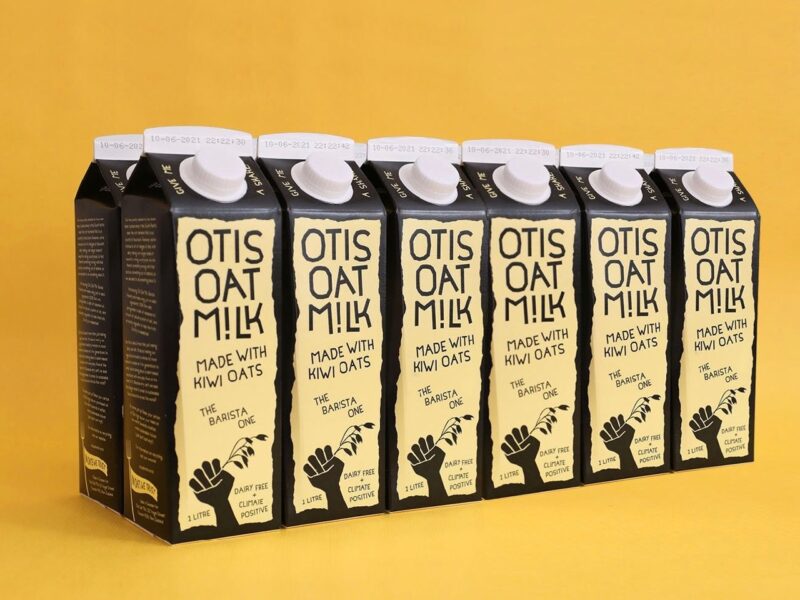
Otis wants recycling standardised and for Tetra Pak to be included, while Fix & Fogg, Raglan Food Co et al are backing Chia Sisters’ bottle re-use petition.
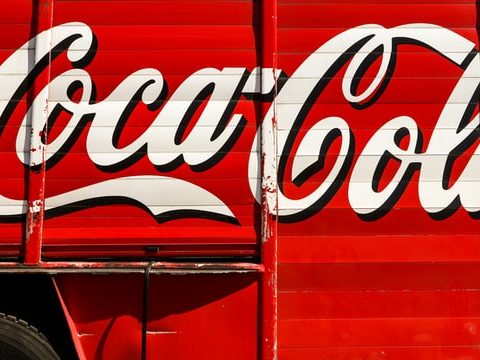
Subscribe now to enjoy unlimited access to Food Ticker, New Zealand’s new food and beverage industry trade daily. Thank you for visiting Food Ticker. Click here for our subscription packages. We MORE »
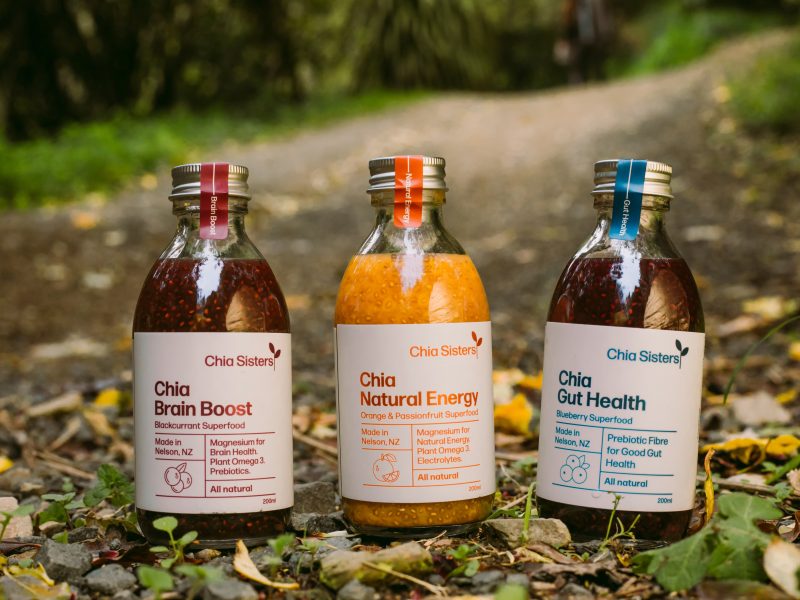
Chia Sisters has launched a petition calling on the government to establish a scheme to re-use bottles as part of its Container Return Scheme which is out for consultation.

The Zero Waste Network and The Kiwi Bottle Drive have welcomed the government’s Container Return Scheme proposal for the breadth of materials included, that is plastic, aluminum, glass and liquid packaging board.

The government has extended the consultation period on three proposals released in April to transform recycling in Aotearoa New Zealand, Te Panoni i te Hangarua.

NZ Post has teamed up with The Packaging Forum and Future Post to expand on the Soft Plastic Recycling Scheme to undertake a pilot trial, which will see a courier pick-up discarded soft plastics.
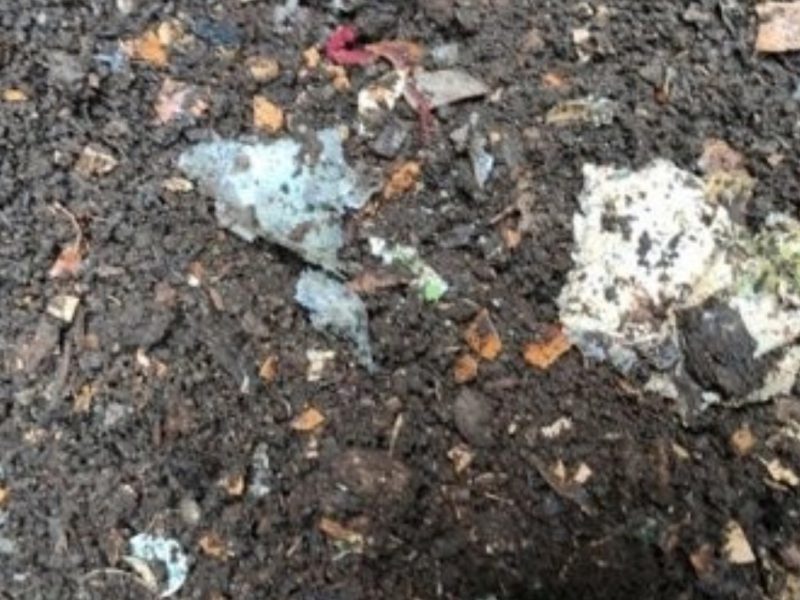
The Ministry for the Environment has released its position statement on compostable packaging as part of the government’s National Plastics Action Plan.
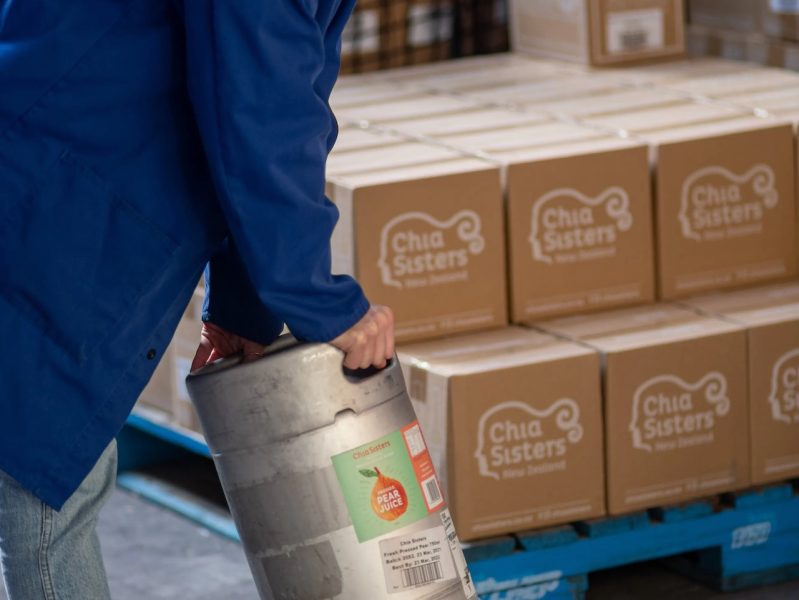
The Nelson nutritional drinks company wants to have 50% of all sales from kegs or refillable vessels by the end of the decade.

The Kiwi Bottle Drive, New Zealand’s community campaign for bottle deposits, is calling on the public to make submissions to the government’s consultation on a proposed beverage Container Return Scheme.

Transforming recycling with the government’s Container Return Scheme.
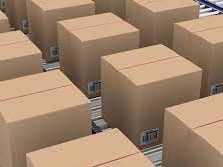
New Zealand Trade and Enterprise has released new resources on sustainable packaging for exporters, in response to global trends and requirements for businesses to reduce waste and non-renewable material use.

Overpackaging and non-recyclable packaging is a top concern for New Zealanders, according to new research by Kantar.

Industry needs support from government in the form of clear and co-ordinated policy, regulation, and incentives to help New Zealand achieve zero plastic waste.

There’s criticism of the government’s proposed container return scheme, but beverage giant Coca-Cola looks to support it under certain conditions.

The government has laid out its proposed CRS, and claims manufacturers and retailers will be able to pass on costs to the consumer.

Goodman Fielder has added recyclable cardboard bread tags to all its bread loaves, buns and rolls.

Dunedin residents can now recycle their soft plastic packaging at eight Countdown, New World and The Warehouse stores across Dunedin and Mosgiel.

The company is looking for investment to scale-up production of its home compostable packaging.
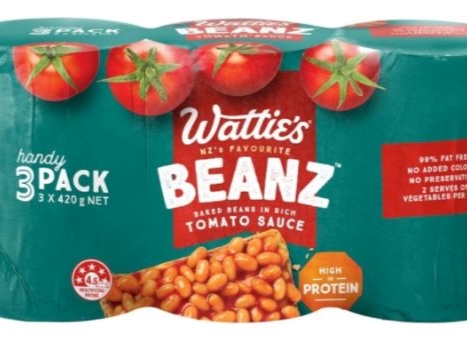
Watties and Verkerks are among the top five most complained about companies when it comes to packaging, according to Consumer NZ.

Again Again is holding a free seminar on moving to reuse as a systemic replacement to single-use container packaging.

Fonterra-owned Anchor has launched its plant-based milk bottles in supermarkets in the South Island.
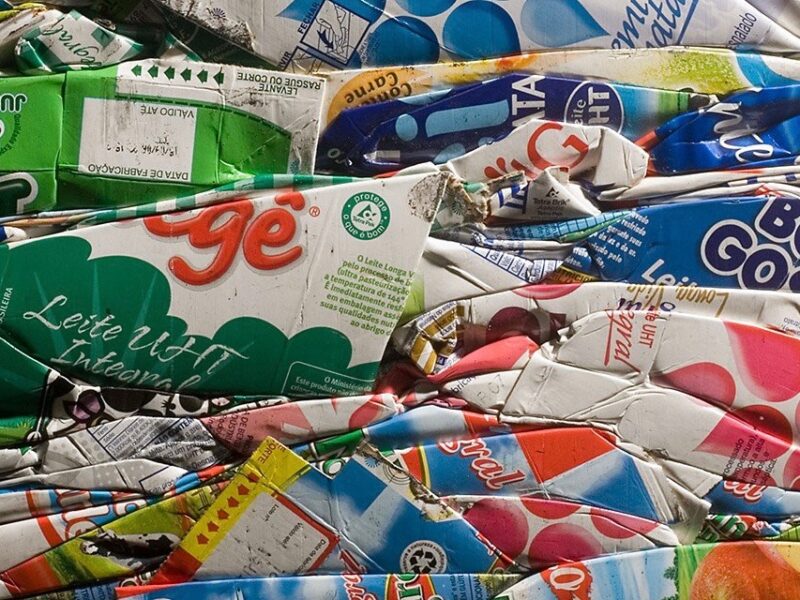
Fast-food and tetra pak cartons destined for the landfill are being converted into building supplies, thanks to Freightways investment.
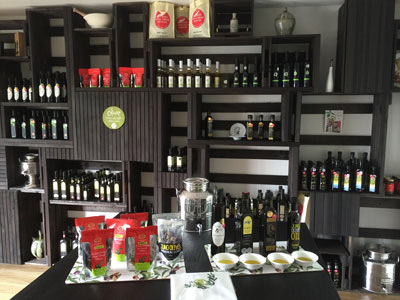
Top New Zealand oil producer The Olive Press supports a call to extend country of origin labelling to its products.
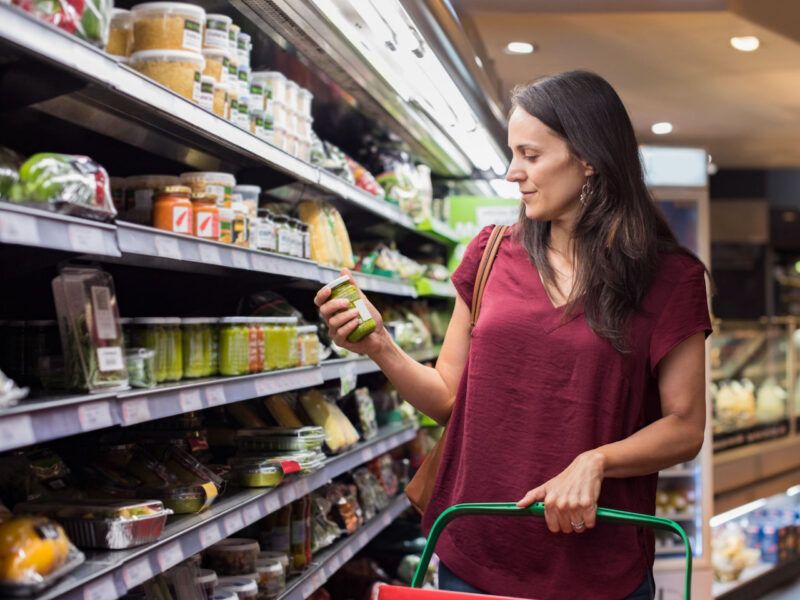
New country of origin regulations come into force on Saturday for fresh and thawed foods.
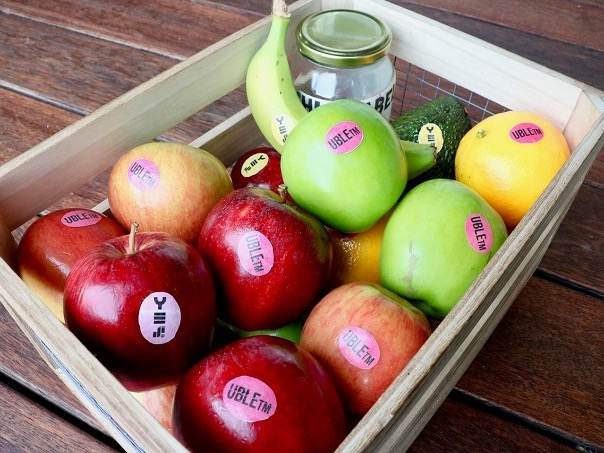
A trial of the eco-stickers will start in July.
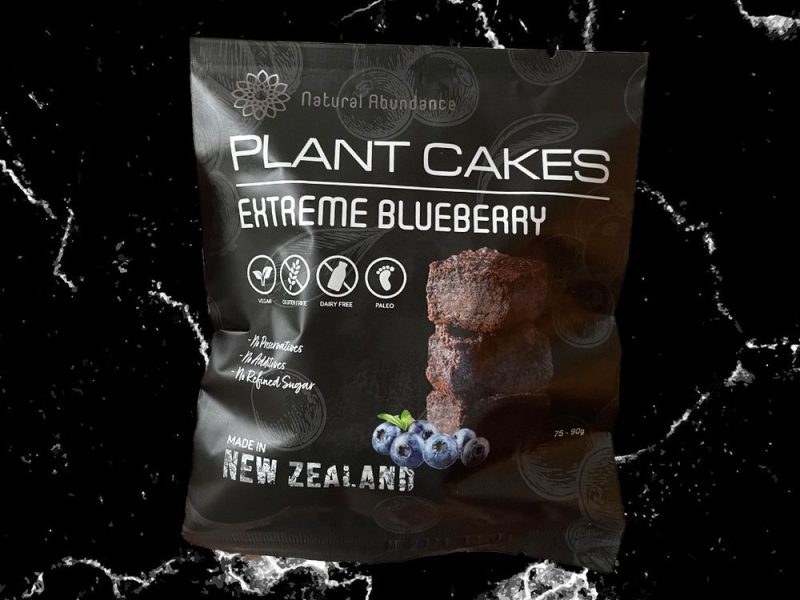
Are NFTs an opportunity for food and beverage firms? Kristina Ivanova’s plant-based snack maker jumps in.

New Zealand Pork is calling on consumers to buy Kiwi-produced pork after new country of origin laws come into effect on 12 February.
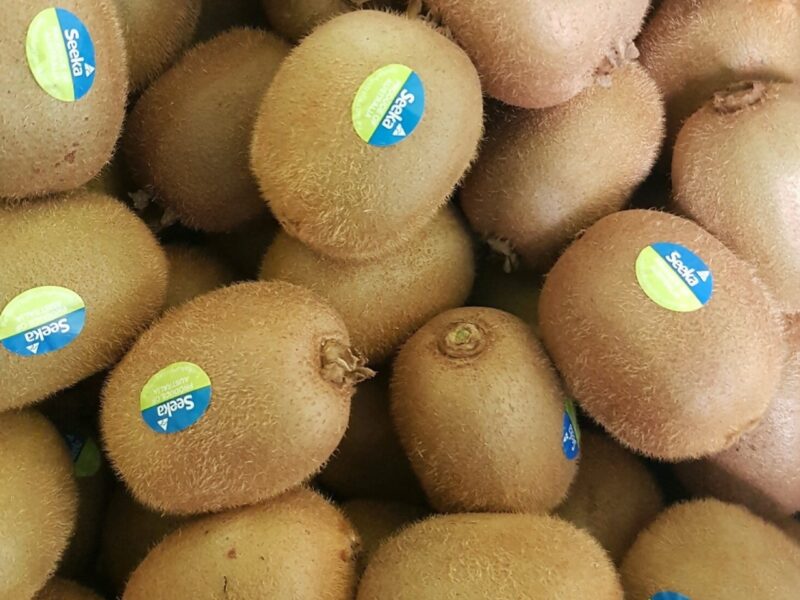
Seeka says it has entered an amalgamation agreement to acquire Gisborne packing business New Zealand Fruits Limited.
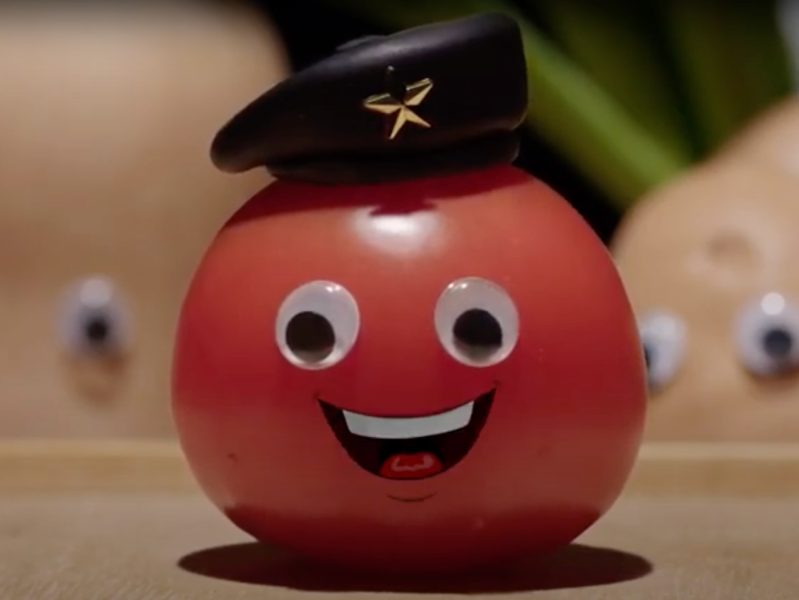
Jenkins Freshpac Systems is canvassing opinion on sustainable packaging as part of its Join the Vegelution campaign.
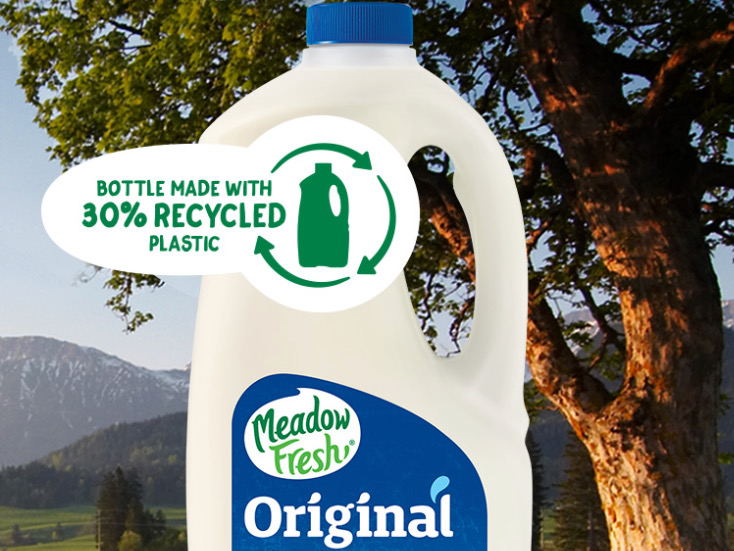
Goodman Fielder is reducing the amount of virgin plastic originating from Meadow Fresh brand milk bottles by including recycled plastic content in its containers.
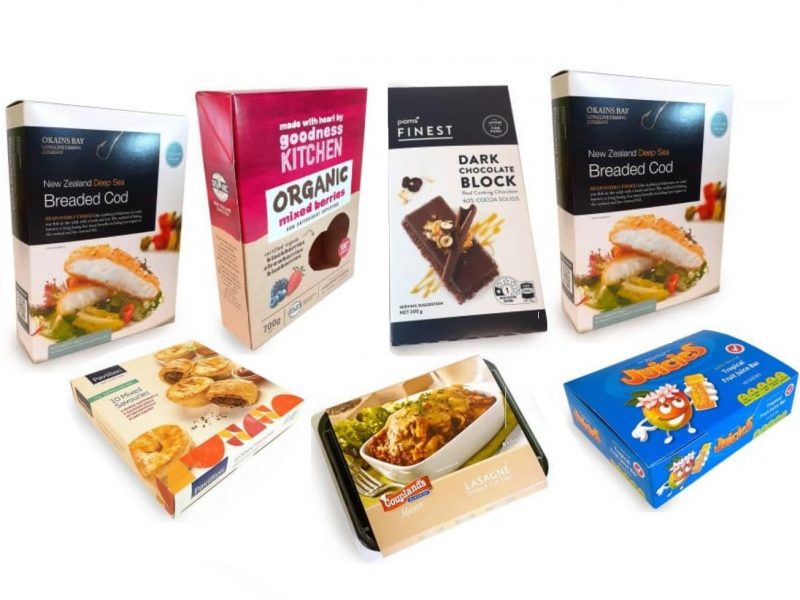
Packaging specialist Pakworld has had a bump in business as food firms look for local alternatives to importing materials because of Covid-19 disruption to global supply chains.
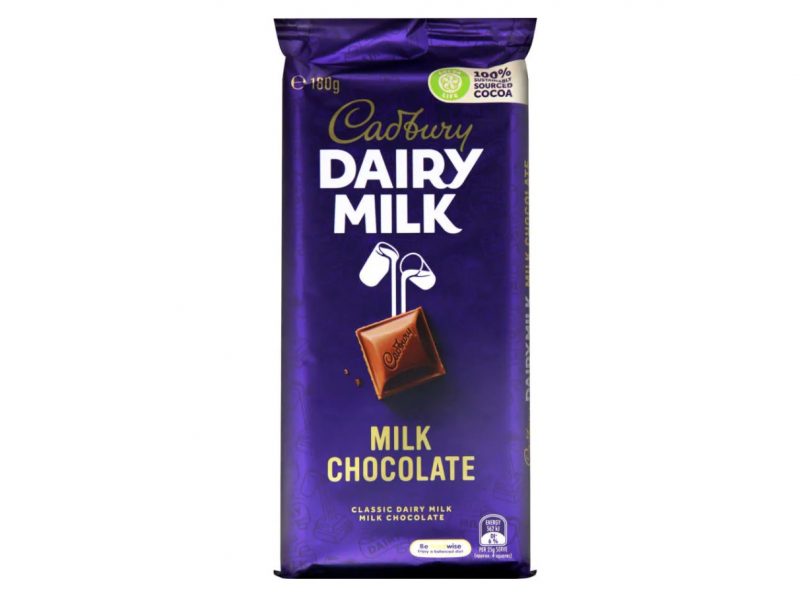
The new part-recycled packaging for Cadbury Dairy Milk family blocks will hit New Zealand shelves next year.

New Zealand is missing out on economic gains because it has been too slow to transition to a low carbon circular economy, according to a new report from the Sustainable Business Network.

Kiwi company saveBOARD has secured a A$1.74m grant from the Australian and New South Wales governments to set-up a A$5m facility that will turn packaging waste such as used beverage cartons and coffee cups into building materials.

Regulated product stewardship of plastic packaging, exploring compostable packaging options, and a potential container return scheme are part of the government’s new national plastics plan.

The Commerce Commission has warned paper packaging company Glopac New Zealand for making misleading claims about the ability to recycle its hot drink cups.

The company had to airfreight its new paper-recyclable bags to New Zealand after online lockdown sales skyrocketed.
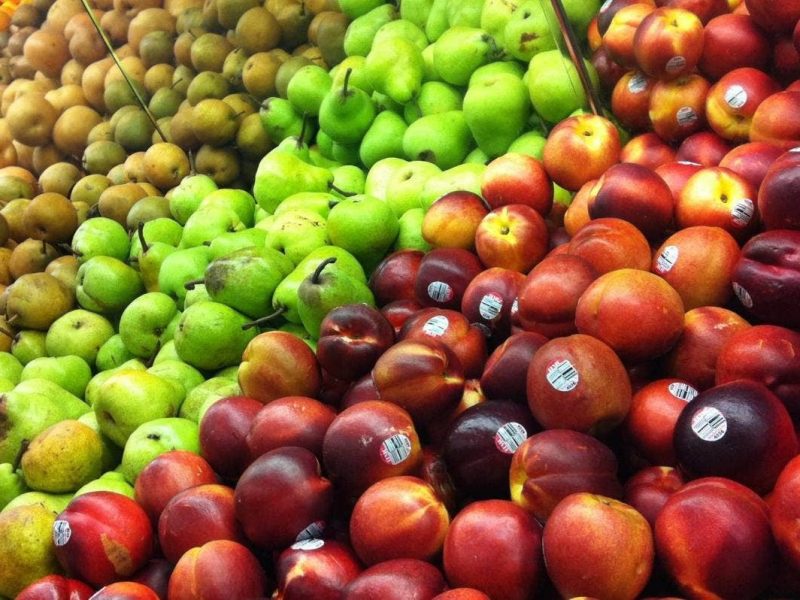
The Commerce Commission has updated its information regarding country of origin labelling as part of the Consumer Information Standards (Origin of Food) Regulations 2021.
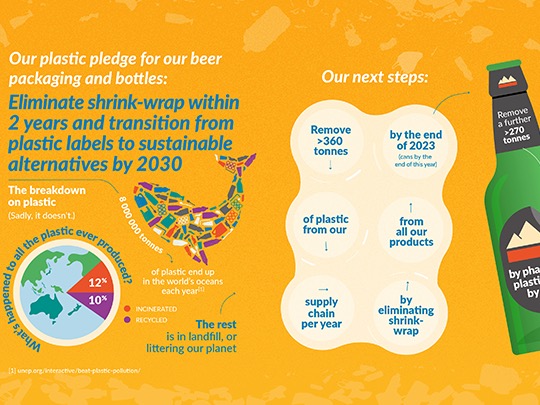
Australasian brewer Lion is to reduce the two largest sources of plastic in its packaging – plastic shrink-wrap and plastic labels on beer bottles in Australia.
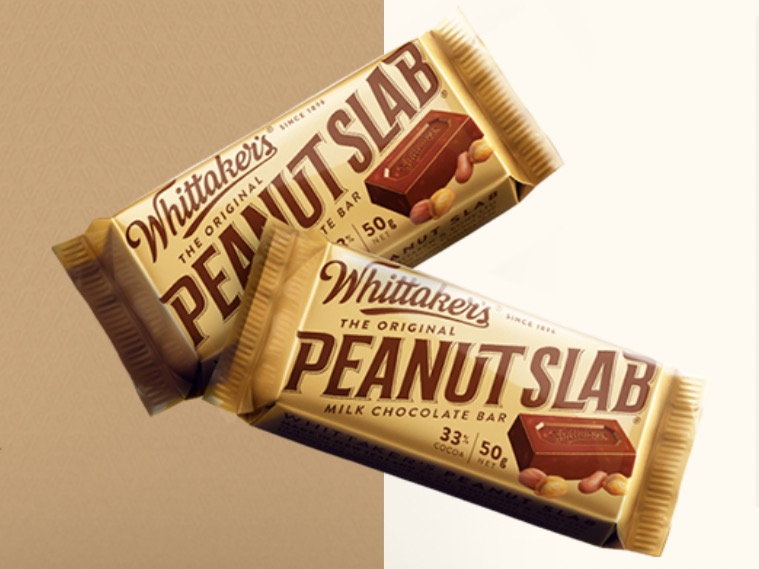
The chocolate company tested a limited run of its Peanut Slab in compostable wrappers as part of its move to 100% sustainable packaging by 2025.

The transition starts with Nature’s Fresh loaves one day a week, but is soon to be followed by Molenberg, Vogel’s and Freya’s.
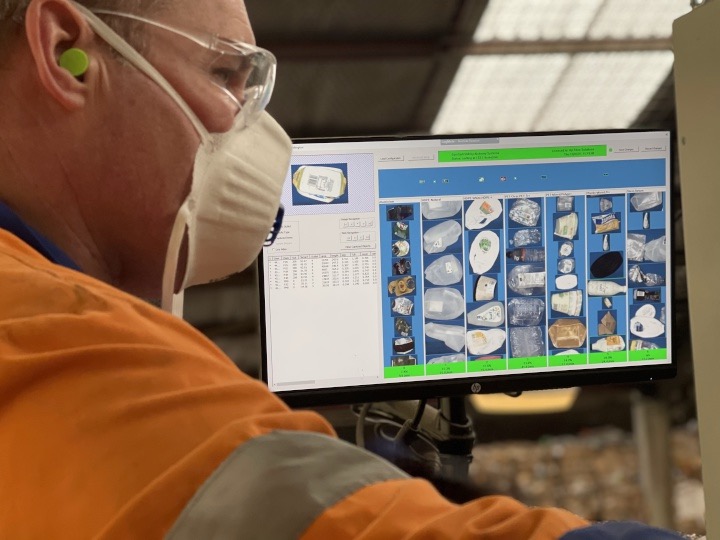
Wellington City Council’s recycling facility now has an optical sorter, capable of diverting over seven million meat and other clear plastic trays from the region’s landfills and overseas processors each year.

The Waitaki Resource Recovery Trust has partnered with packaging giant Tetra Pak to create a trial collection point for a recycling initiative.

Subscribe now to enjoy unlimited access to Food Ticker, New Zealand’s new food and beverage industry trade daily. Thank you for visiting Food Ticker. Click here for our subscription packages. We MORE »
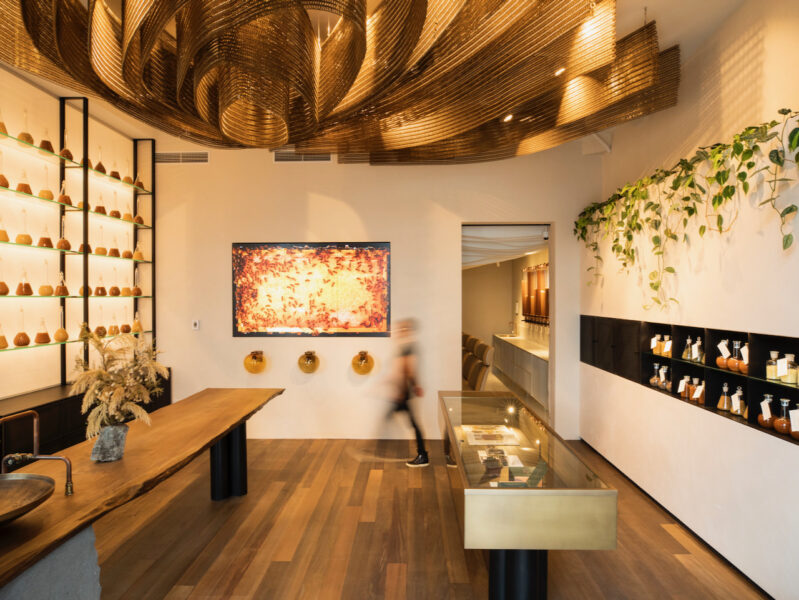
From established names like chocolatier Whittaker’s and honey specialist Comvita through to hemp meat trailblazer, Plan*t, NZ food producers have been recognised in a raft of awards this week – but not always for their food.

The Packaging Forum has welcomed the government’s move to phase-out difficult-to-recycle and some single-use plastics, but called for care when choosing alternatives.

The association welcomes government’s moves to phase out problem plastics and some single-use plastics within four years, but warns that a smooth transition by some food producers could be hindered by global freight issues.
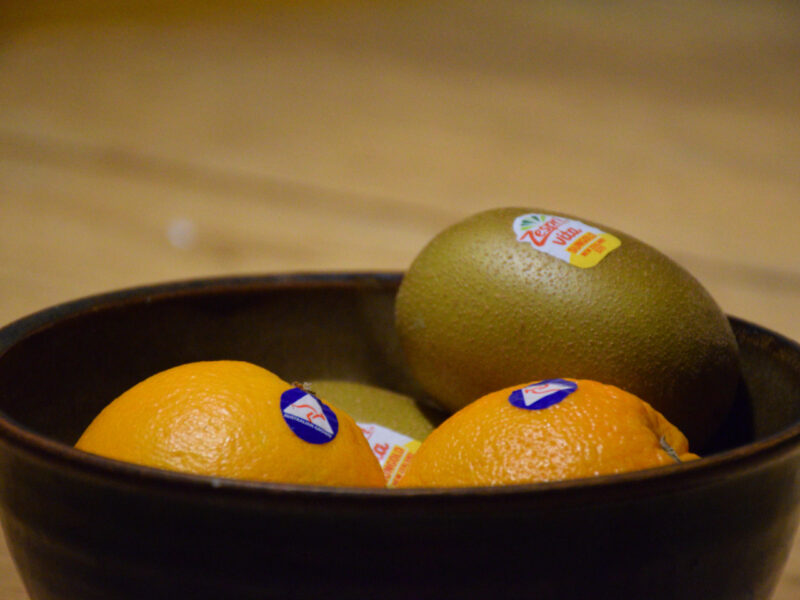
The packaging and produce sectors were blindsided by government’s 2023 plastic fruit stickers deadline, warn on costs, complexity.

New Zealand’s two major supermarket groups say they are already taking steps to transition away from unnecessary and unwanted plastic use ahead of the government’s new measures to clamp down on single-use and difficult-to-recycle plastic by 2025.

The government is banning difficult to recycle food and drink packaging and a raft of single-use plastics by 2025.
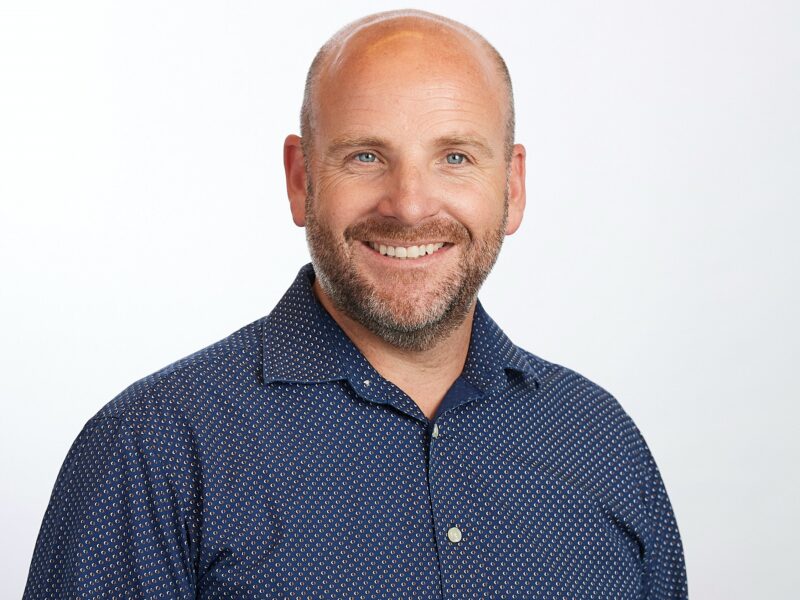
Leading packaging company JFS says government indecision and social pressures have driven food companies into a “holding pattern”.

A New Zealand packaging industry group has moved to galvanise action on compostable packaging by launching consultation on what it calls one of the sector’s most pressing issues.

A collection of businesses, NGOs and governments from across New Zealand, Australia and the Pacific Islands have joined together to back an ambitious range of targets to eliminate plastic waste from supply chains by 2025.
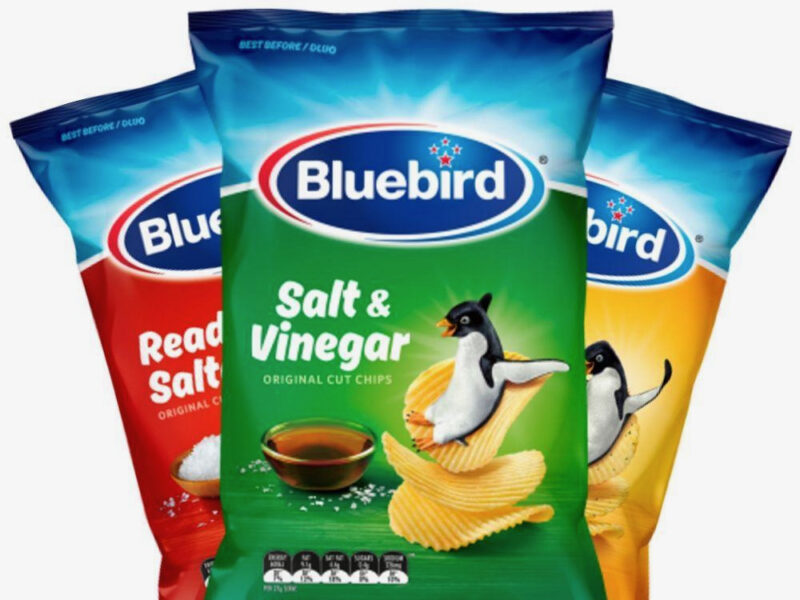
Pepsico says it will be the first large food FMCG business to move to 100% recyclable, compostable or biodegradable packaging across its entire snacks range in Australasia.

“The Government has invested 18 months of work into figuring out how a container return scheme would work, but unfortunately vested industry groups are pushing hard to exclude glass from the scheme.”

New carbon-negative sugarcane-based packaging gives food manufacturers an alternative to plastic.
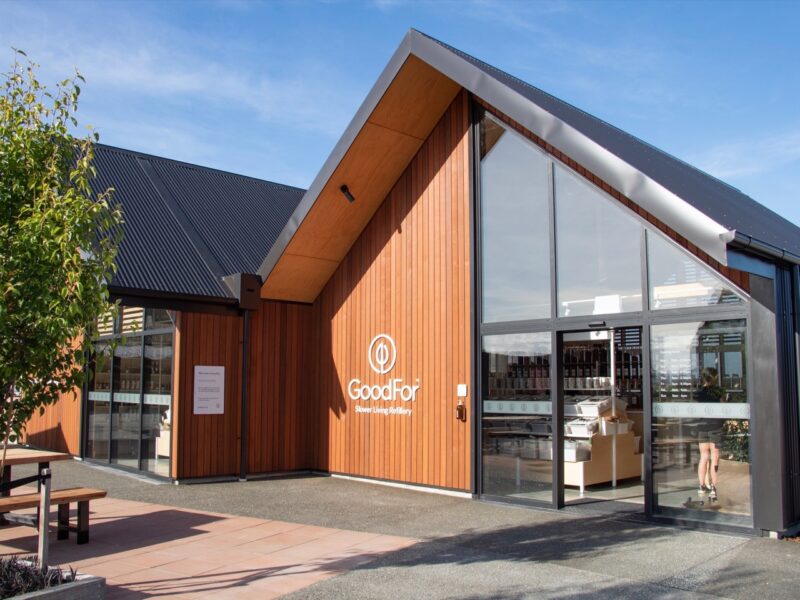
The package-free grocery store network is planning to expand.
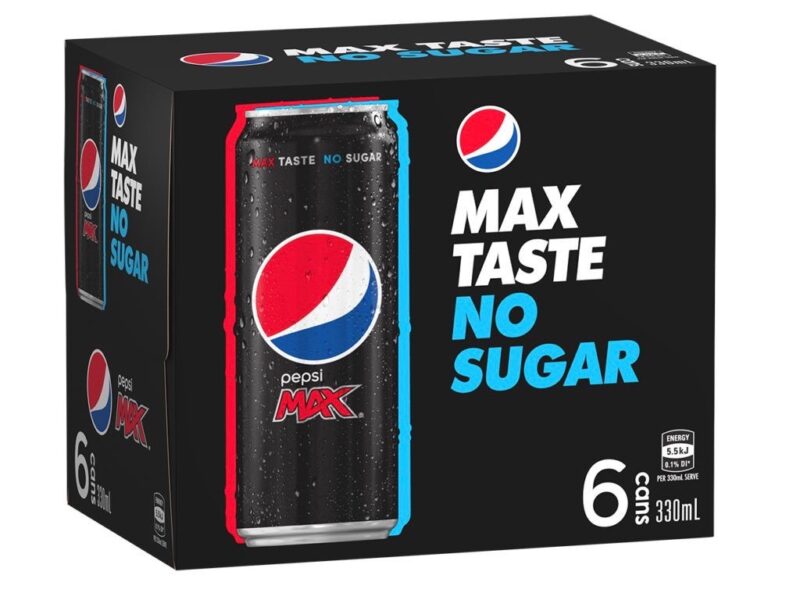
Reducing waste, carbon emissions, water usage, sugar and non-recyclable packaging form the backbone of Frucor Suntory’s ten-year sustainability plans.

The KitKat wrapper was produced by collecting and processing waste soft plastic.

The US-based multinational manufacturer enters a partnership to develop biodegradable packing.

Our Seas Our Future is calling on prime minister Jacinda Ardern to ban single-use paper and plastic products.
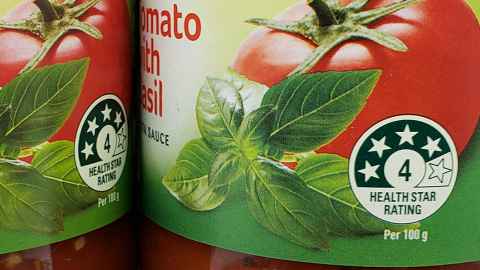
The number of products displaying the Health Star Rating labels continued to climb in the last quarter of 2020.
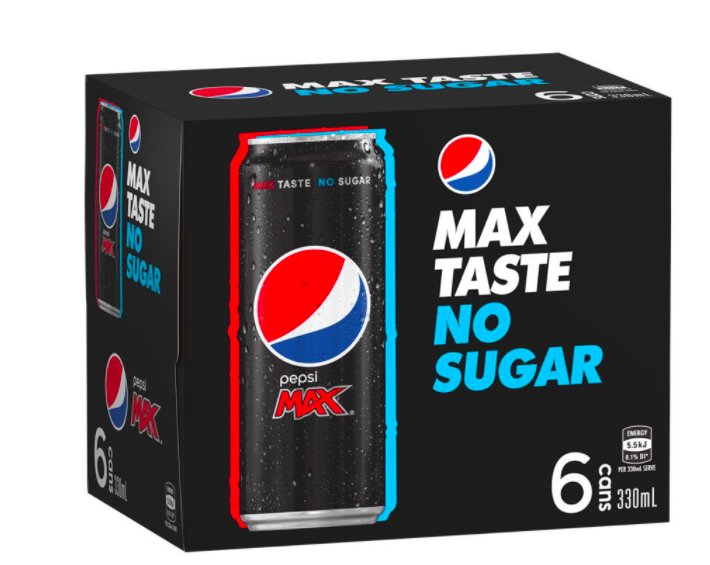
Frucor Suntory has introduced cardboard packaging to multipacks of Pepsi, Pepsi Max, Mountain Dew and 7UP.

Organisations from around New Zealand are joining calls for a ban on single-use products, as the United Nations Environment Assembly gets set to discuss sustainability.
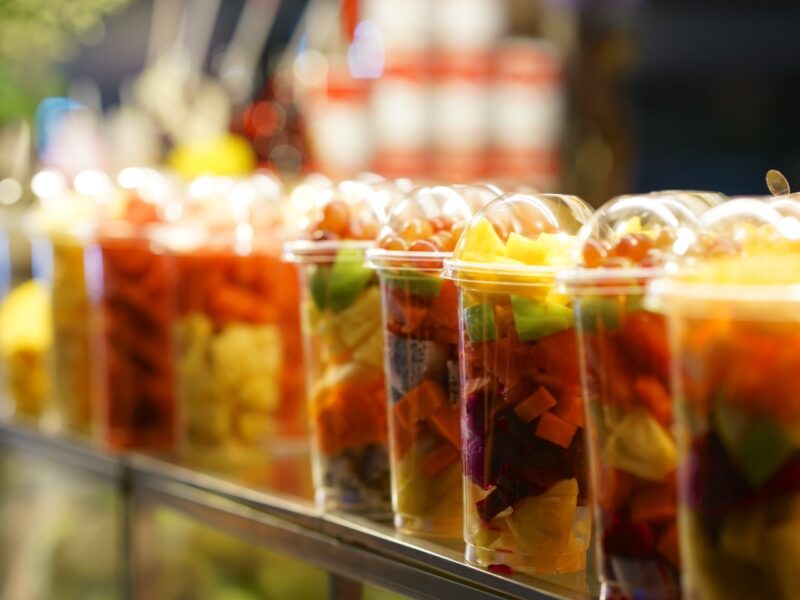
The council urges the Govt to ensure other options are also available.
© 2024 Business Media Network Ltd
Website by Webstudio